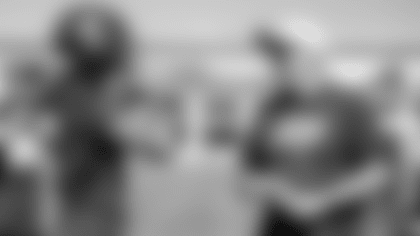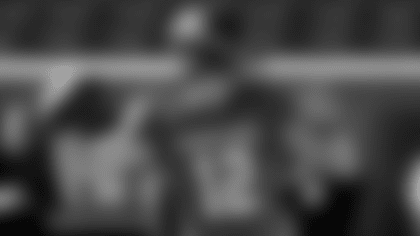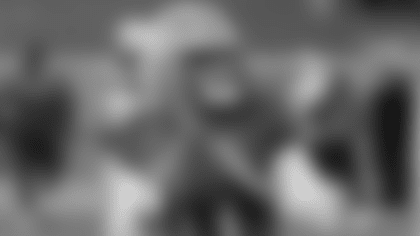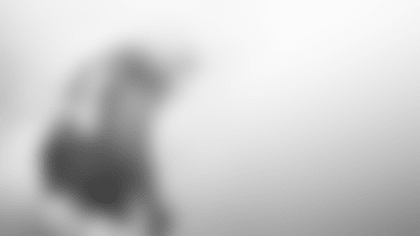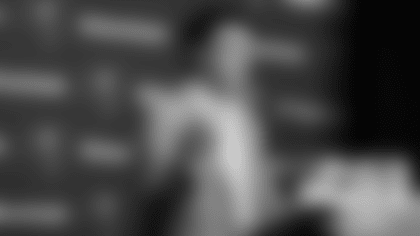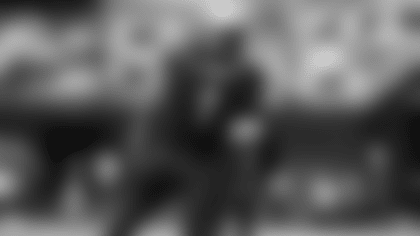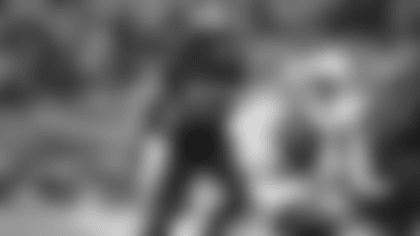Check out some of the best photos shot by the photographers of the Tampa Bay Buccaneers during the 2016 season.
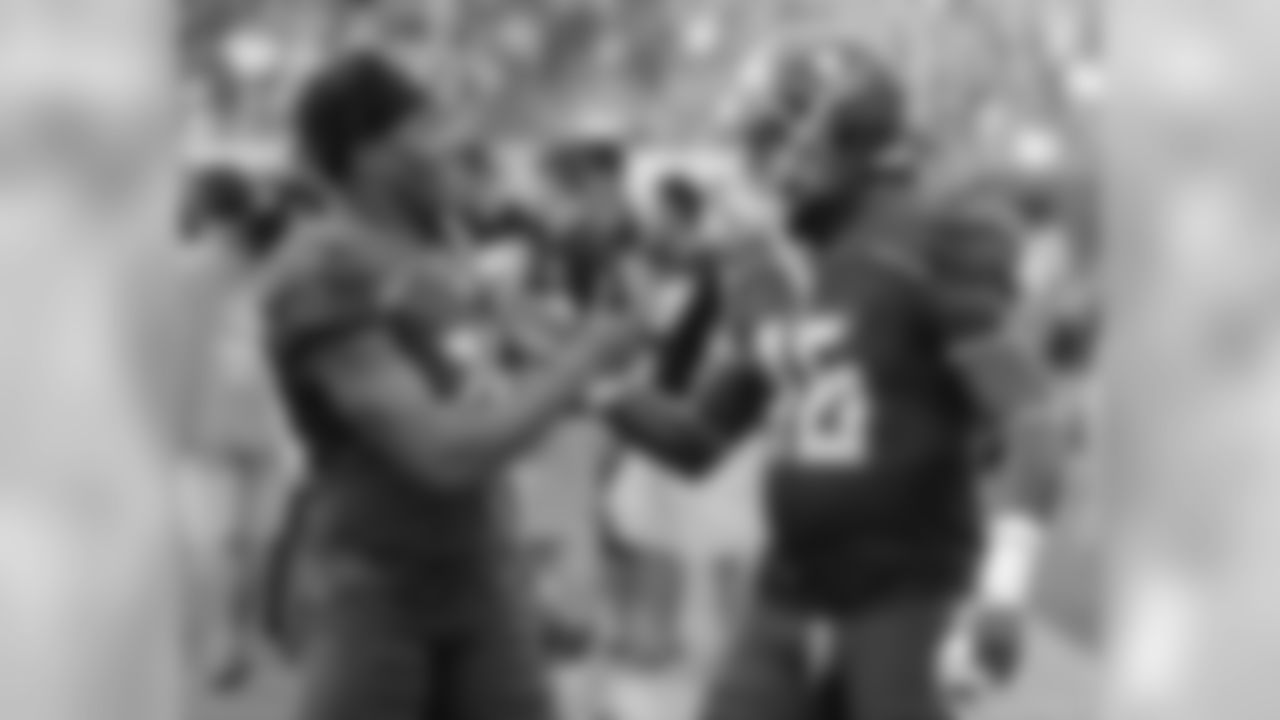
28 CB Vernon Hargreaves and #16 WR Freddie Martino
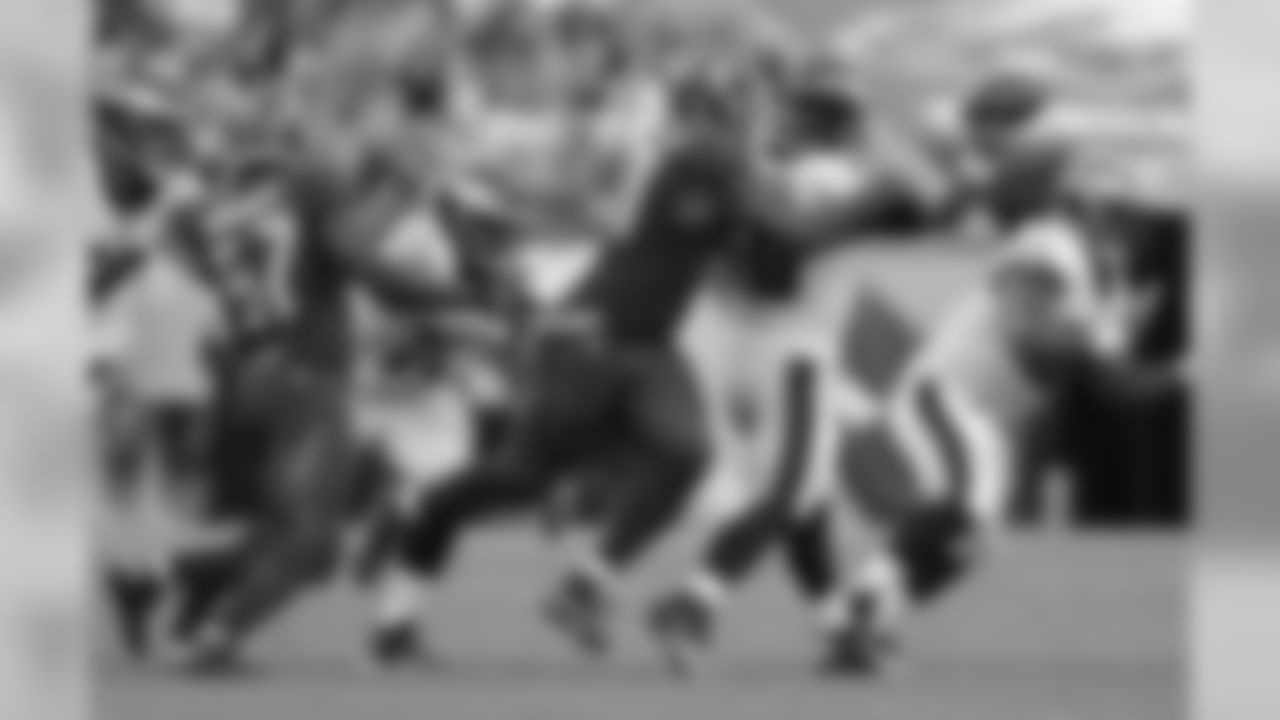
91 DE Robert Ayers and #57 DE Noah Spence
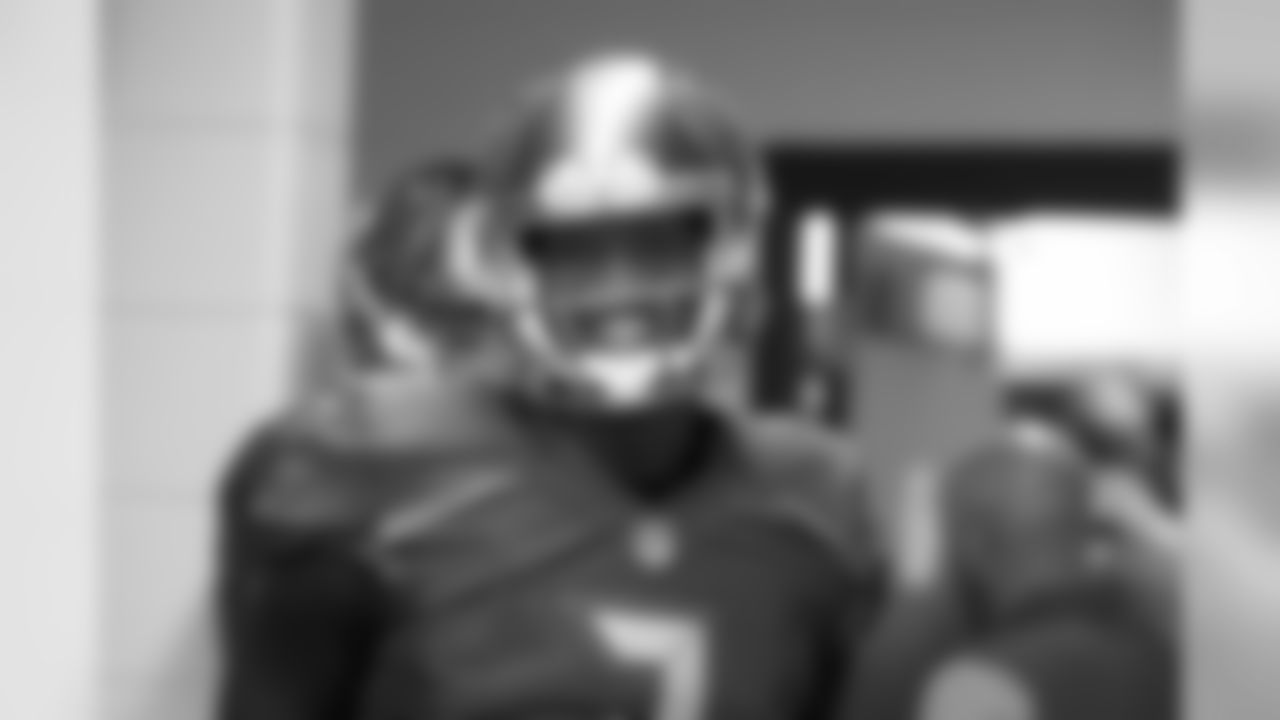
3 QB Jameis Winston
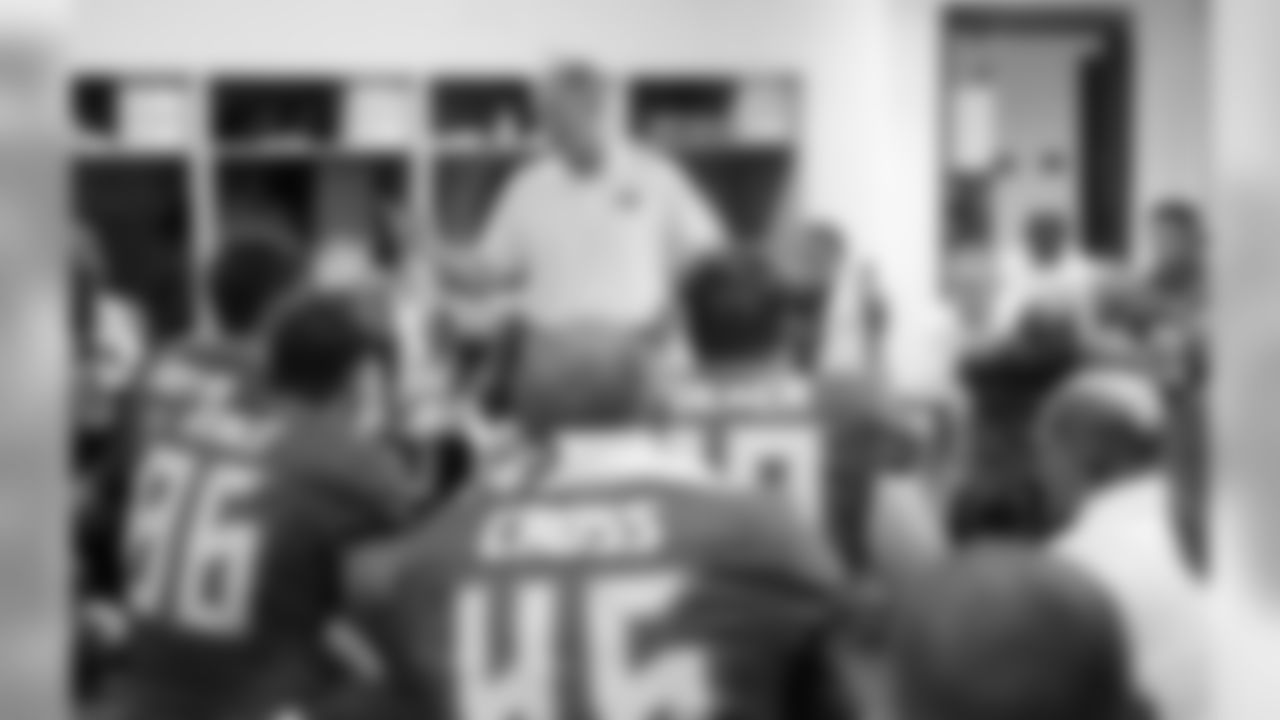
Head Coach Dirk Koetter
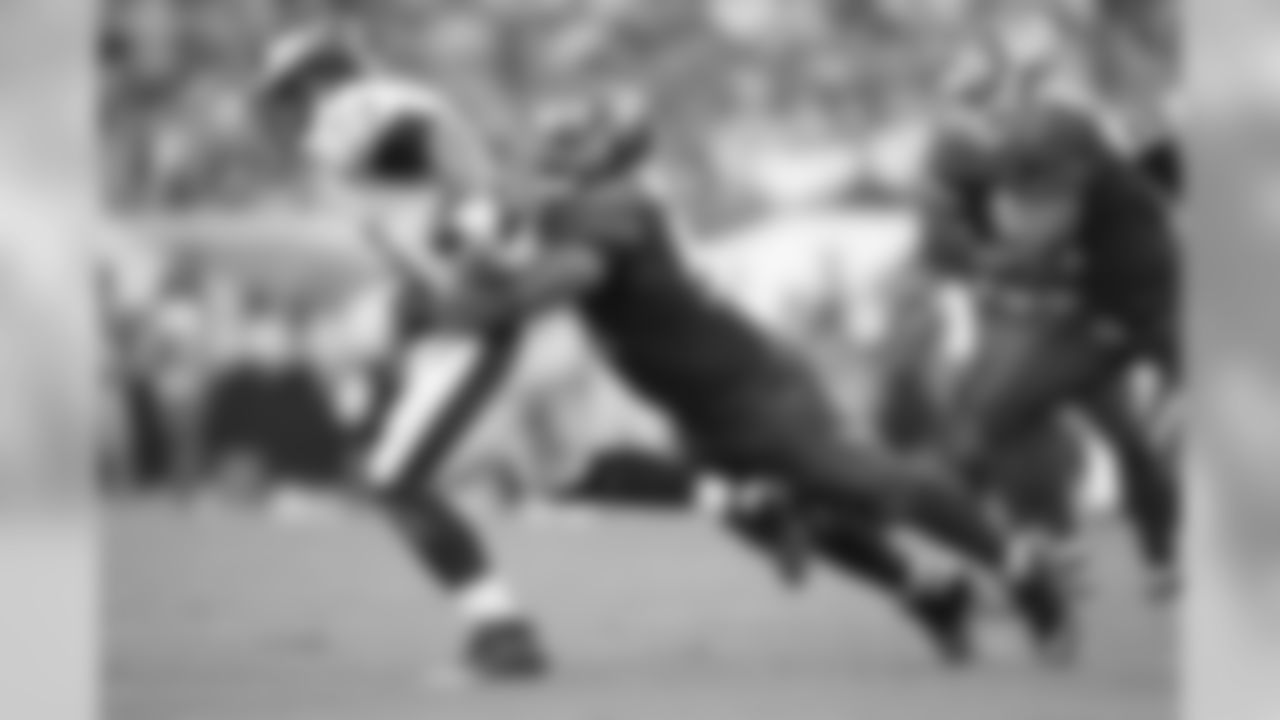
98 DT Clinton McDonald
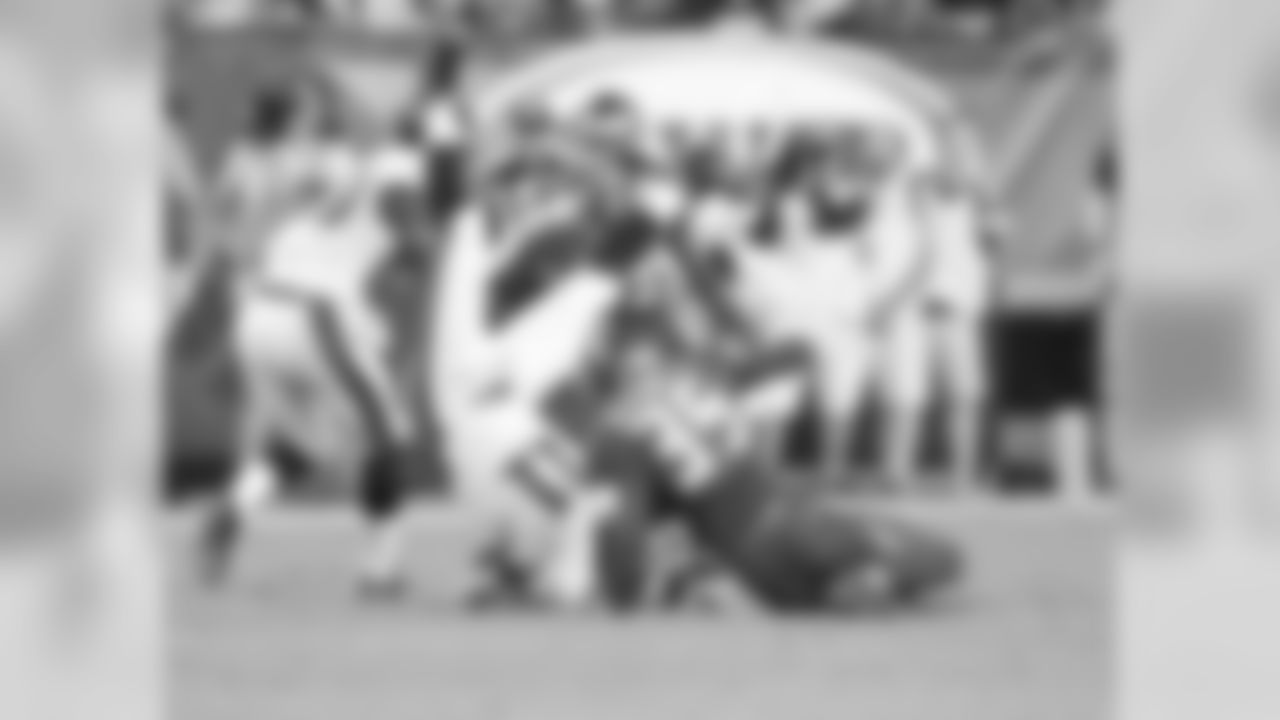
35 CB Javien Elliott
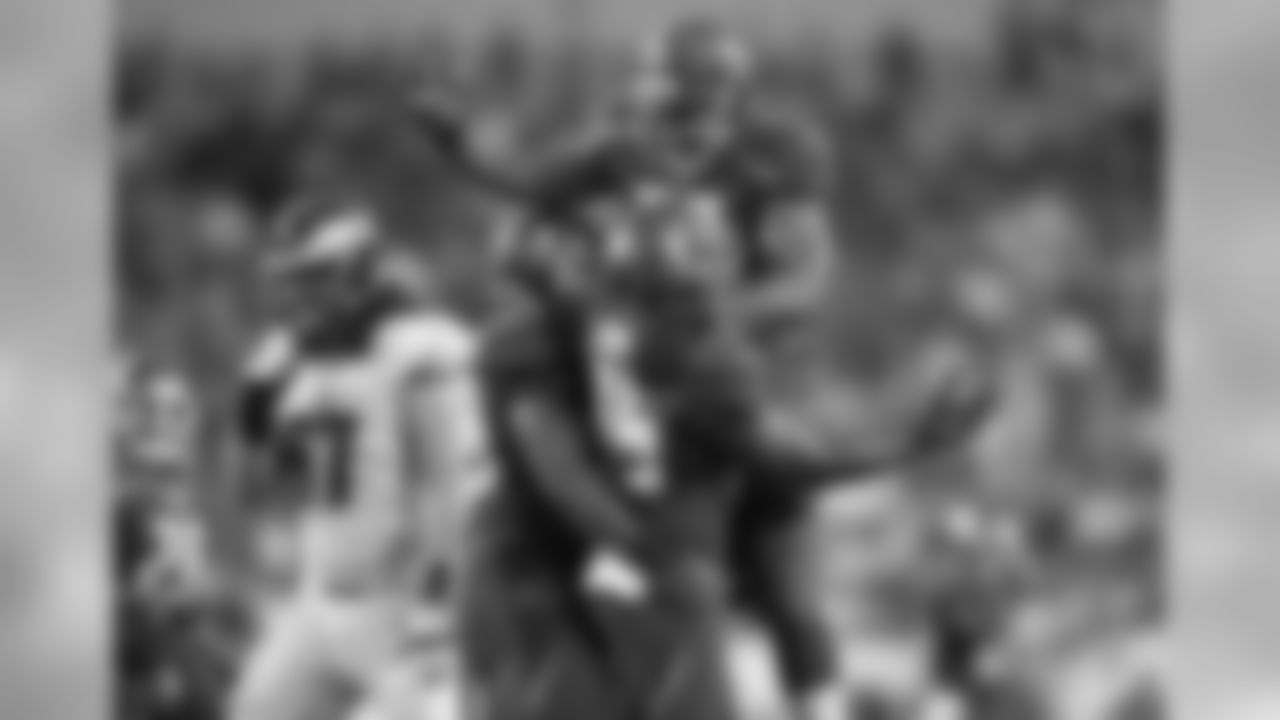
95 DE Howard Jones
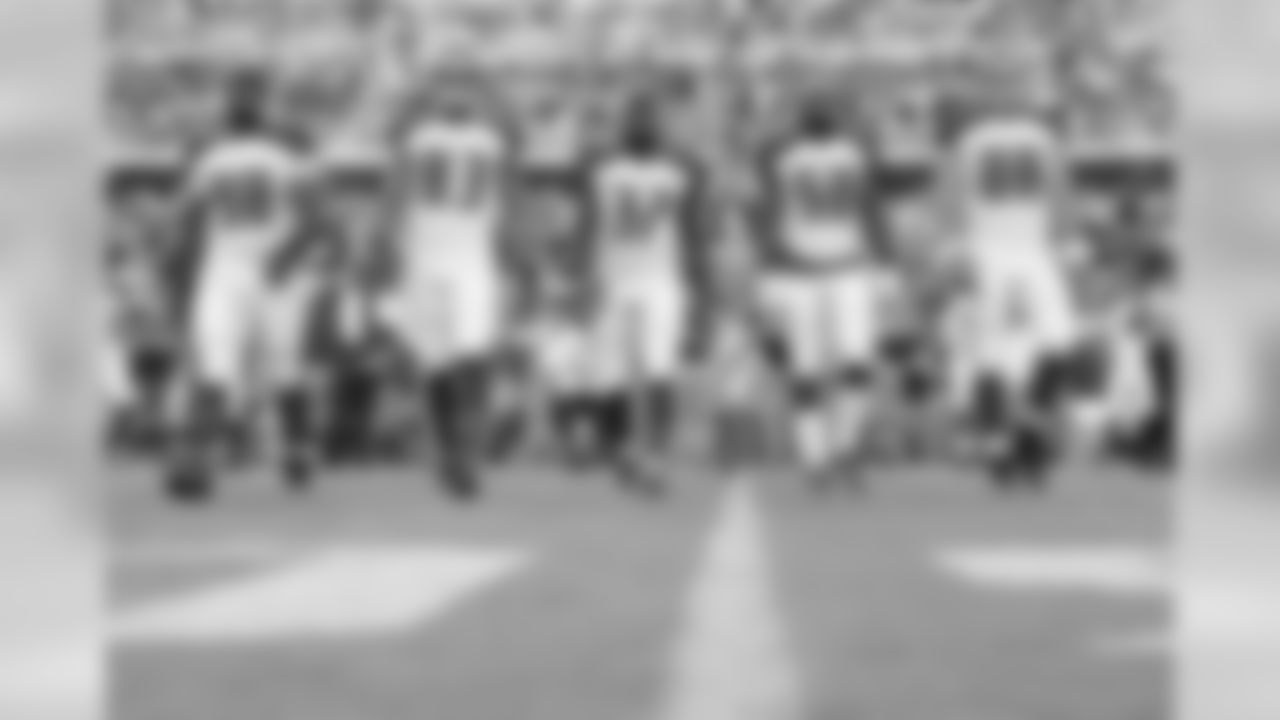
98 DT Clinton McDonald, #83 WR Vincent Jackson, #37 S Keith Tandy, #58 LB Kwon Alexander, and #88 TE Luke Stocker
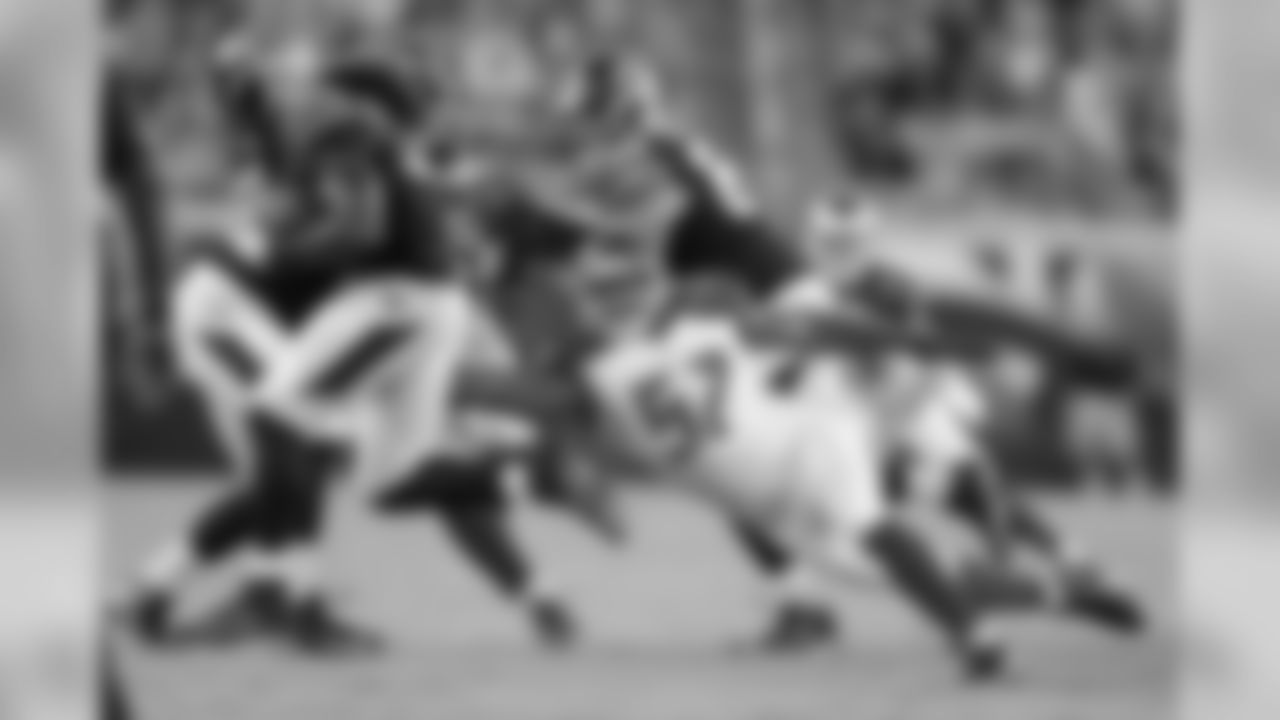
57 DE Noah Spence

13 WR Mike Evans

Team Huddle
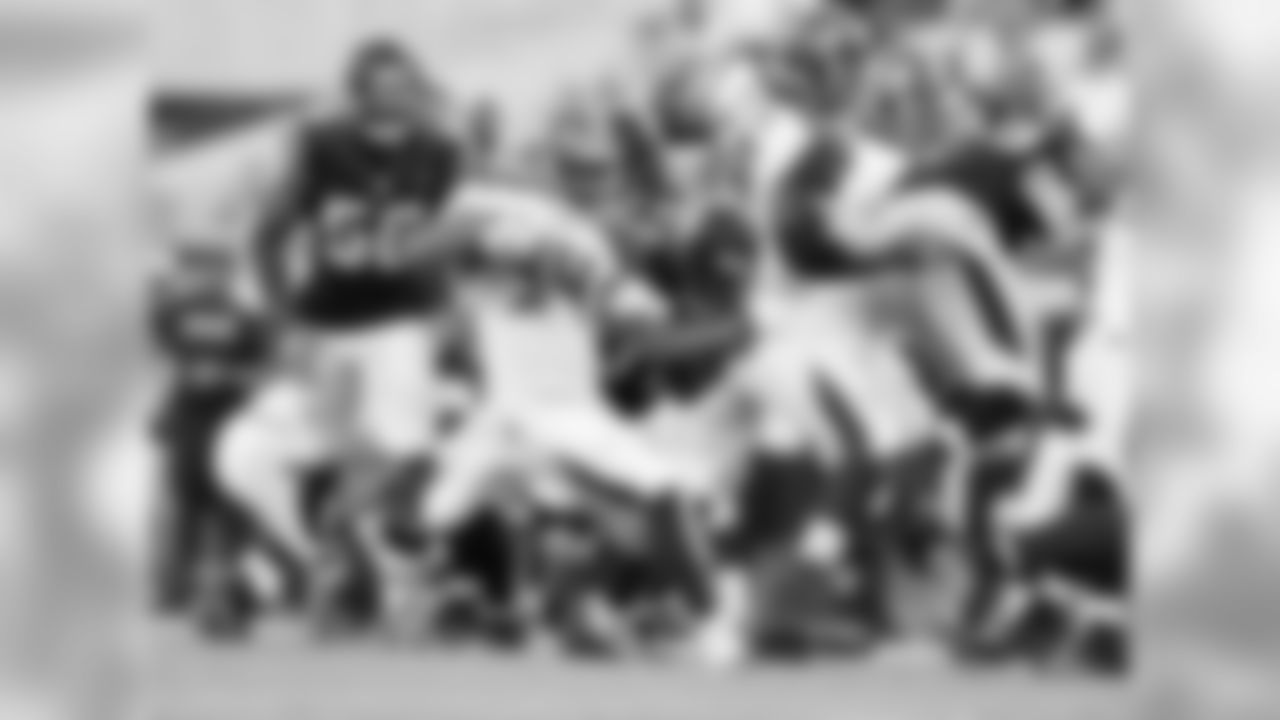
34 RB Charles Sims
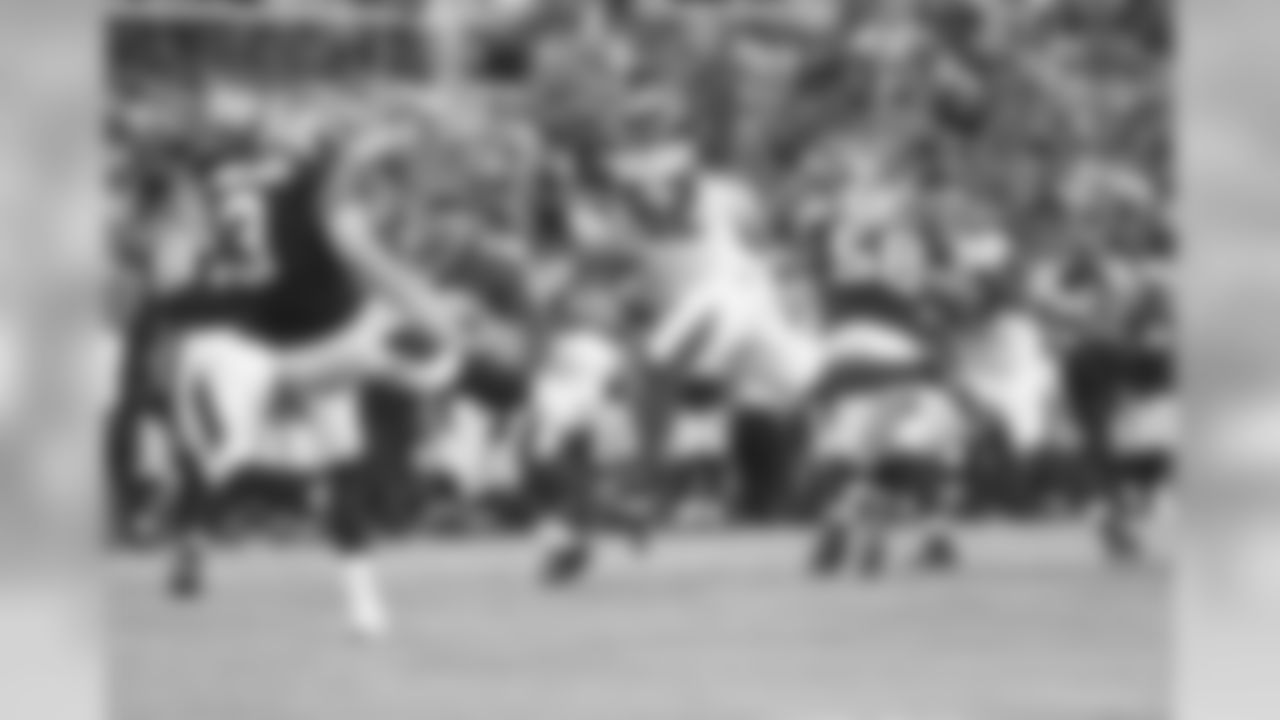
52 LB Cameron Lynch
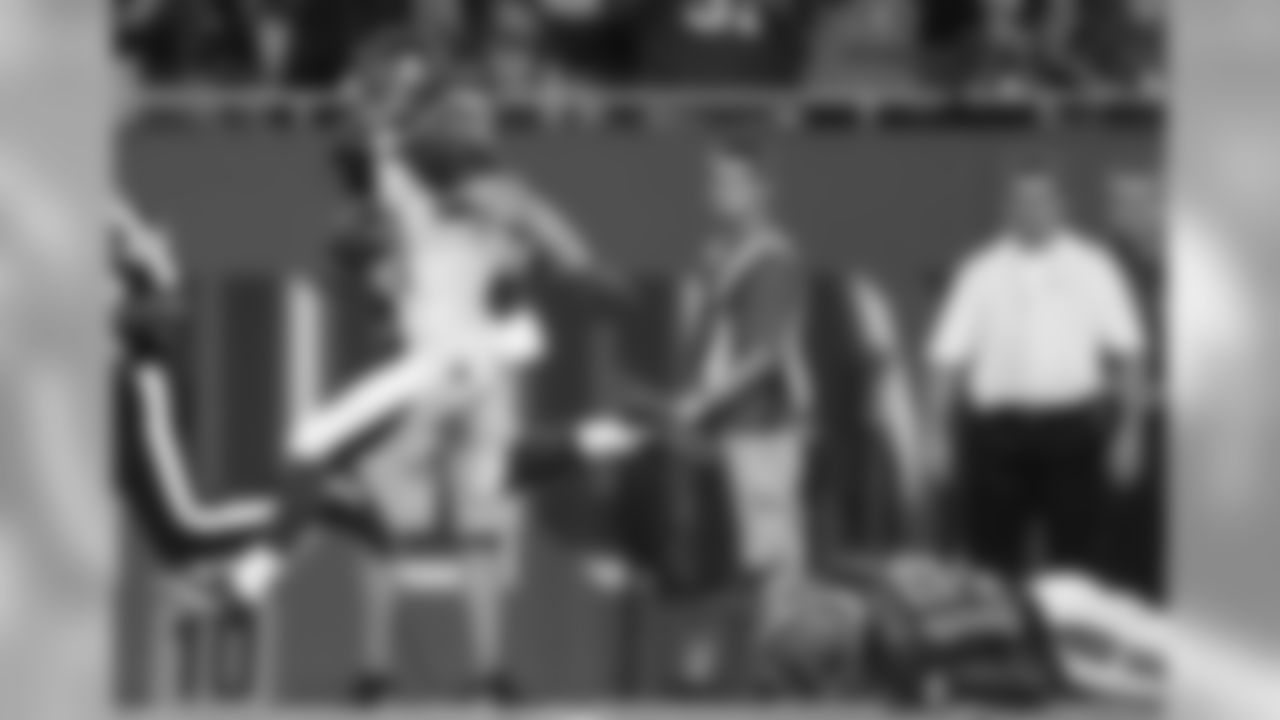
11 WR Adam Humphries

28 CB Vernon Hargreaves

Raymond James Stadium
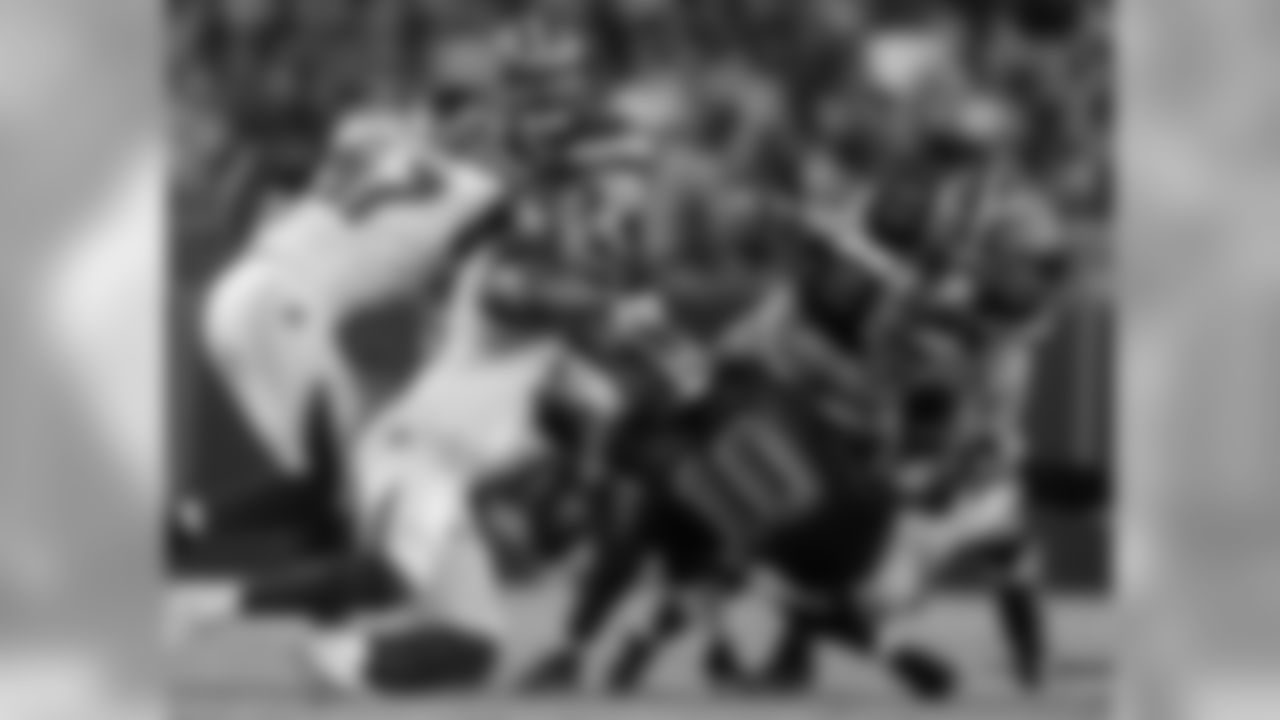
57 DE Noah Spence and #93 DT Gerald McCoy
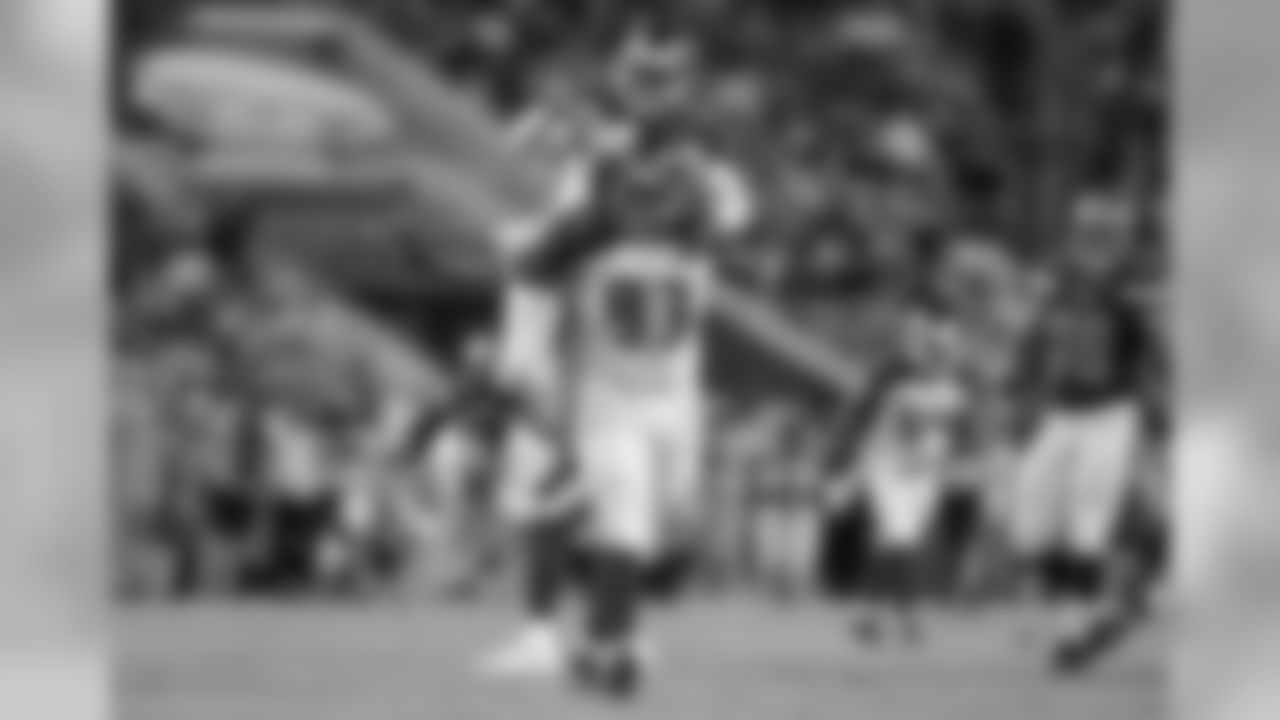
93 DT Gerald McCoy

3 QB Jameis Winston
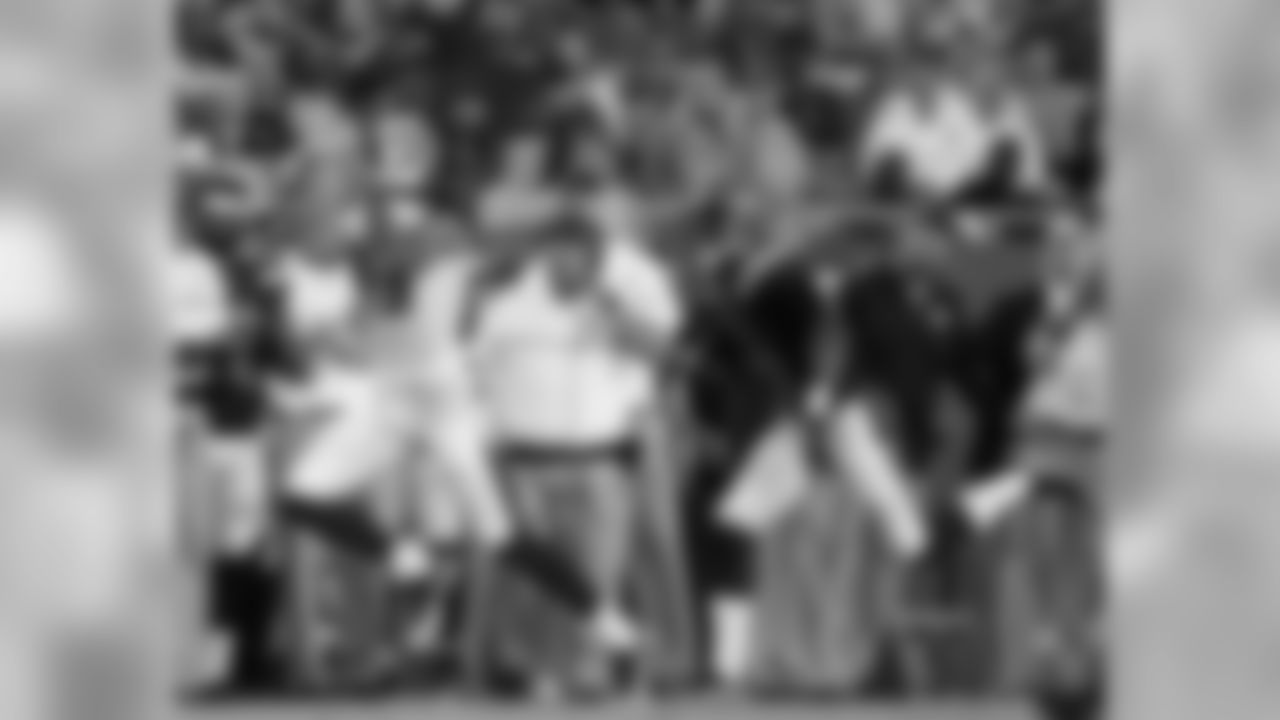
13 WR Mike Evans
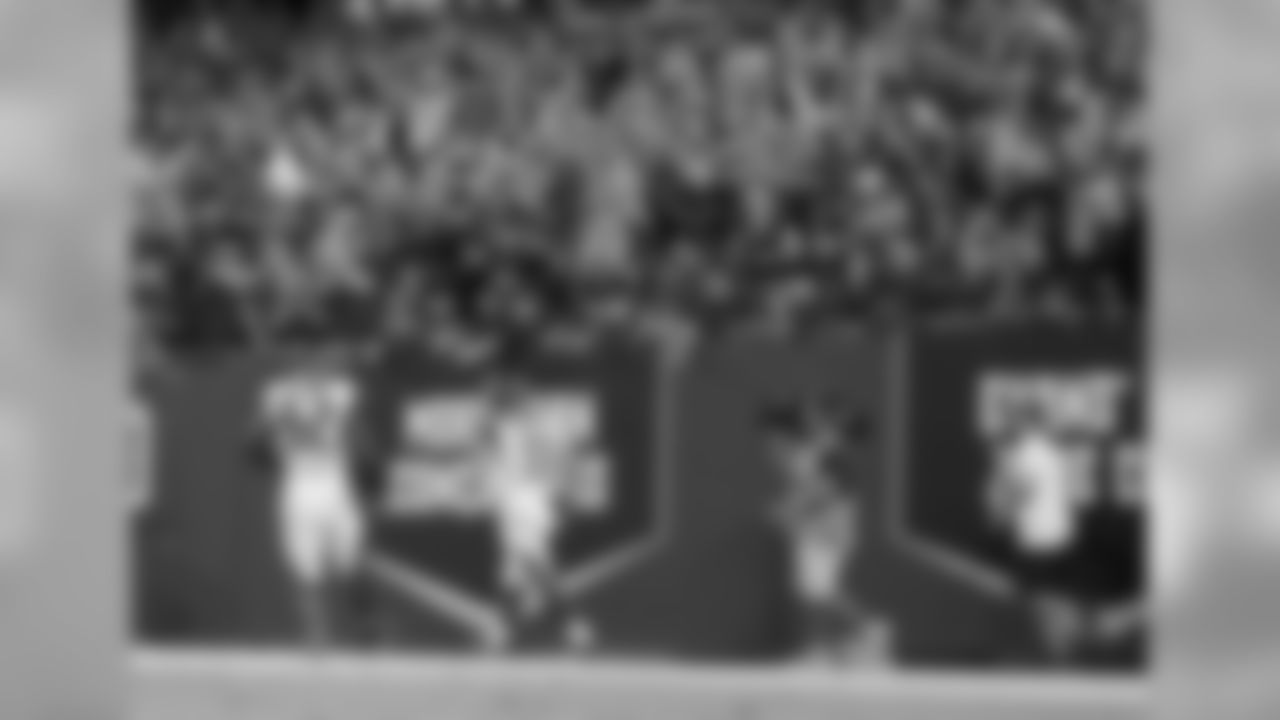
11 WR Adam Humphries

44 RB Russell Hansbrough

26 CB Josh Robinson

Buccaneer Fans
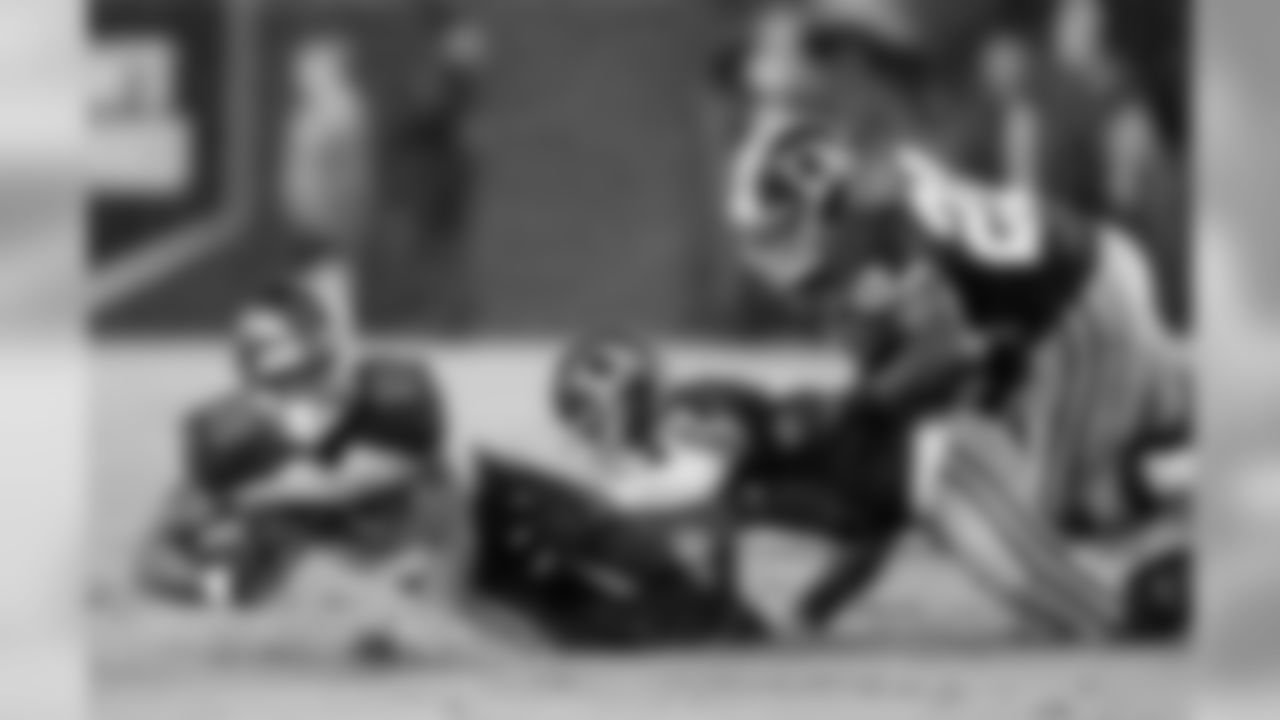
85 WR Evan Spencer

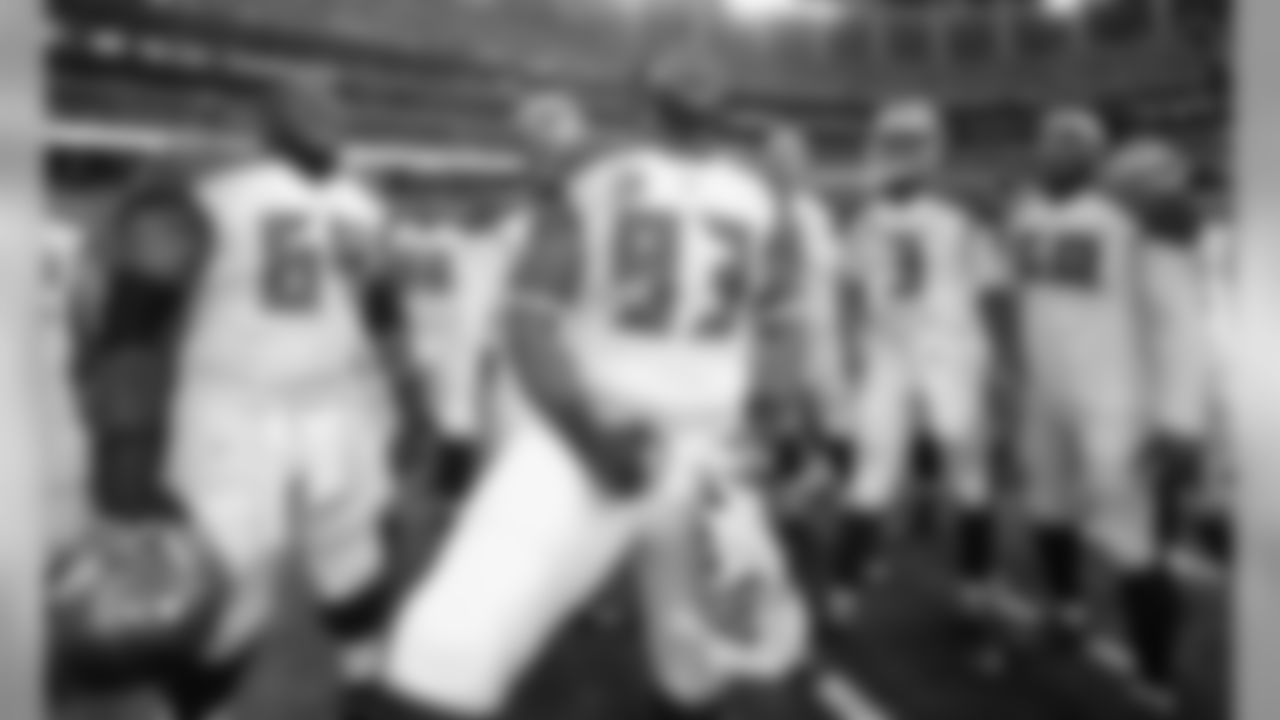
Team Huddle

82 TE Brandon Myers and #84 TE Cameron Brate
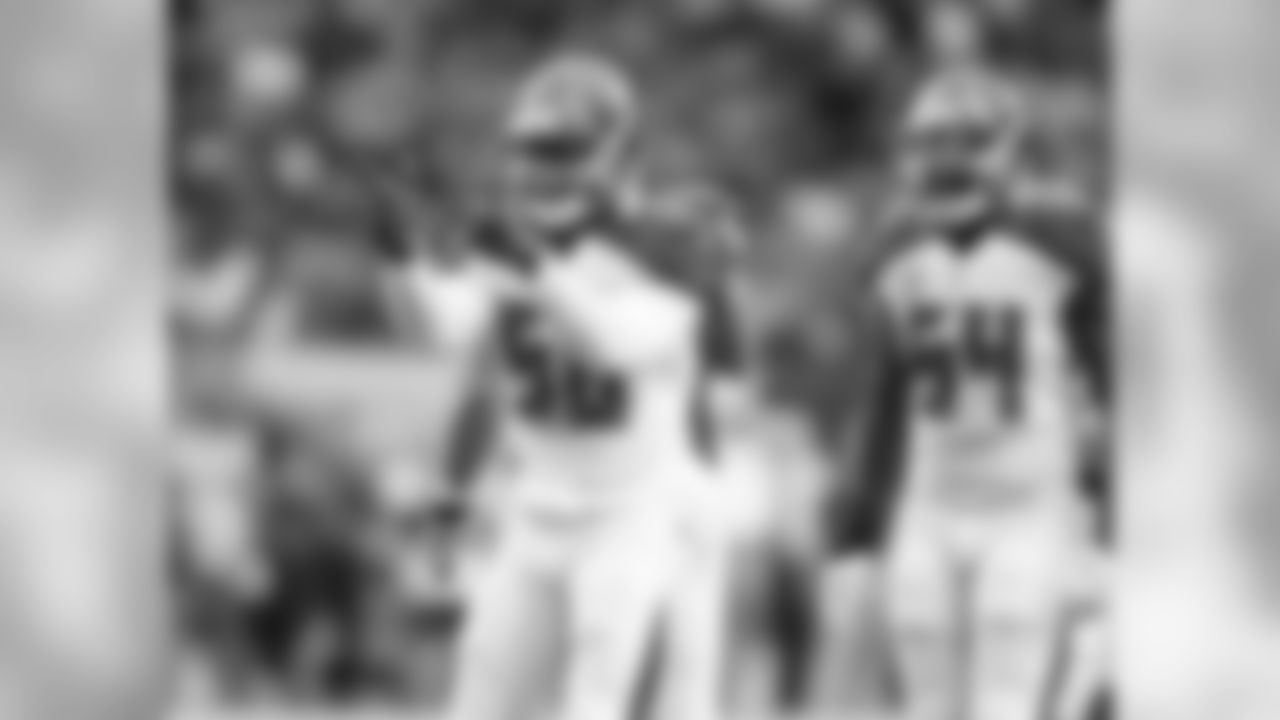
58 LB Kwon Alexander and #54 LB Lavonte David
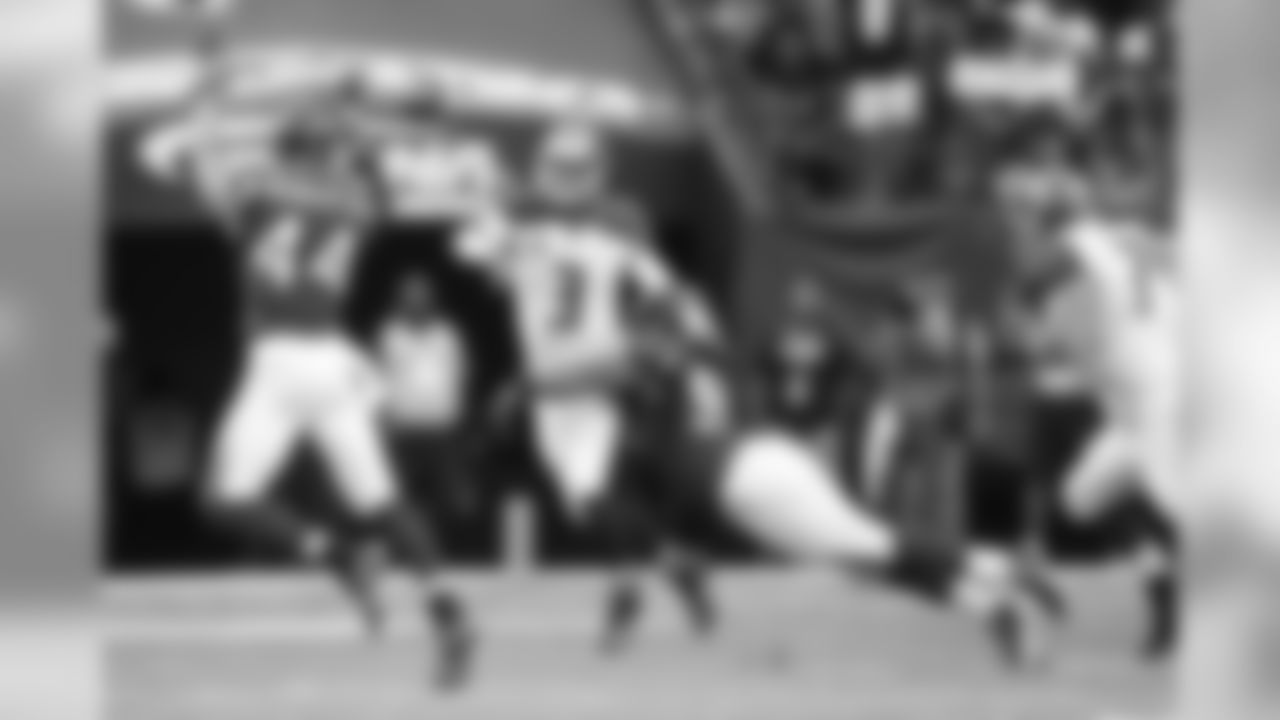
3 QB Jameis Winston
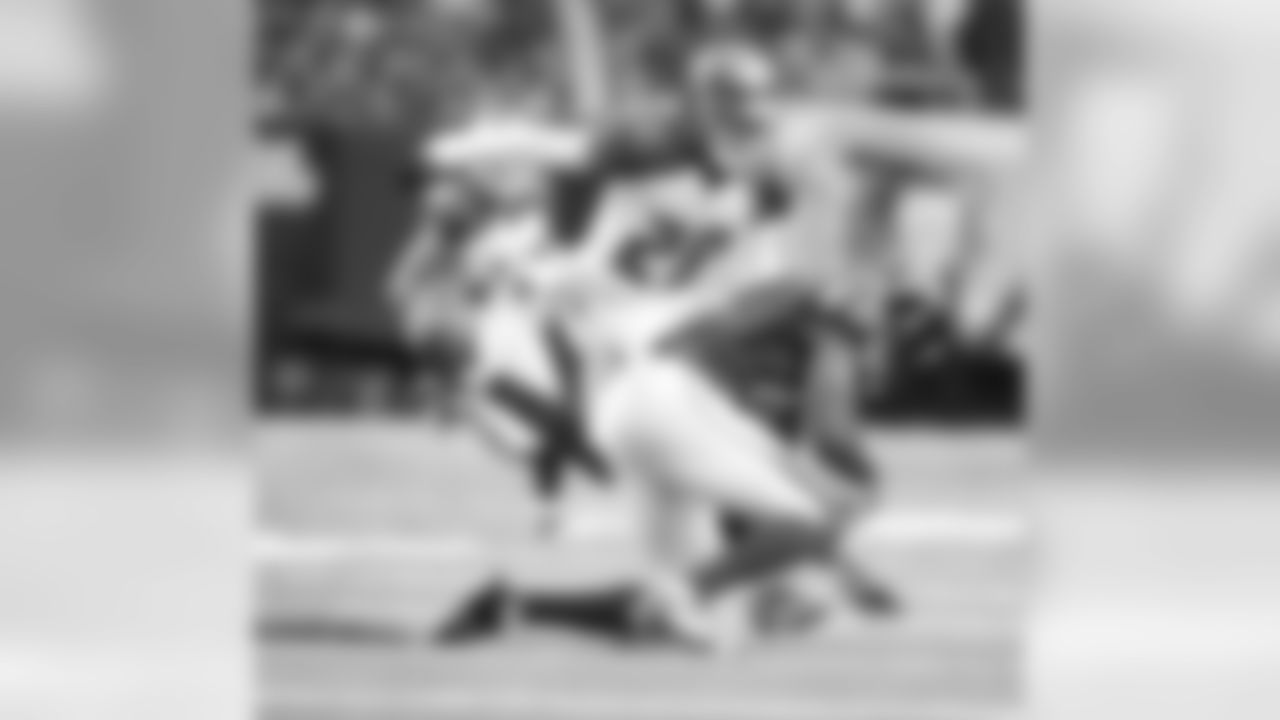
28 CB Vernon Hargreaves
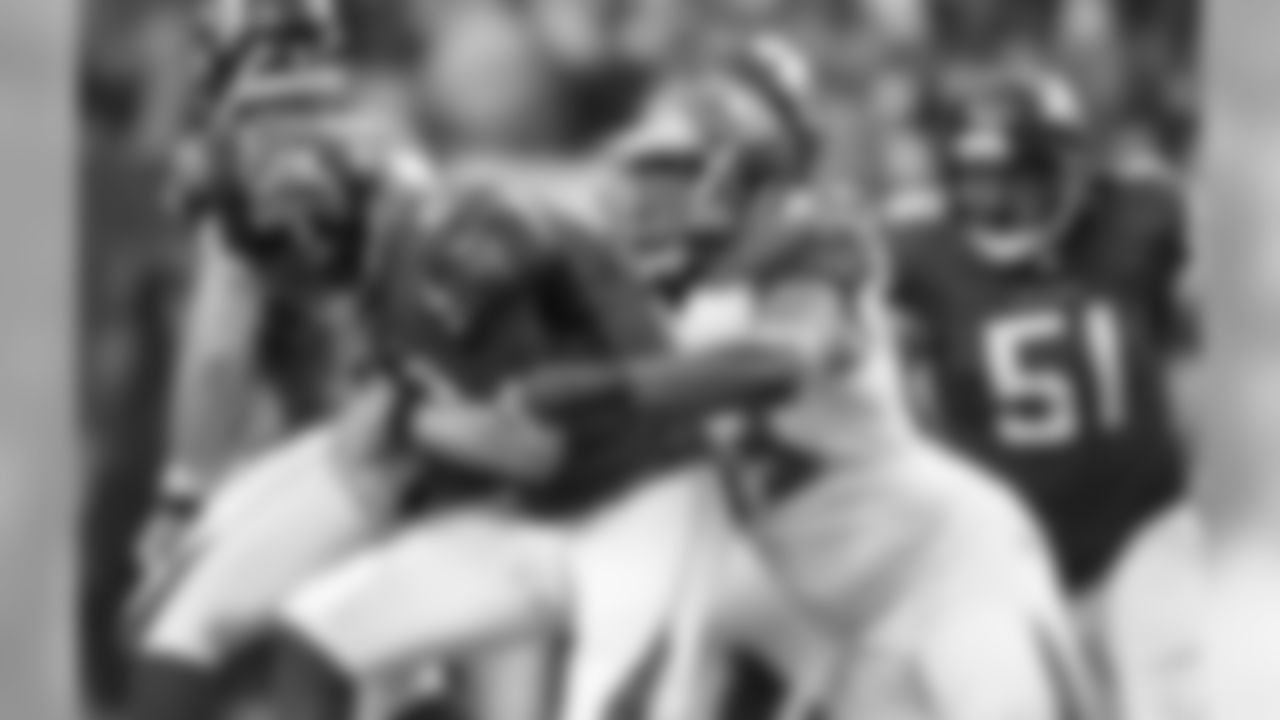
93 DT Gerald McCoy
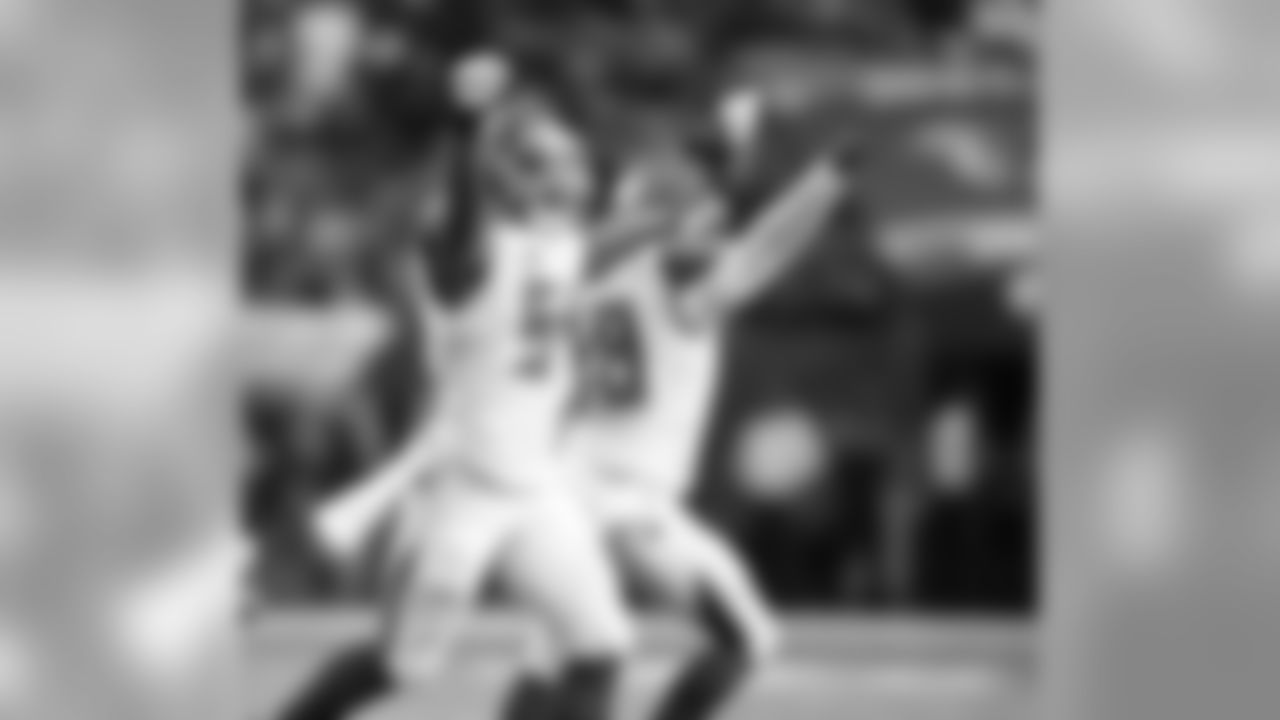
54 LB Lavonte David

Head Coach Dirk Koetter

51 LB Daryl Smith, #58 LB Kwon Alexander, and #28 CB Vernon Hargreaves
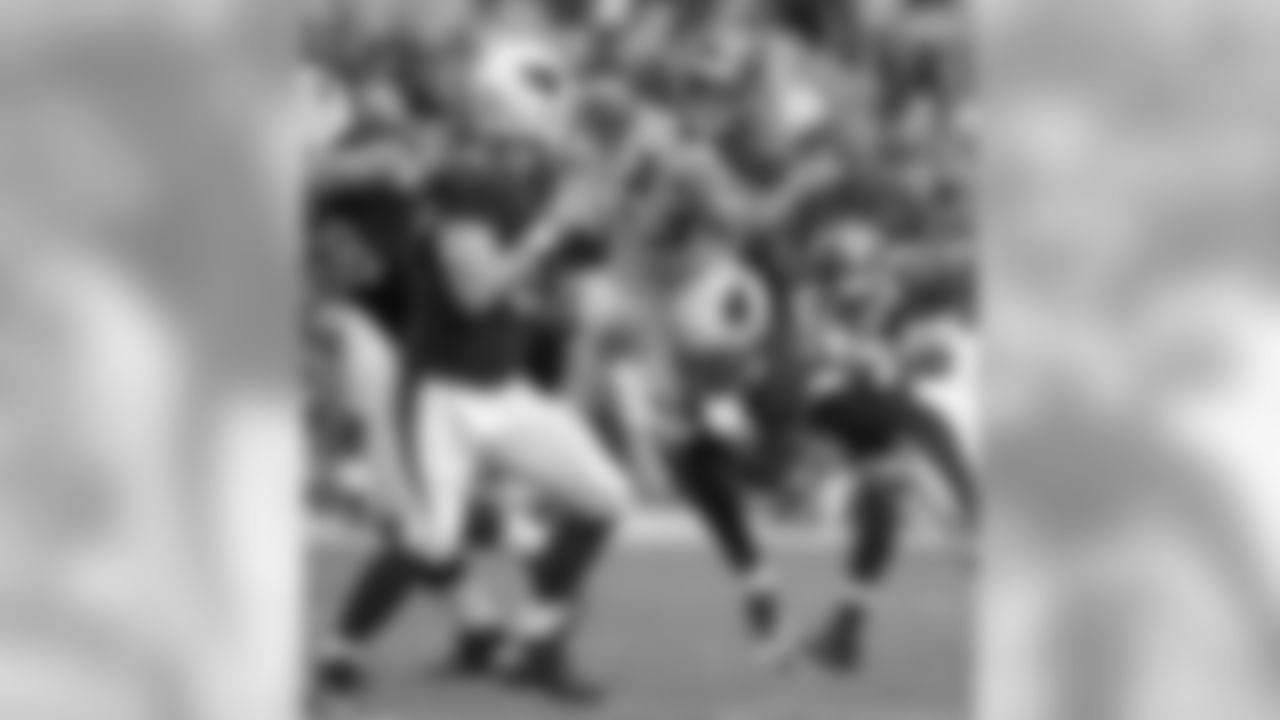
23 S Chris Conte
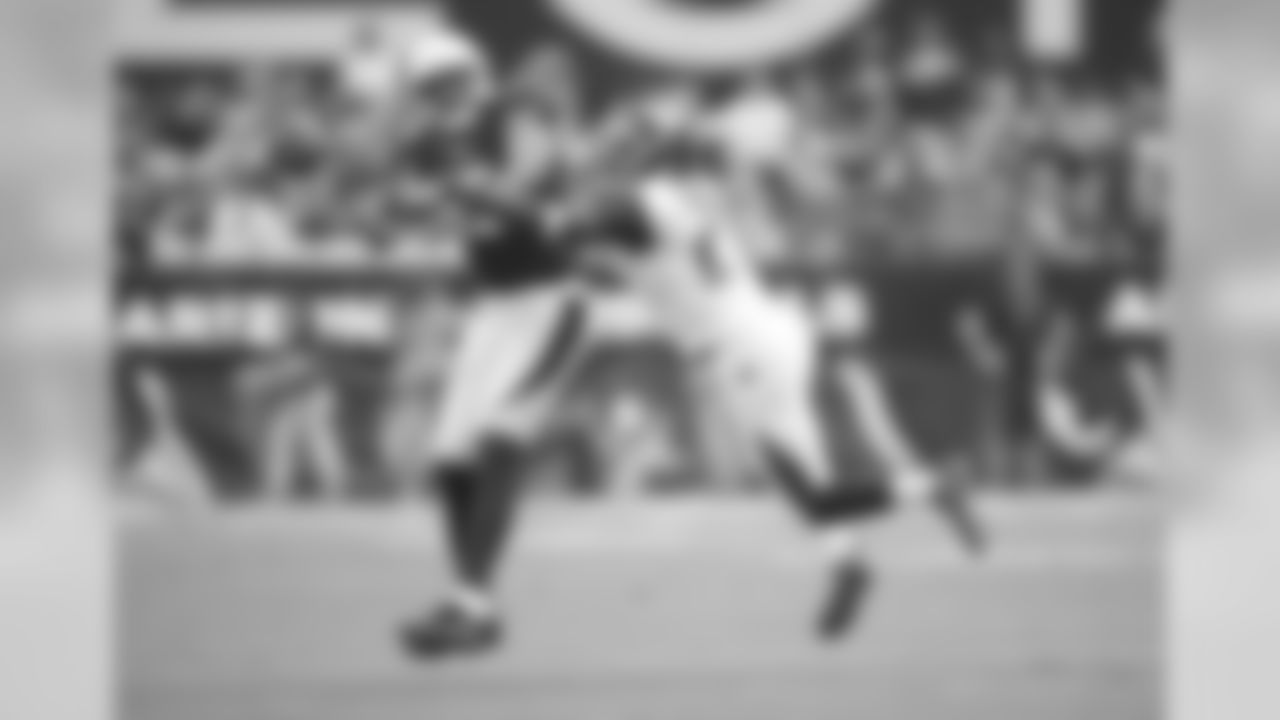
21 CB Alterraun Verner

92 DE William Gholston
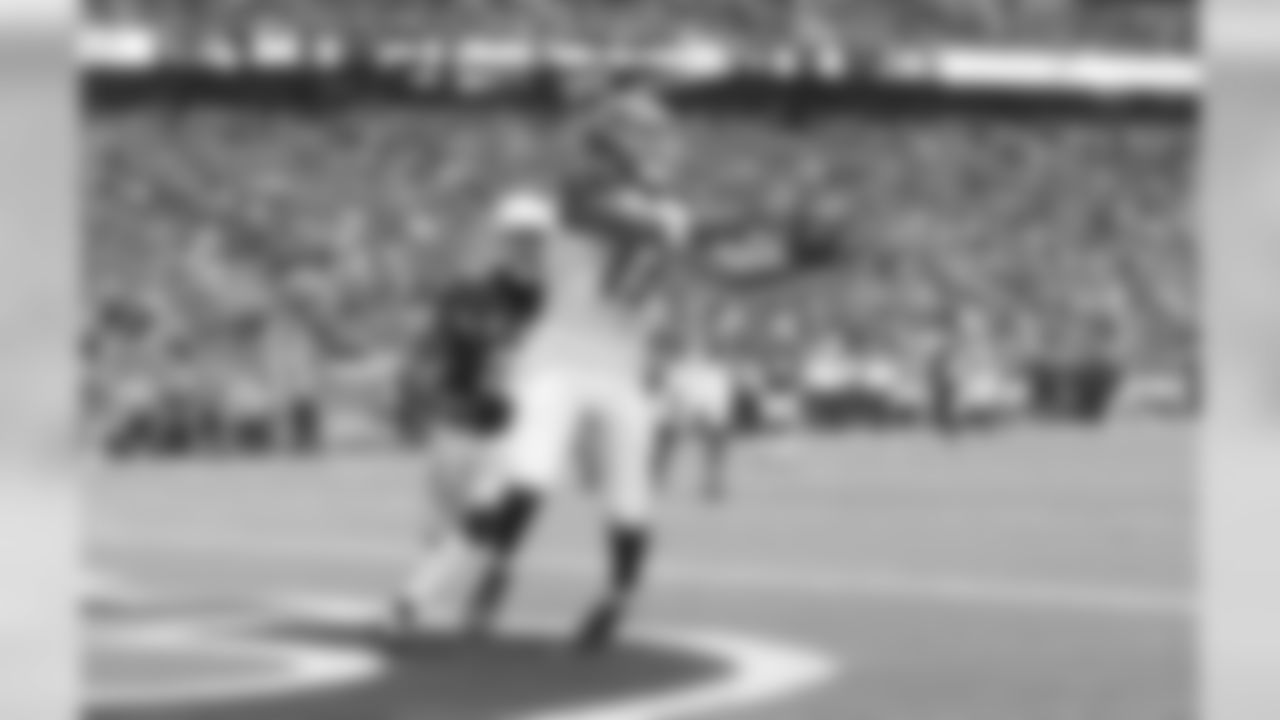
13 WR Mike Evans

American Flag and Raymond James Stadium

Buccaneer Fan

83 WR Vincent Jackson

Captain Fear
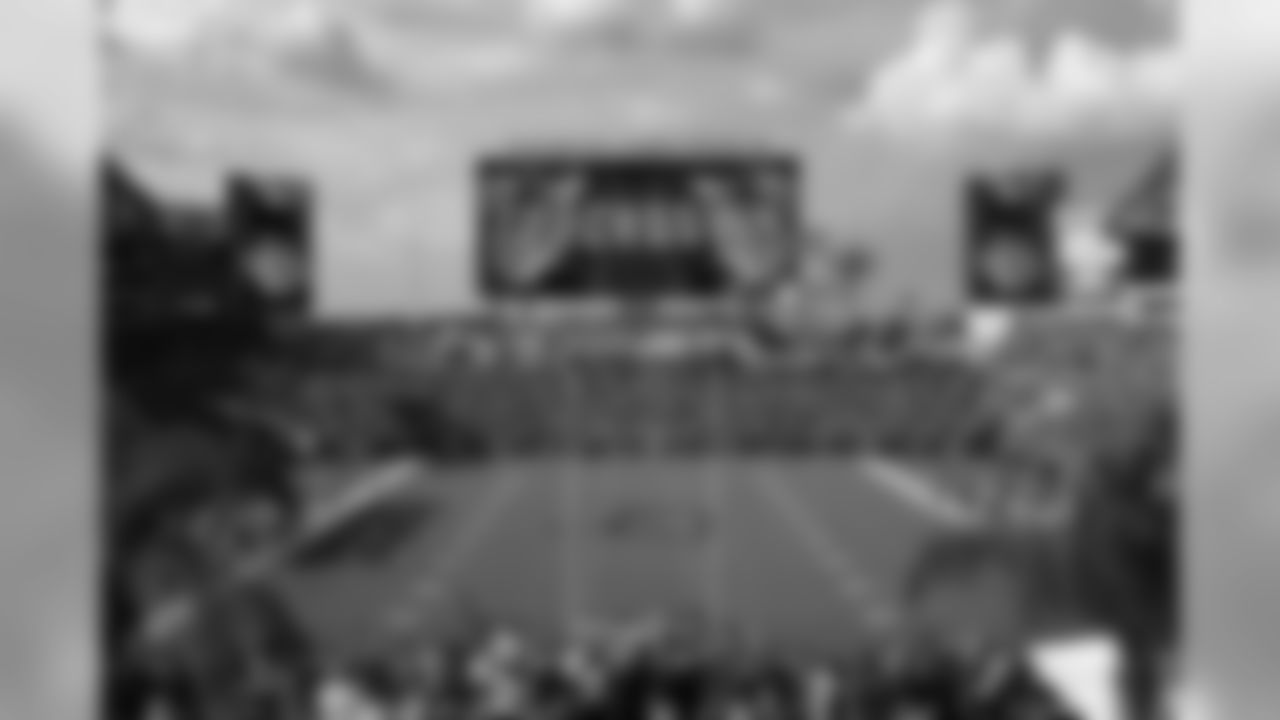
Raymond James Stadium
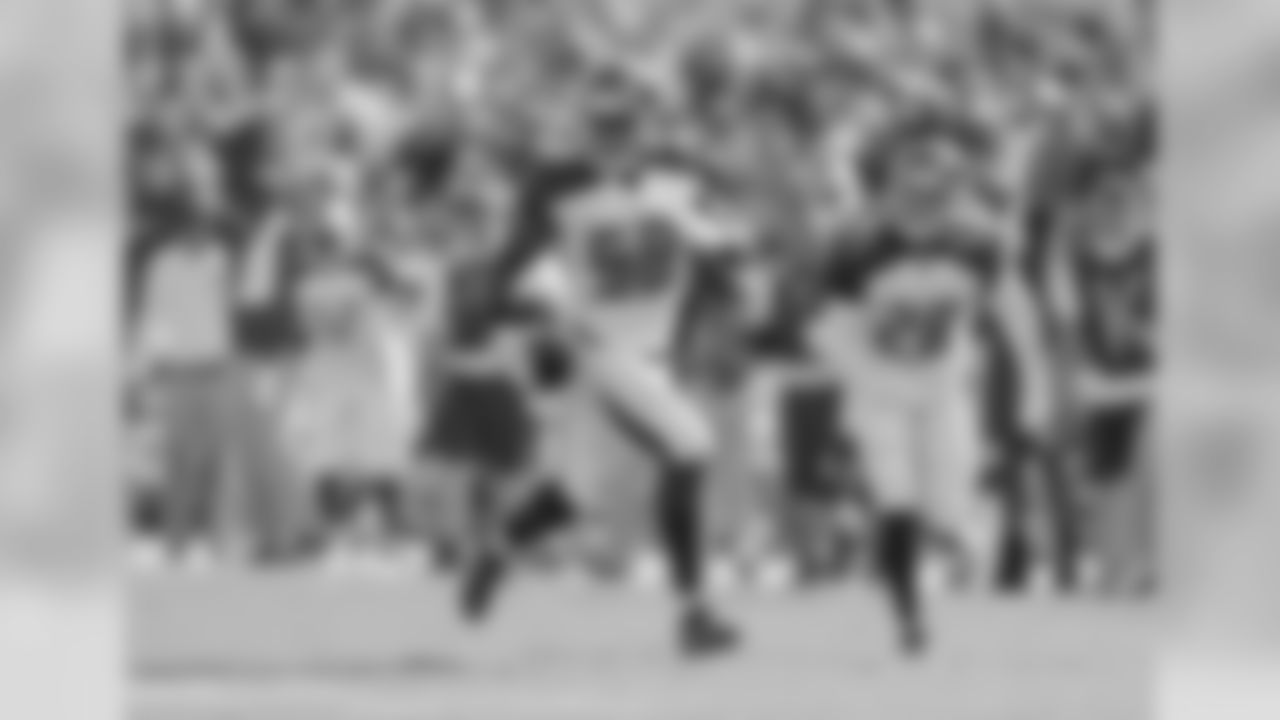
58 LB Kwon Alexander
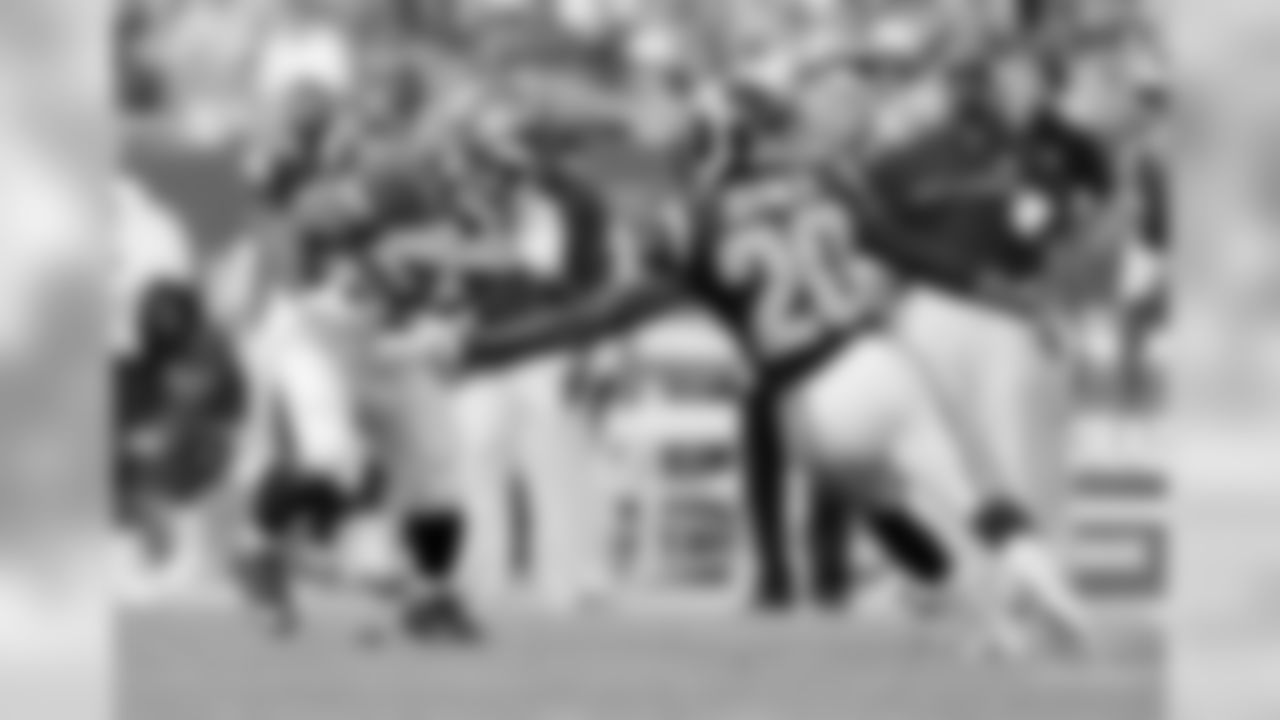
32 RB Jacquizz Rodgers
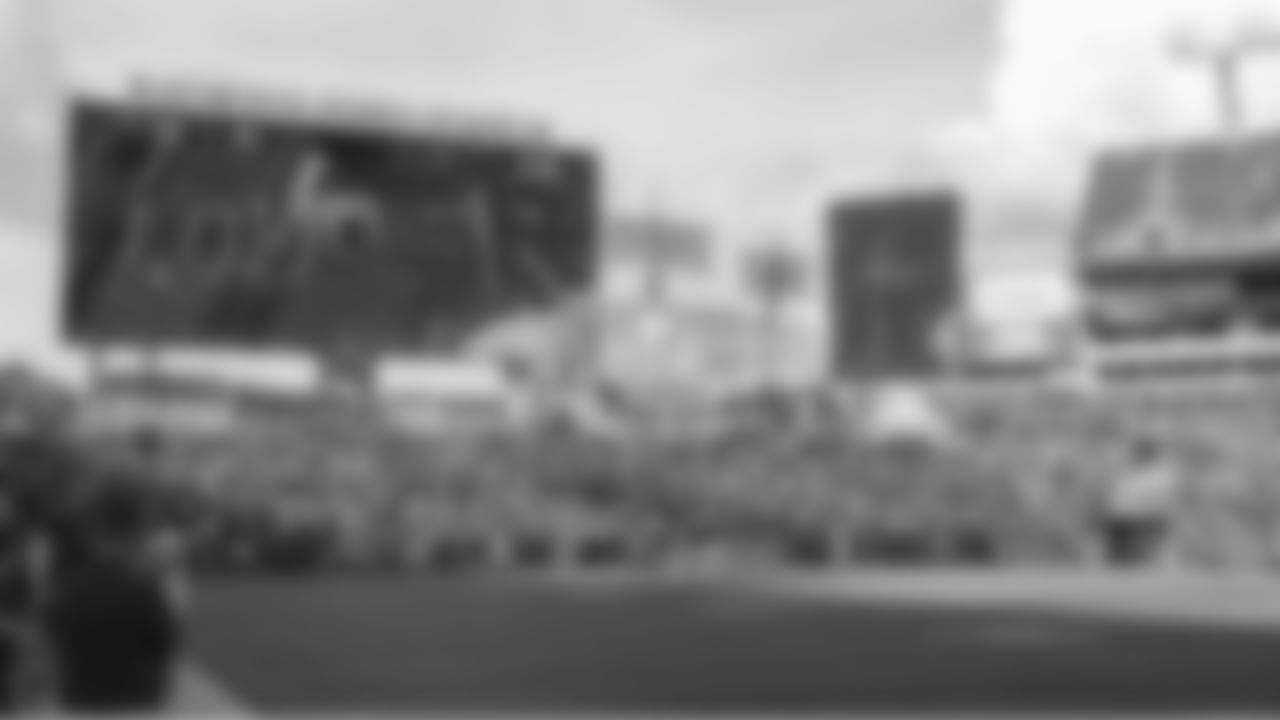
Raymond James Stadium
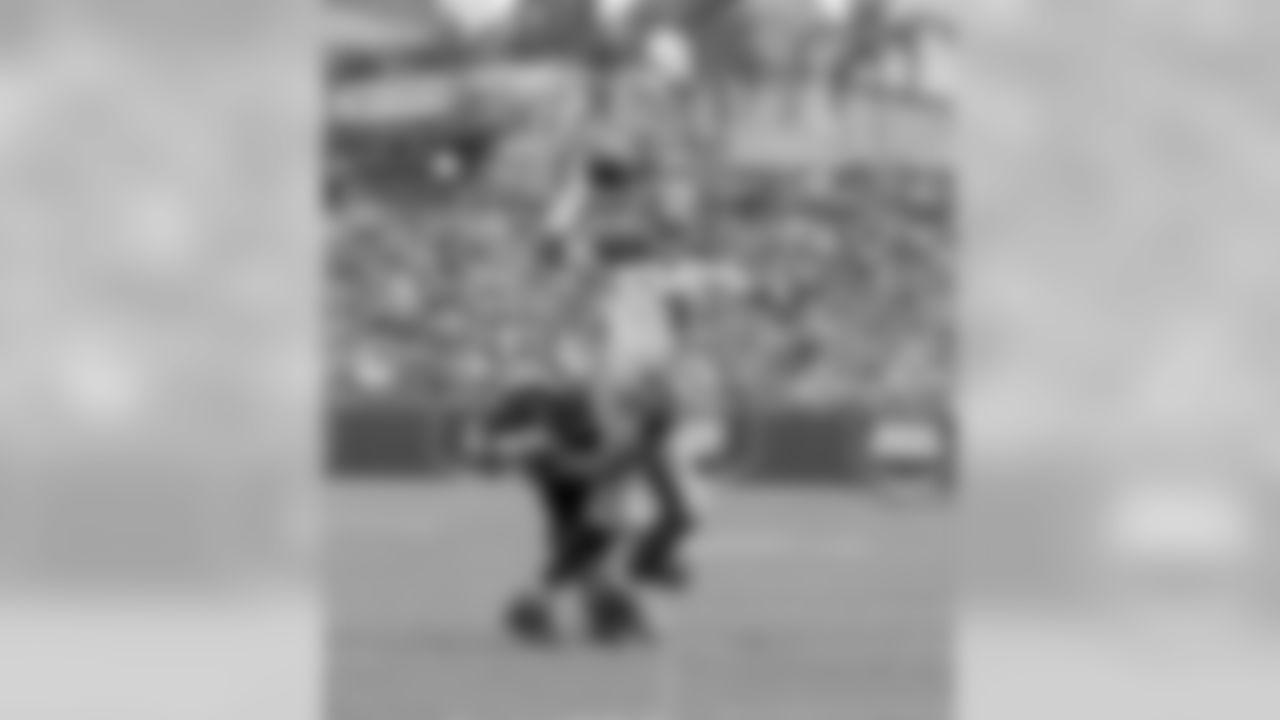
3 QB Jameis Winston
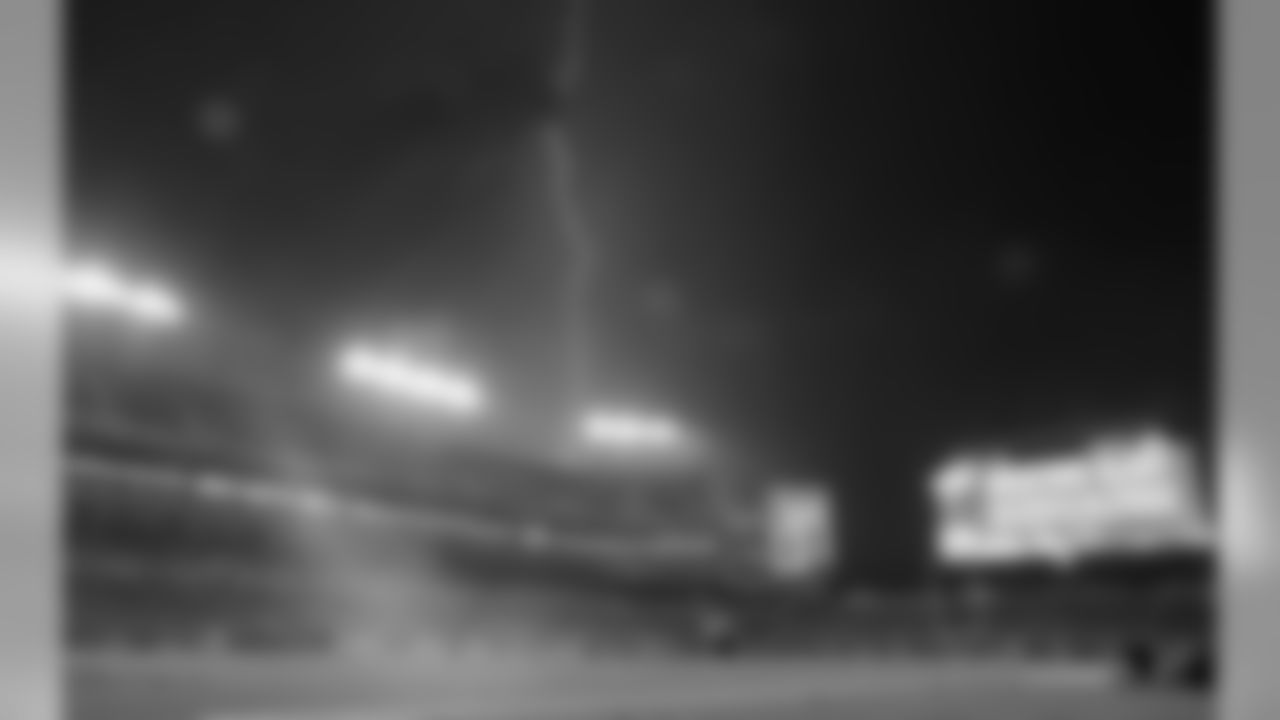
Raymond James Stadium

Buccaneer Fans
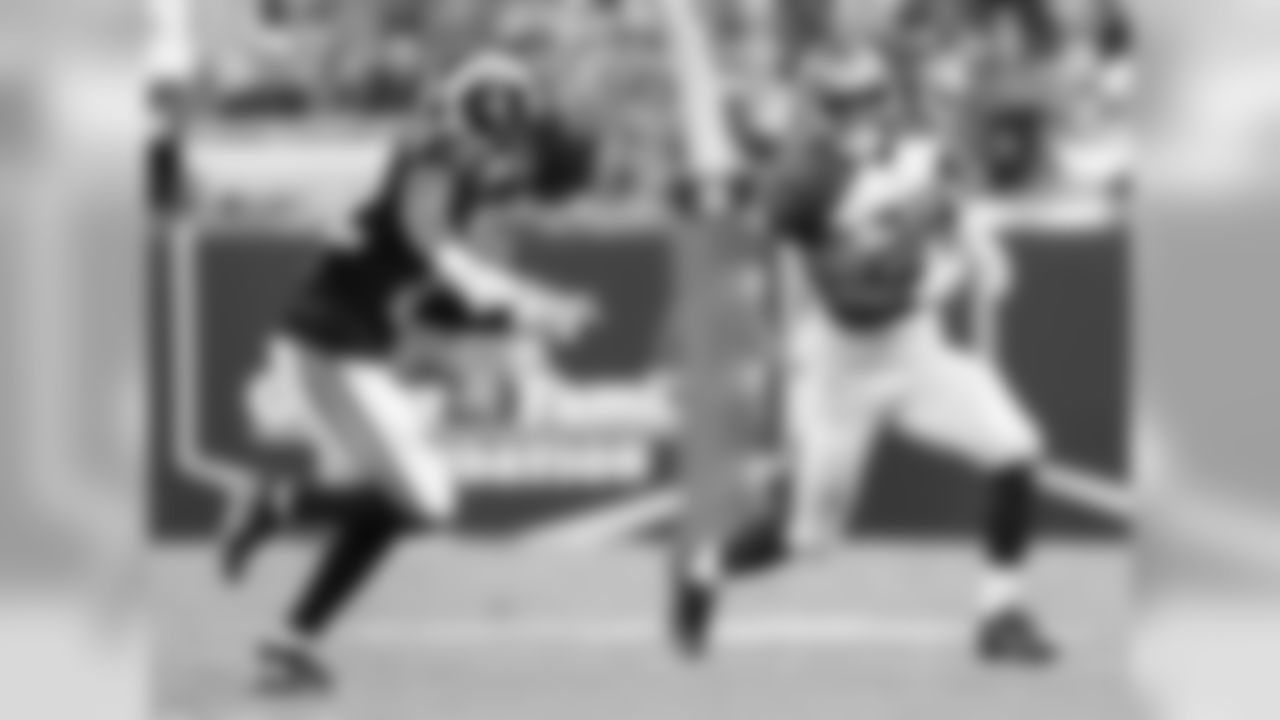
34 RB Charles Sims
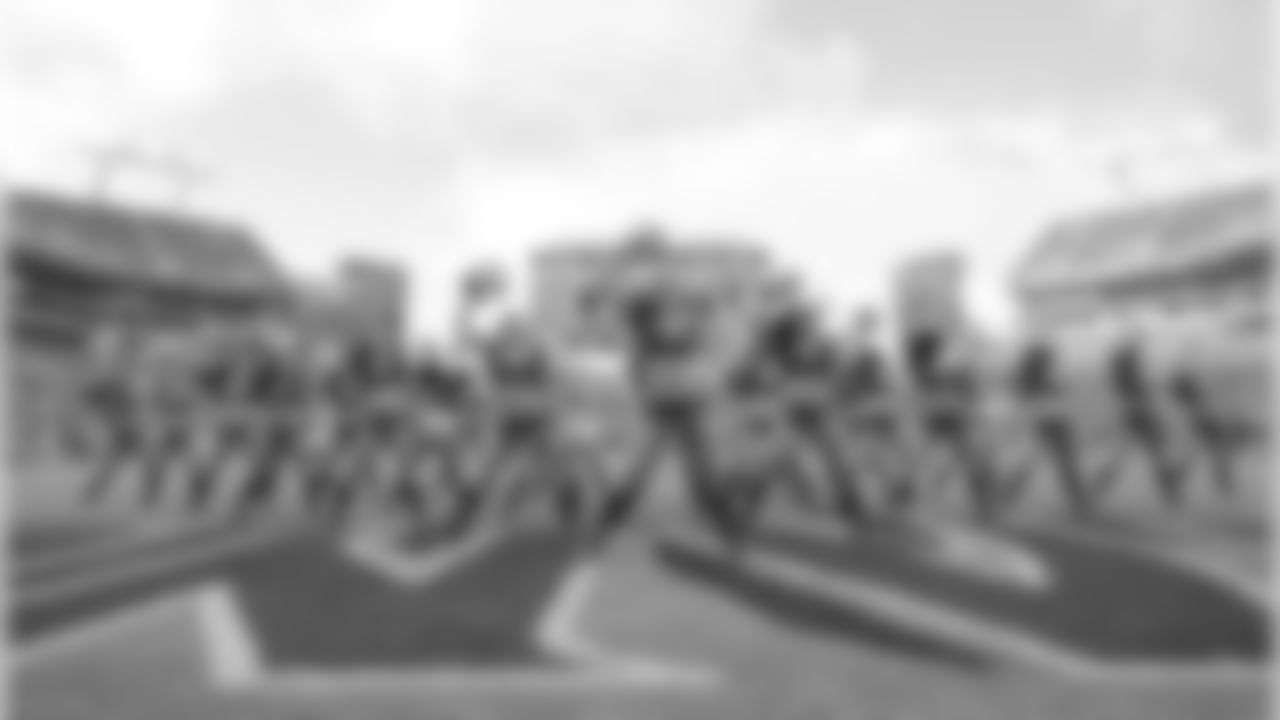
Buccaneers Cheerleaders

13 WR Mike Evans

Bucs Defense

28 CB Vernon Hargreaves
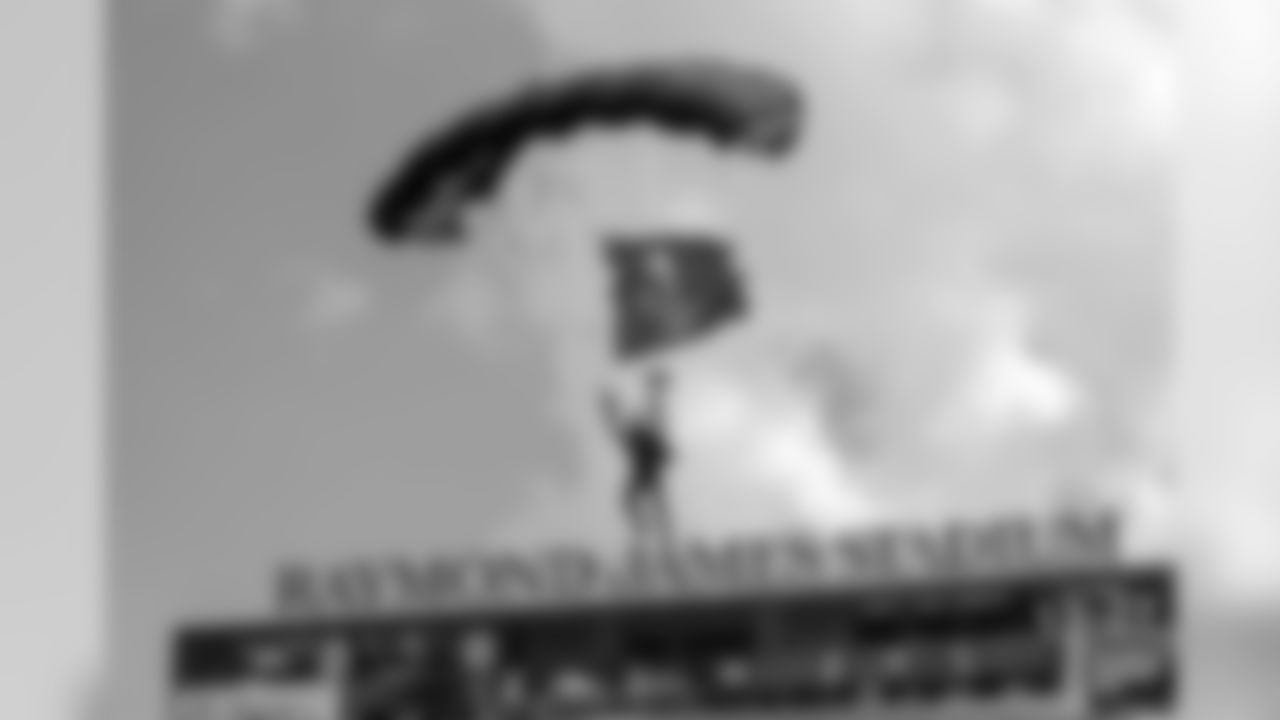

Raymond James Stadium

Raymond James Stadium

83 WR Vincent Jackson


3 QB Jameis Winston
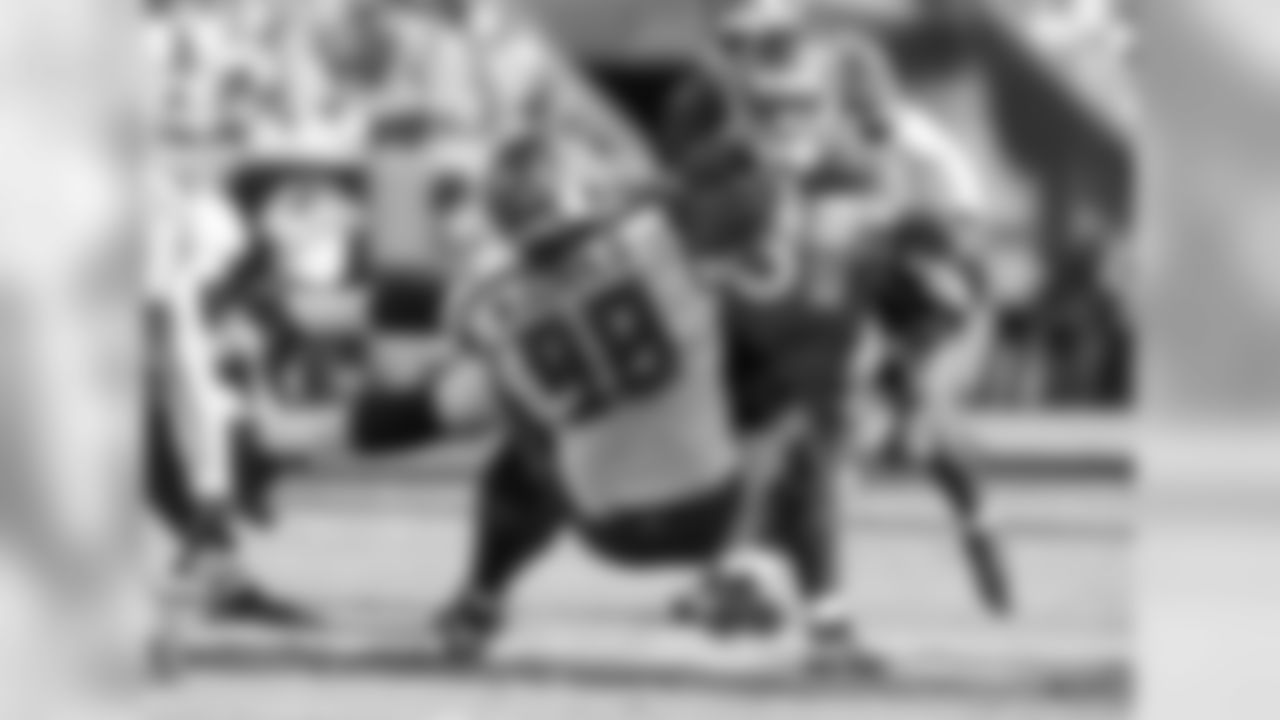
98 DT Clinton McDonald
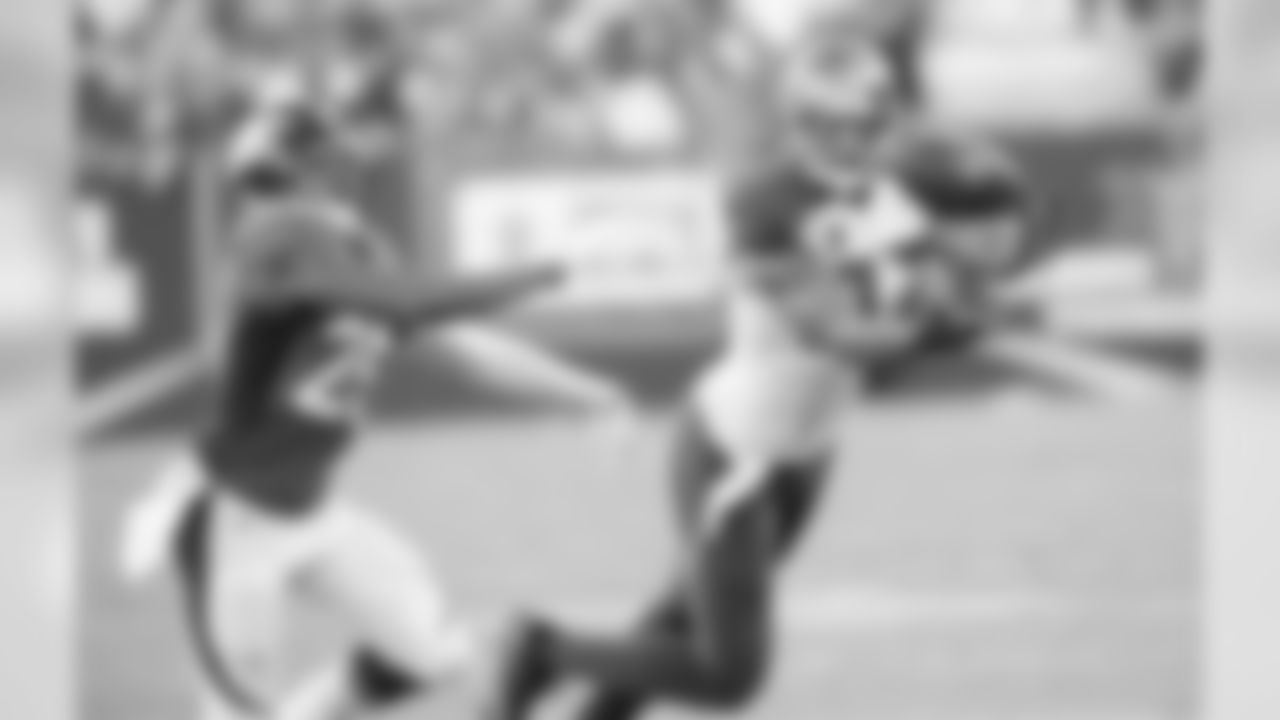
83 WR Vincent Jackson
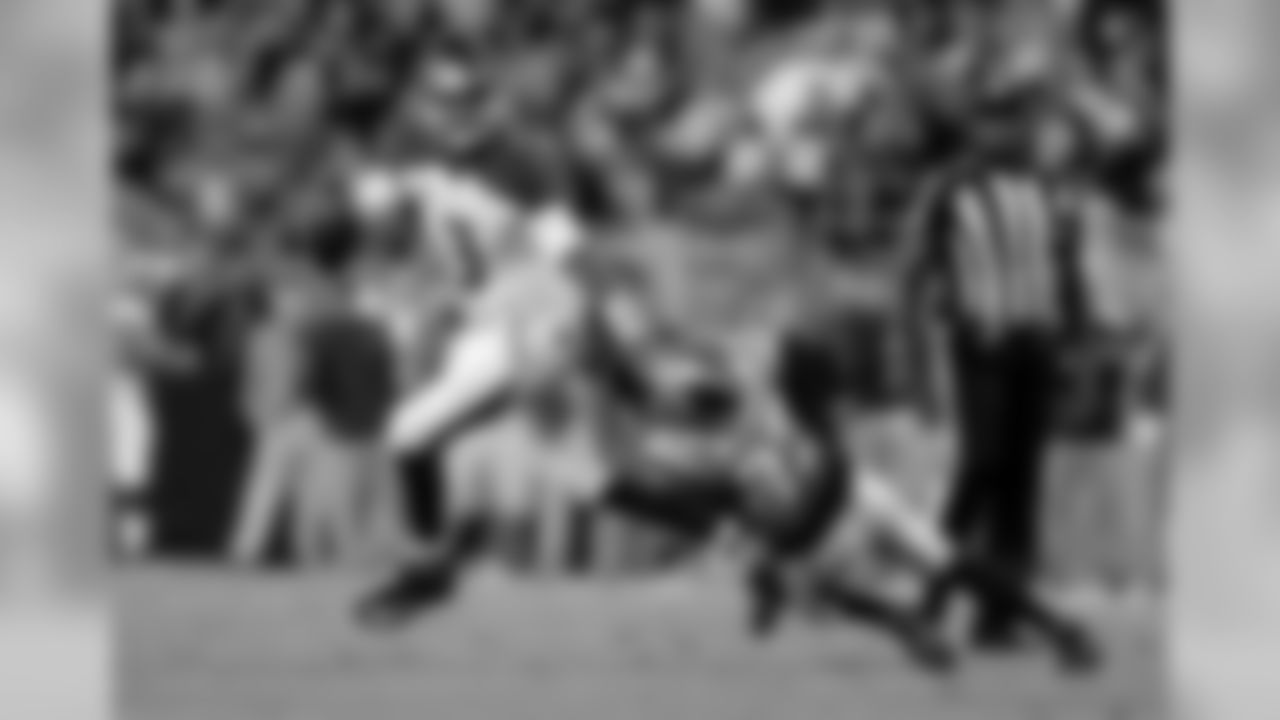
3 QB Jameis Winston
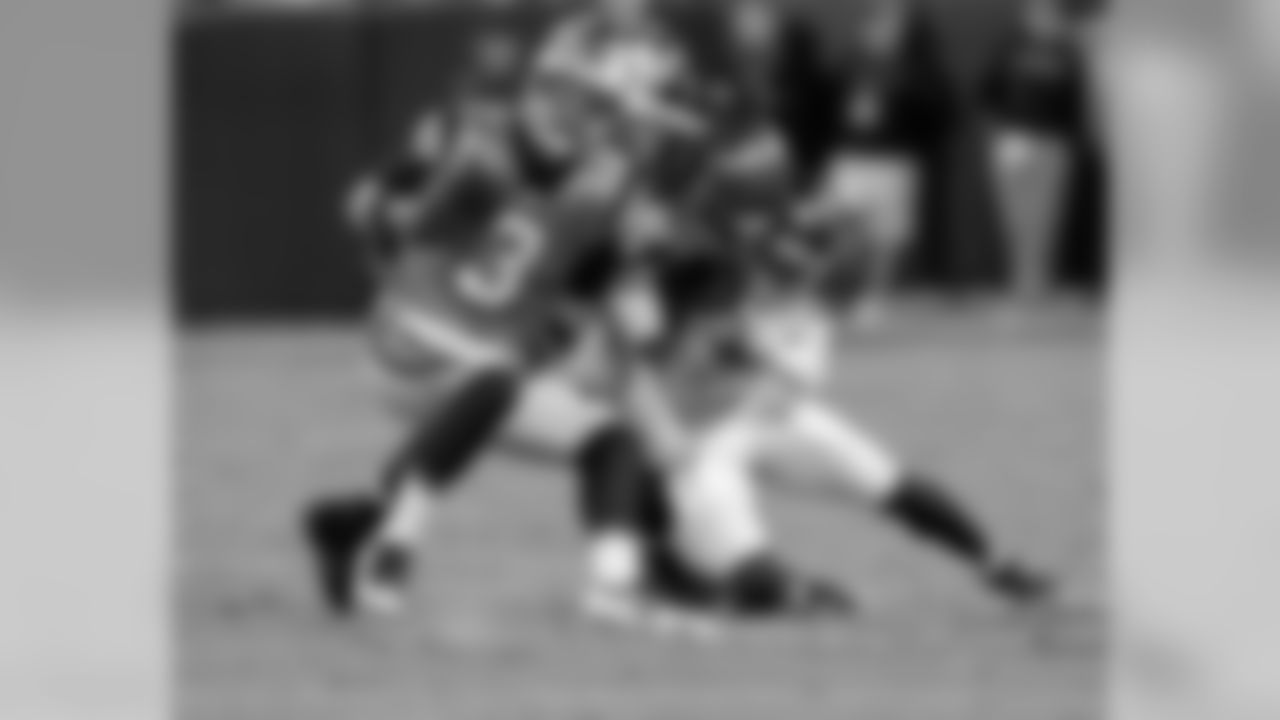
75 DT DaVonte Lambert
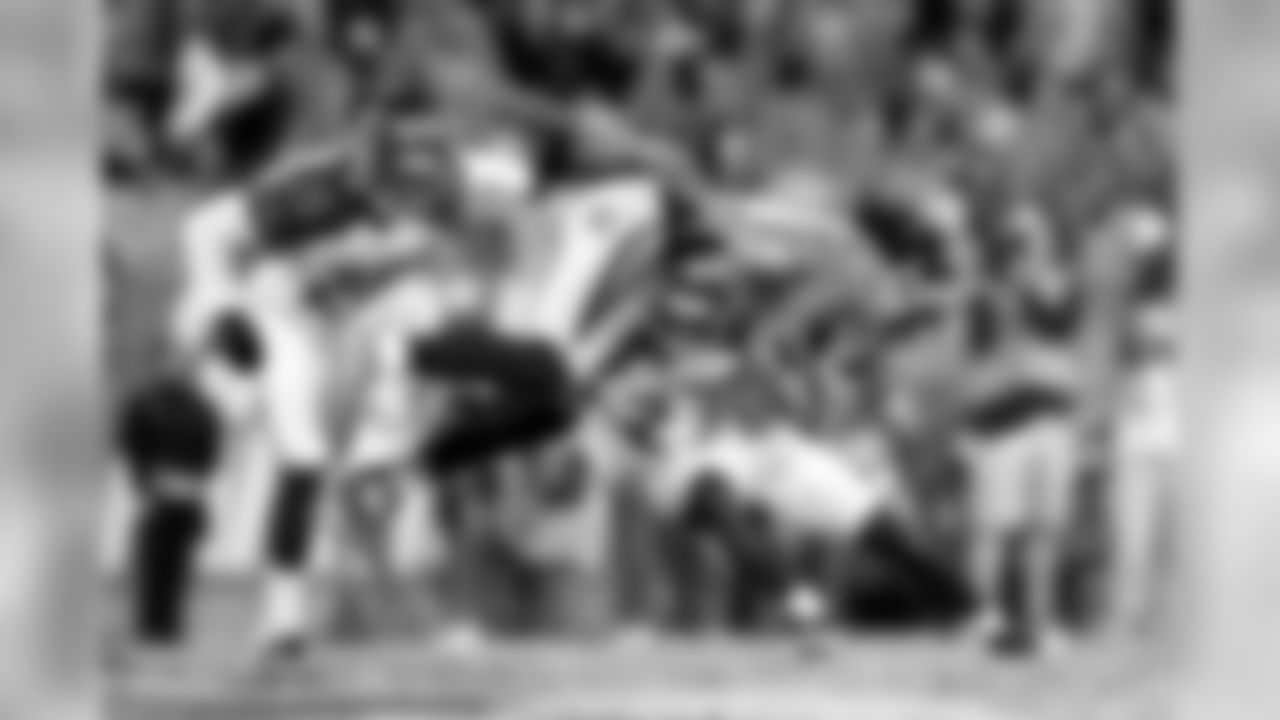
23 S Chris Conte and #28 CB Vernon Hargreaves

Helmets
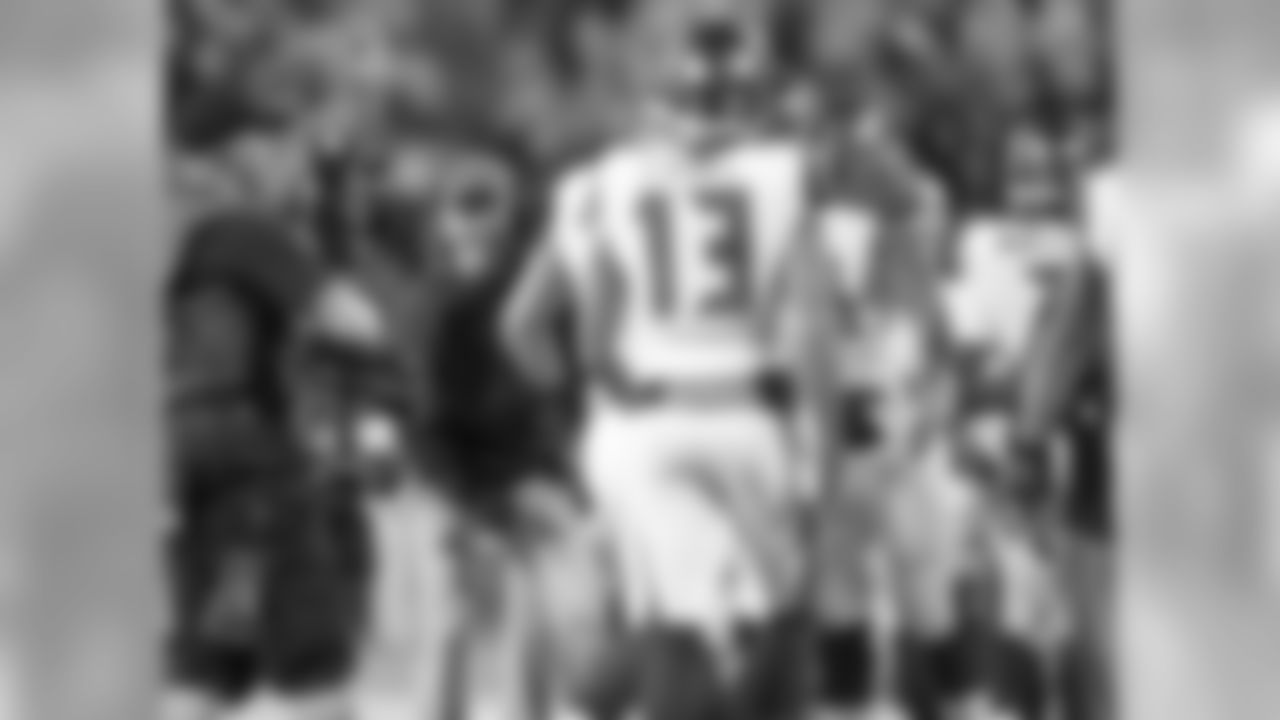
Head Coach Dirk Koetter
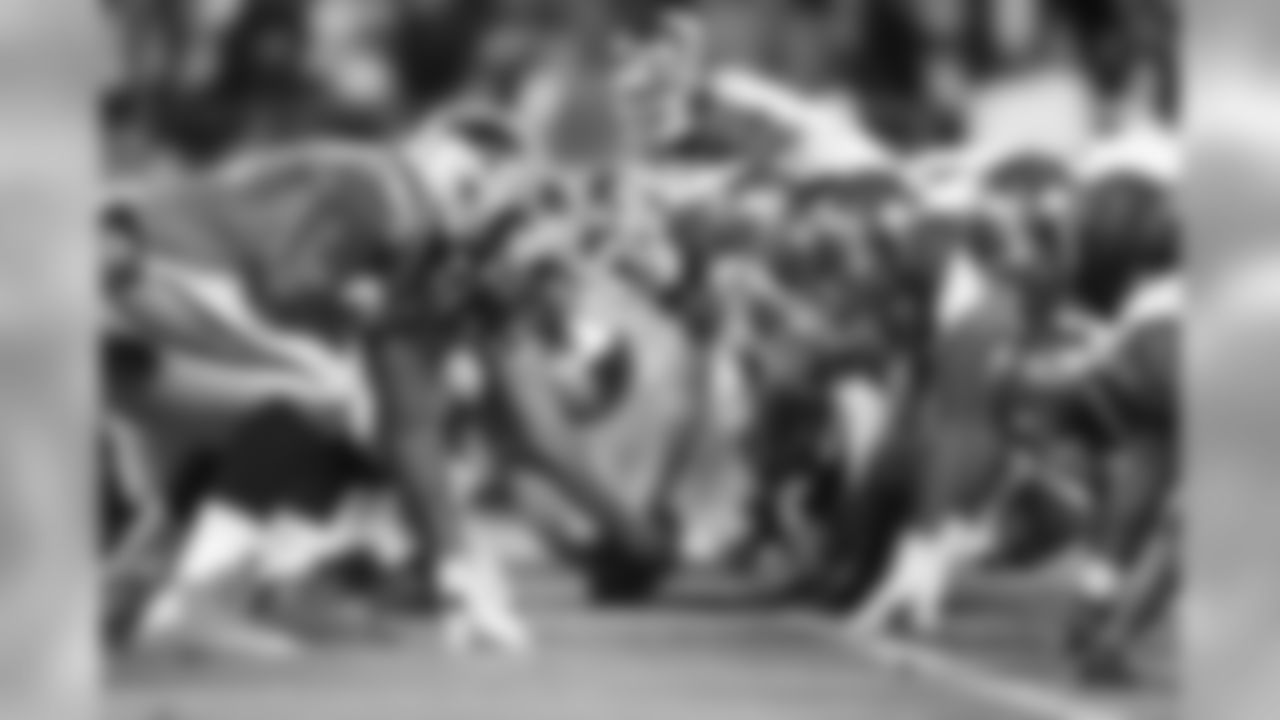
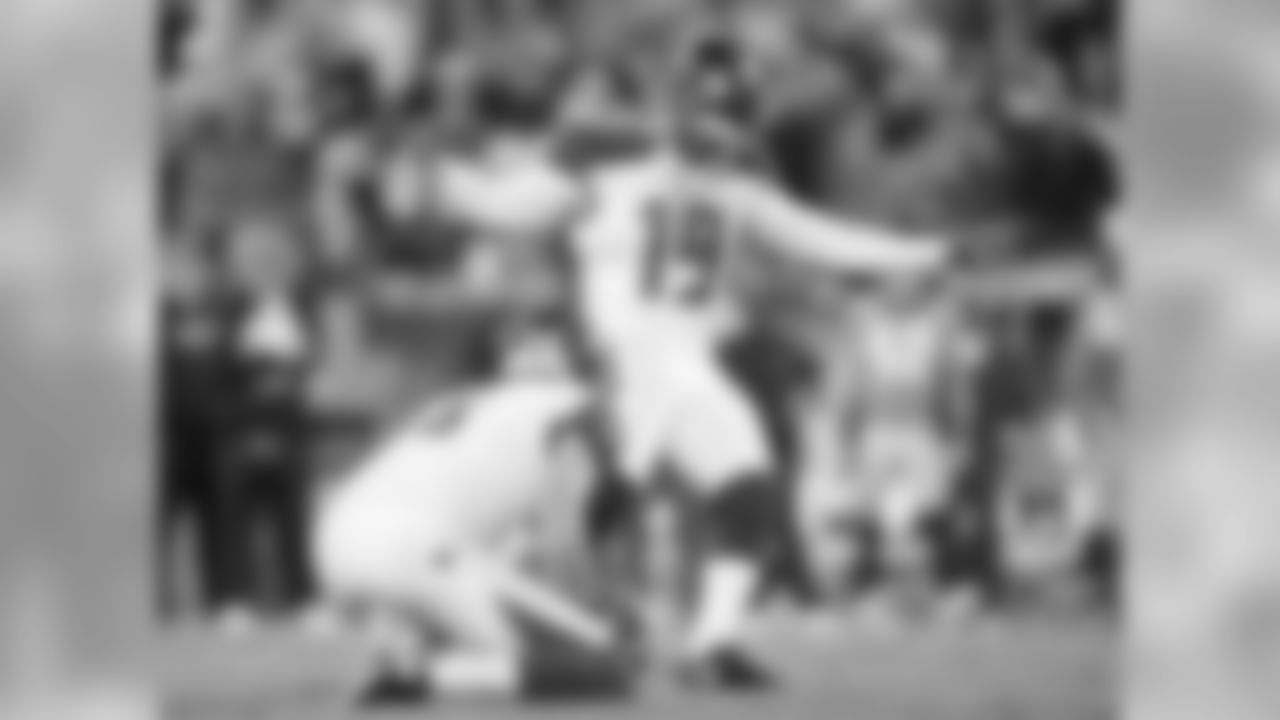
19 K Roberto Aguayo

19 K Roberto Aguayo
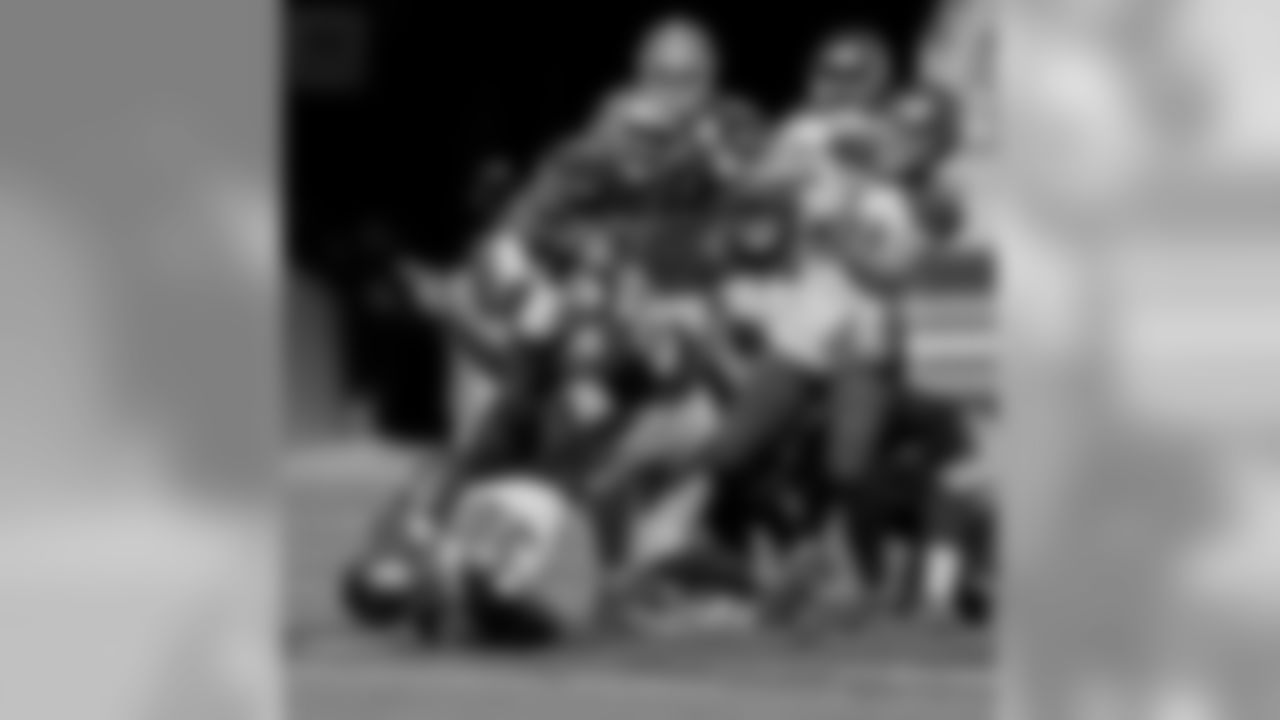
36 RB Antone Smith
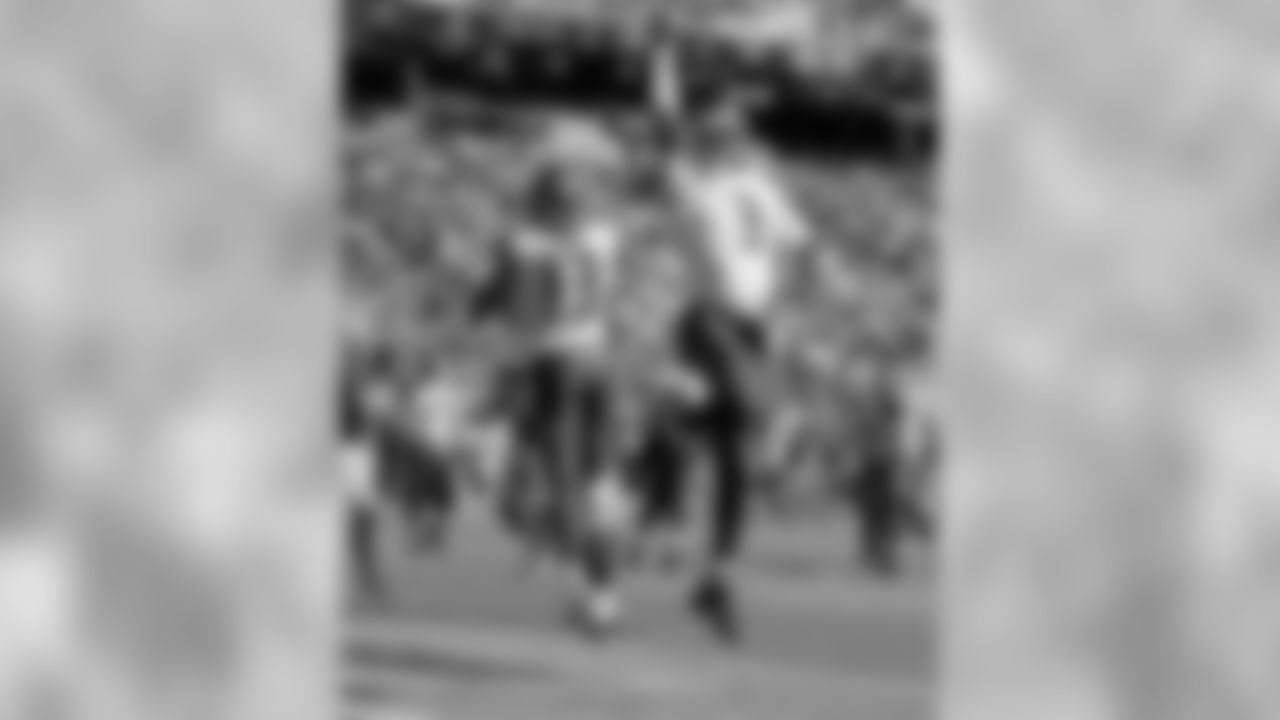
3 QB Jameis Winston and #13 WR Mike Evans
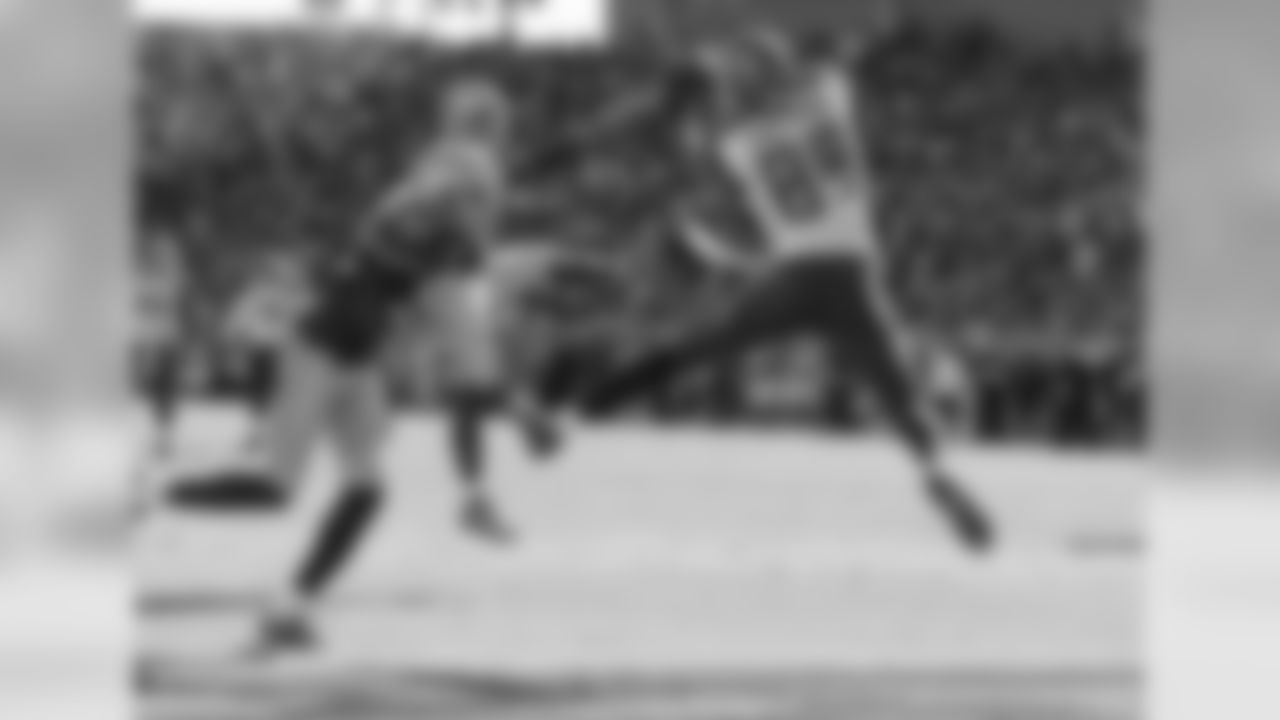
89 WR Russell Shepard
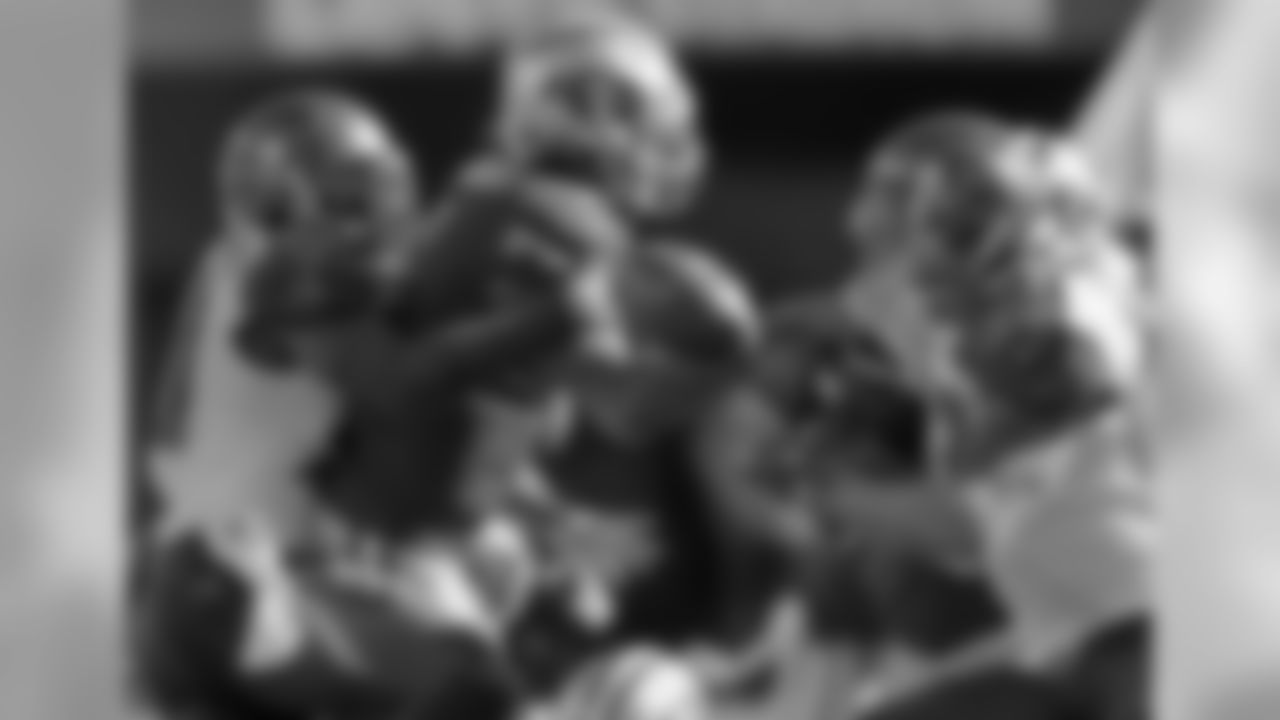
23 S Chris Conte and #38 CB Jude Adjei-Barimah
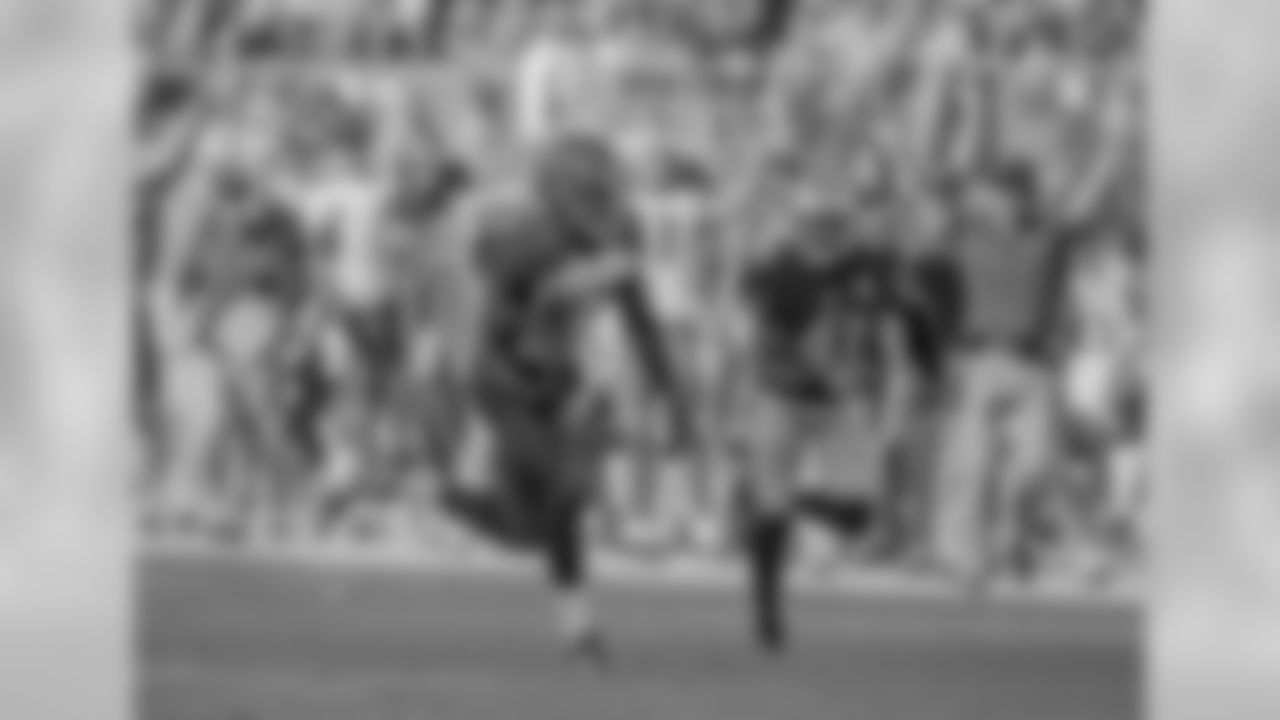
43 RB Peyton Barber
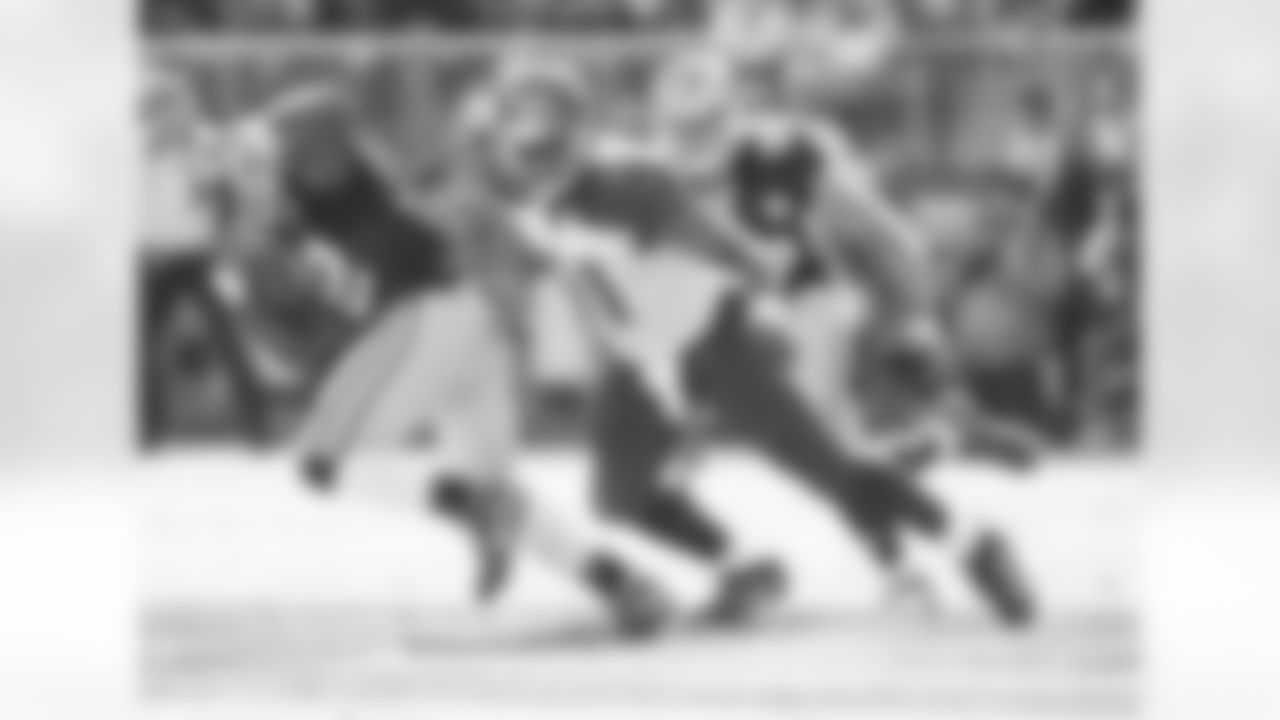
51 LB Daryl Smith
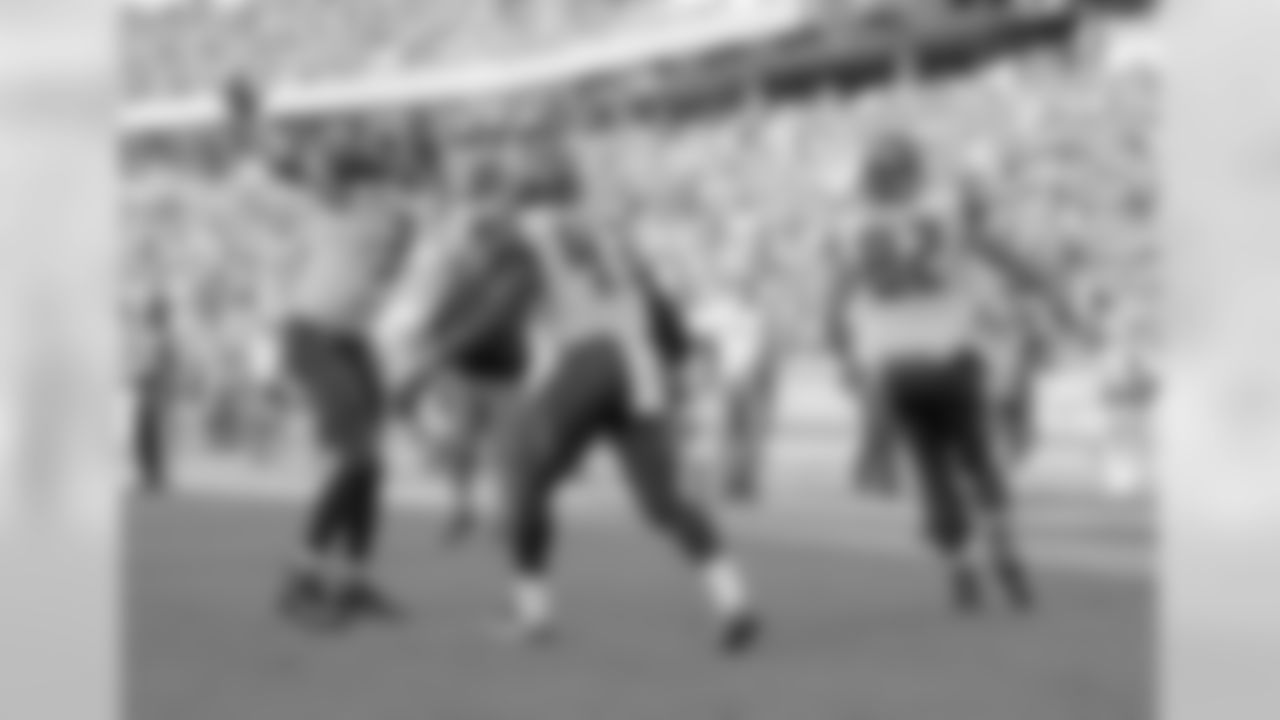
3 QB Jameis Winston and #43 RB Peyton Barber


93 DT Gerald McCoy

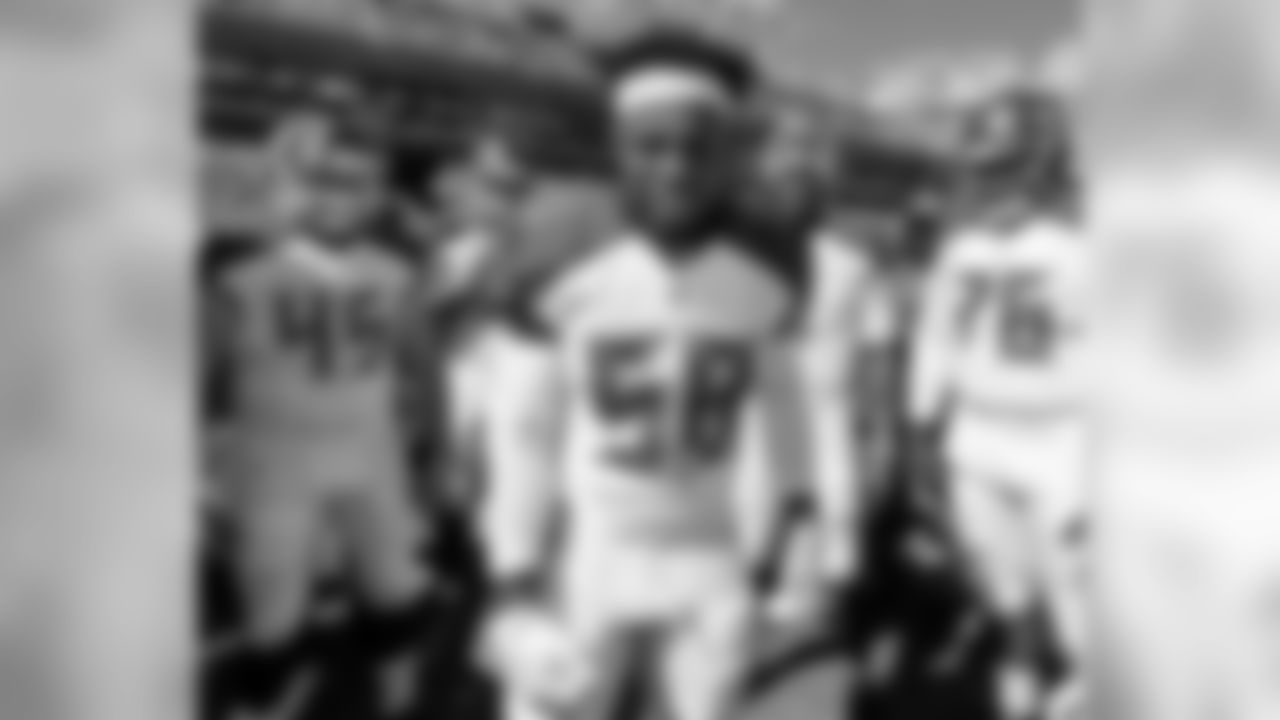
58 LB Kwon Alexander
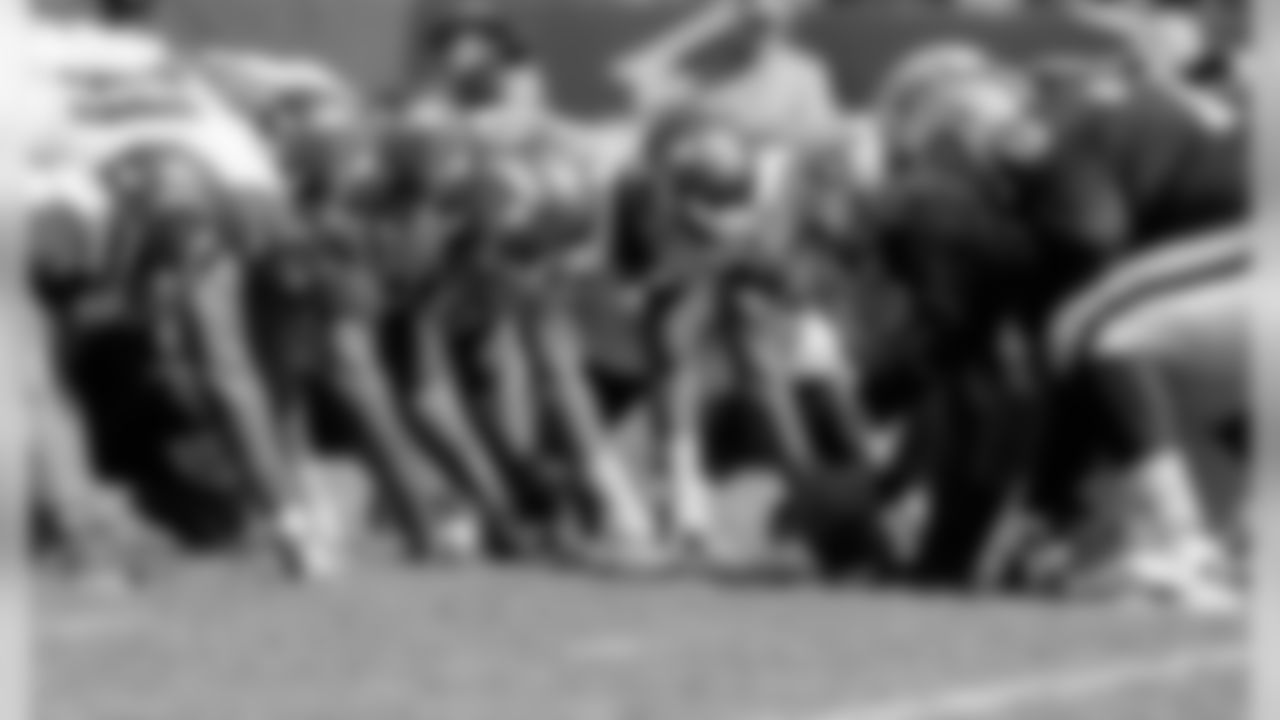
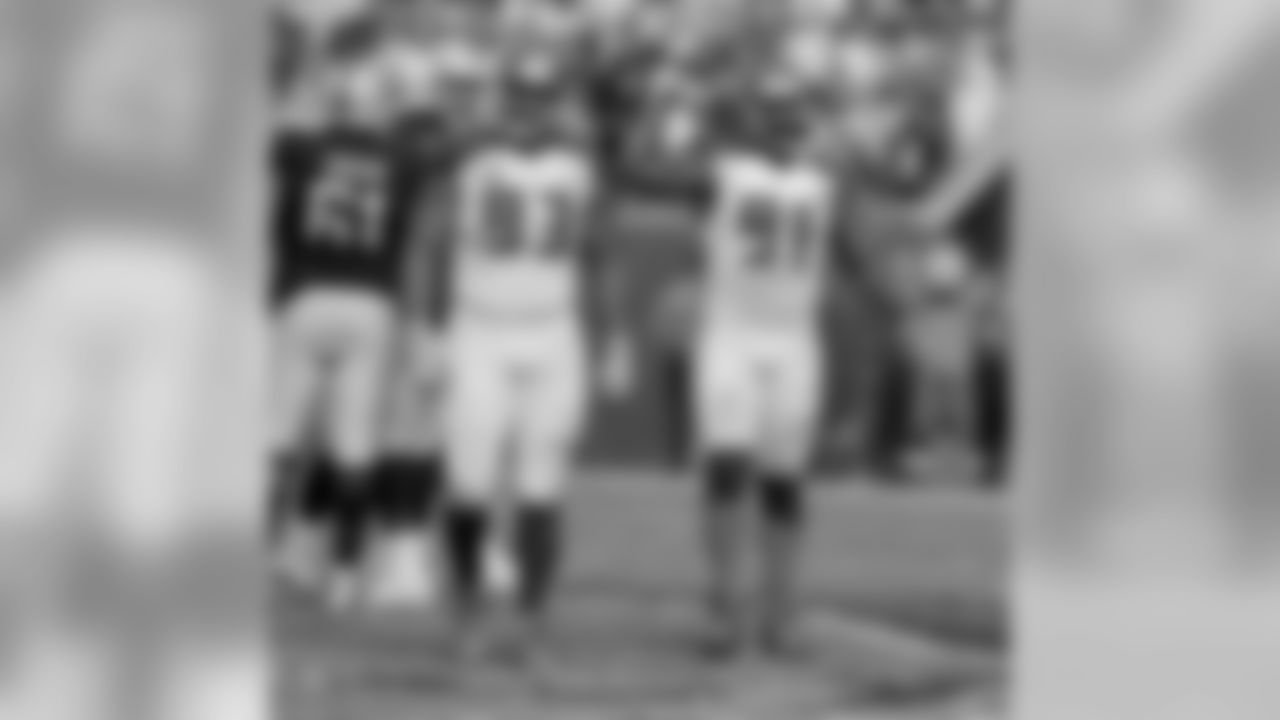
91 DE Robert Ayers and #93 DT Gerald McCoy
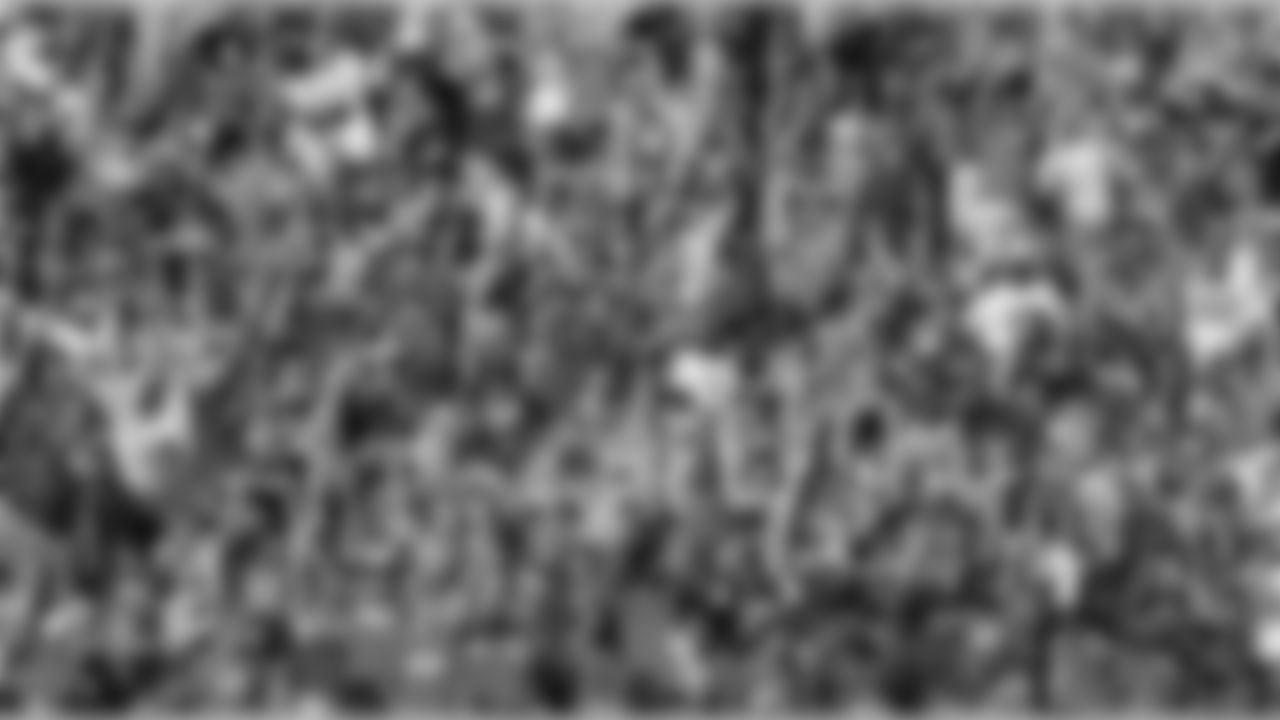
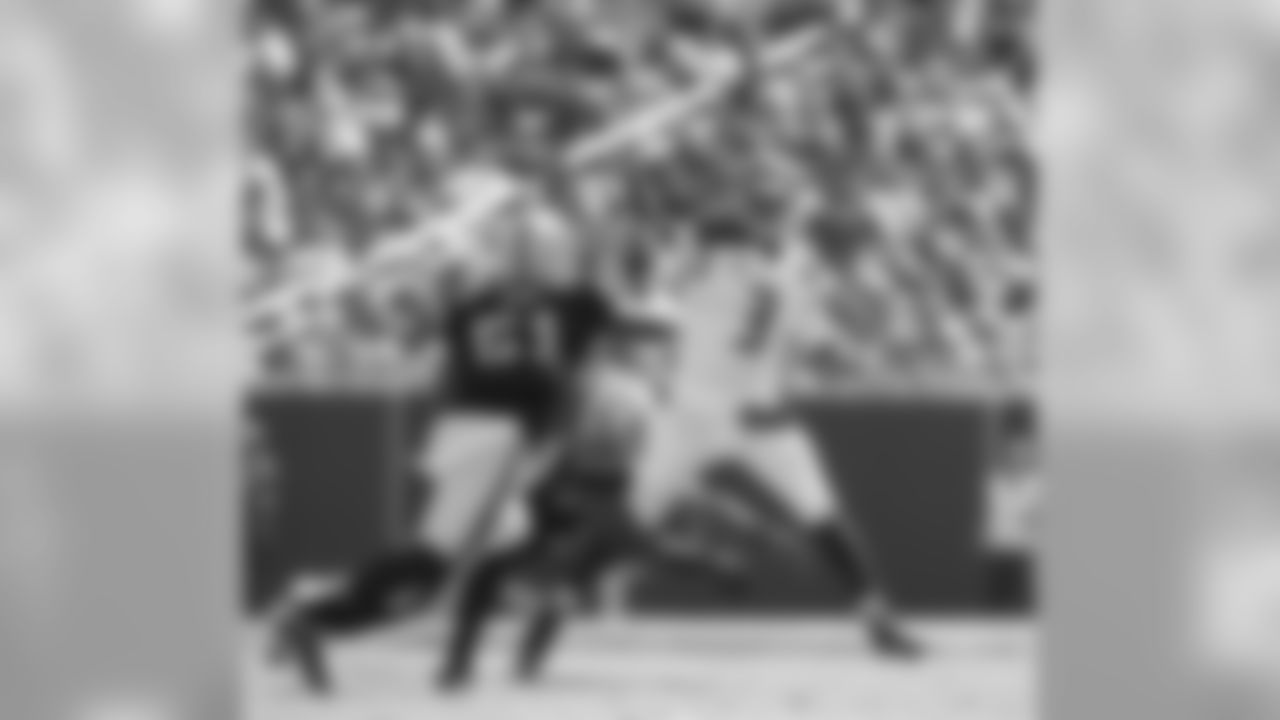
3 QB Jameis Winston

57 DE Noah Spence
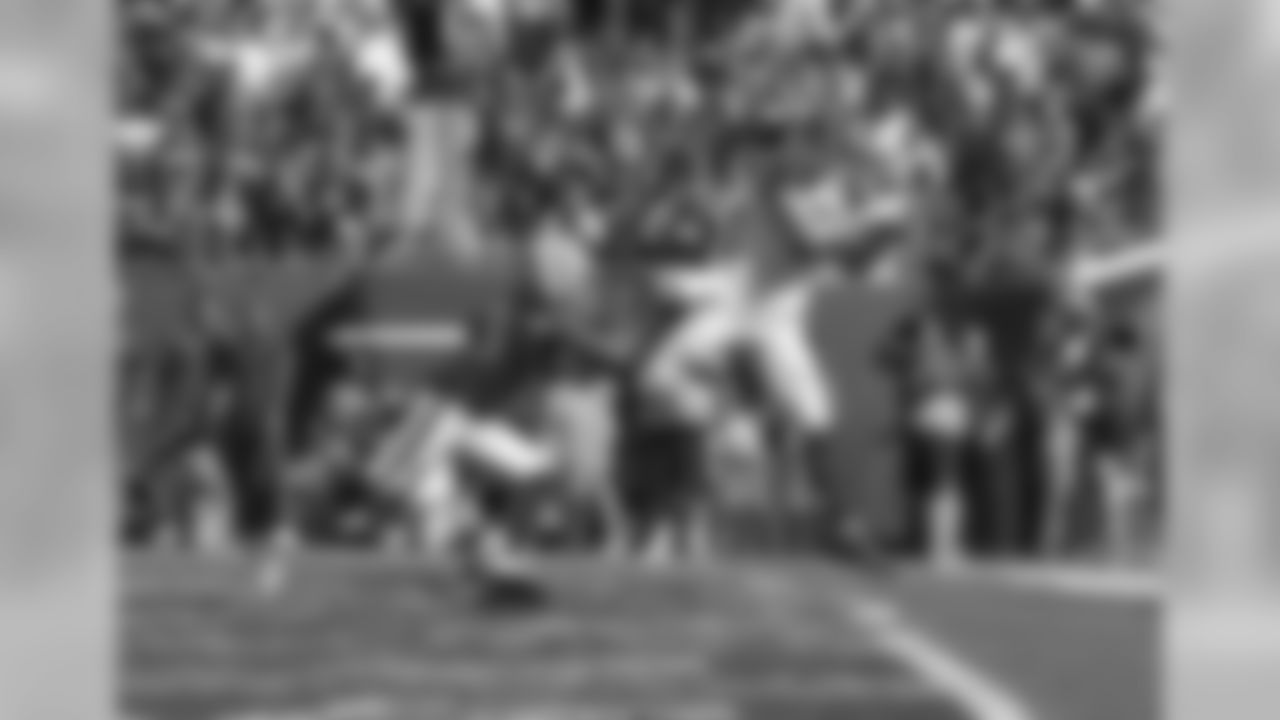
84 TE Cameron Brate

John Lynch, Warren Sapp. and Derrick Brooks


Raymond James Stadium

John Lynch
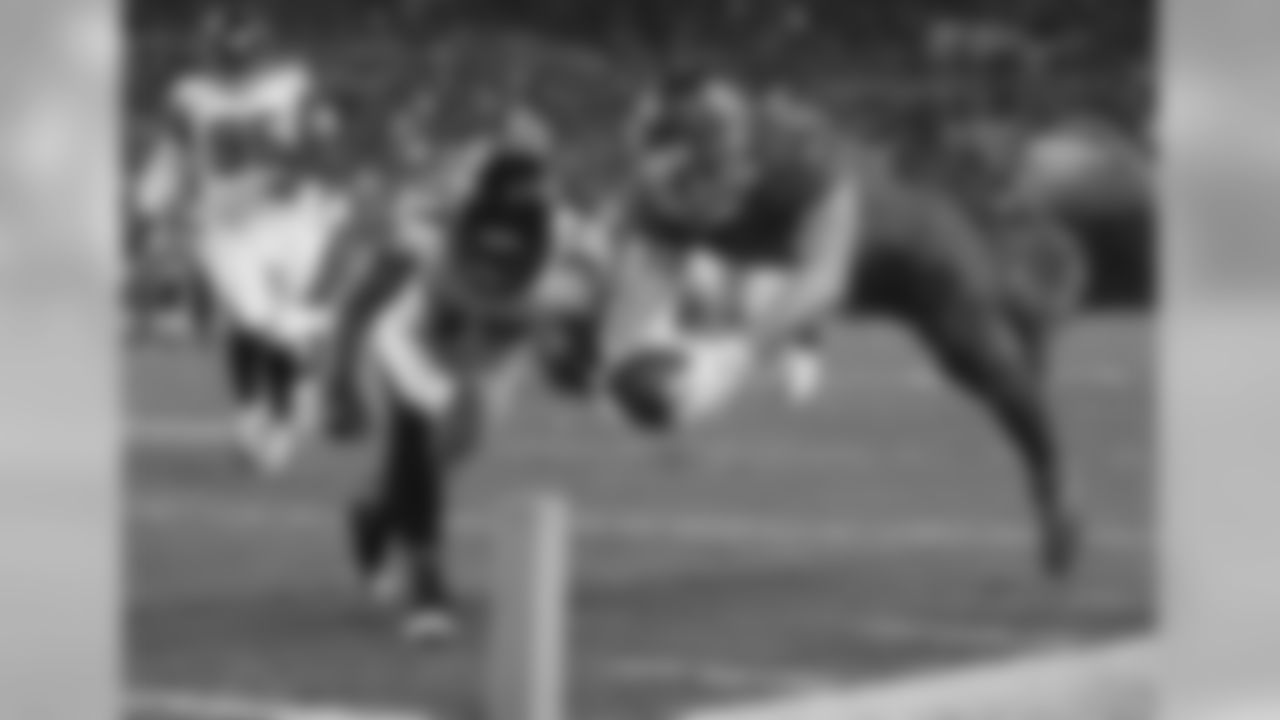
84 TE Cameron Brate
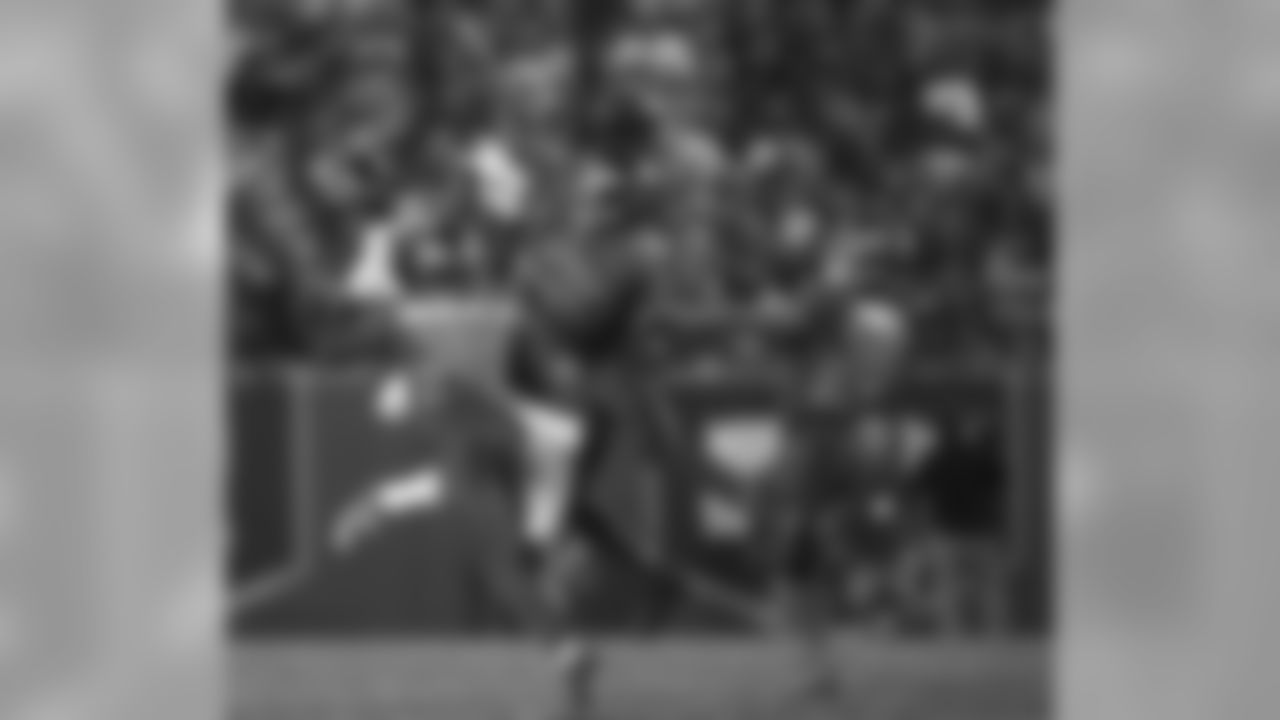
28 CB Vernon Hargreaves, #30 S Bradley McDougald, and #24 CB Brent Grimes

John Lynch
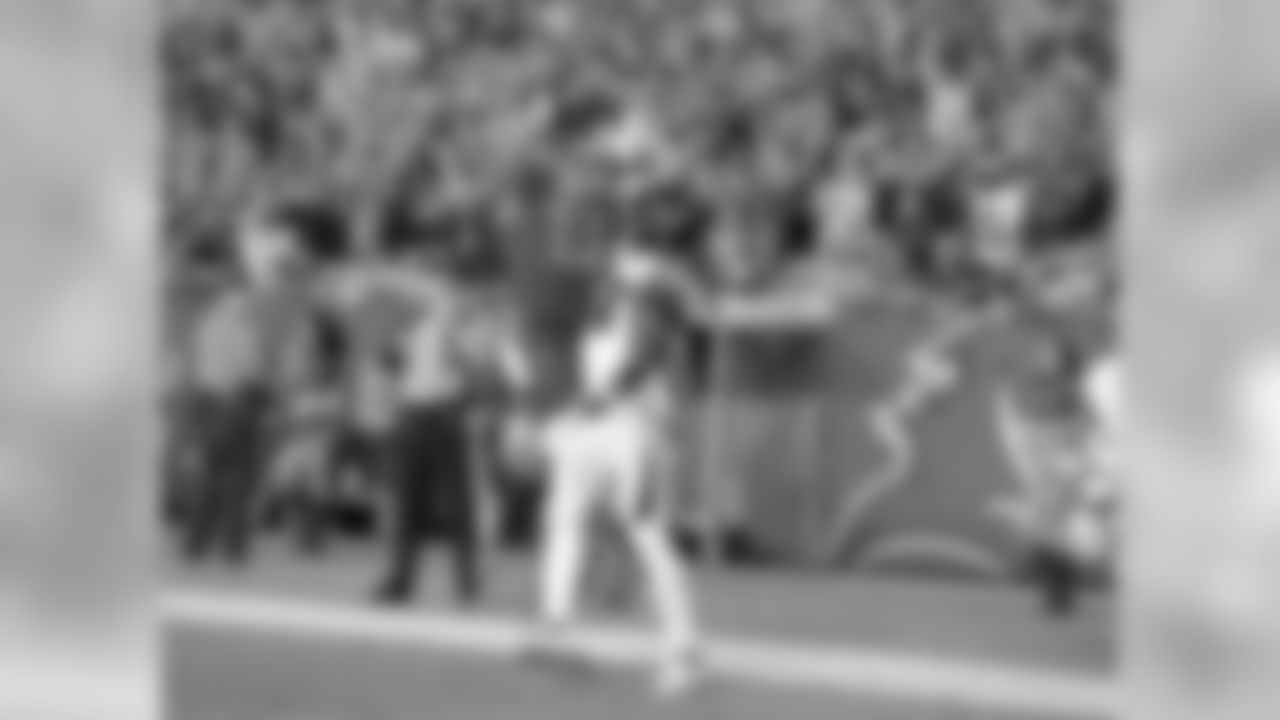
13 WR Mike Evans
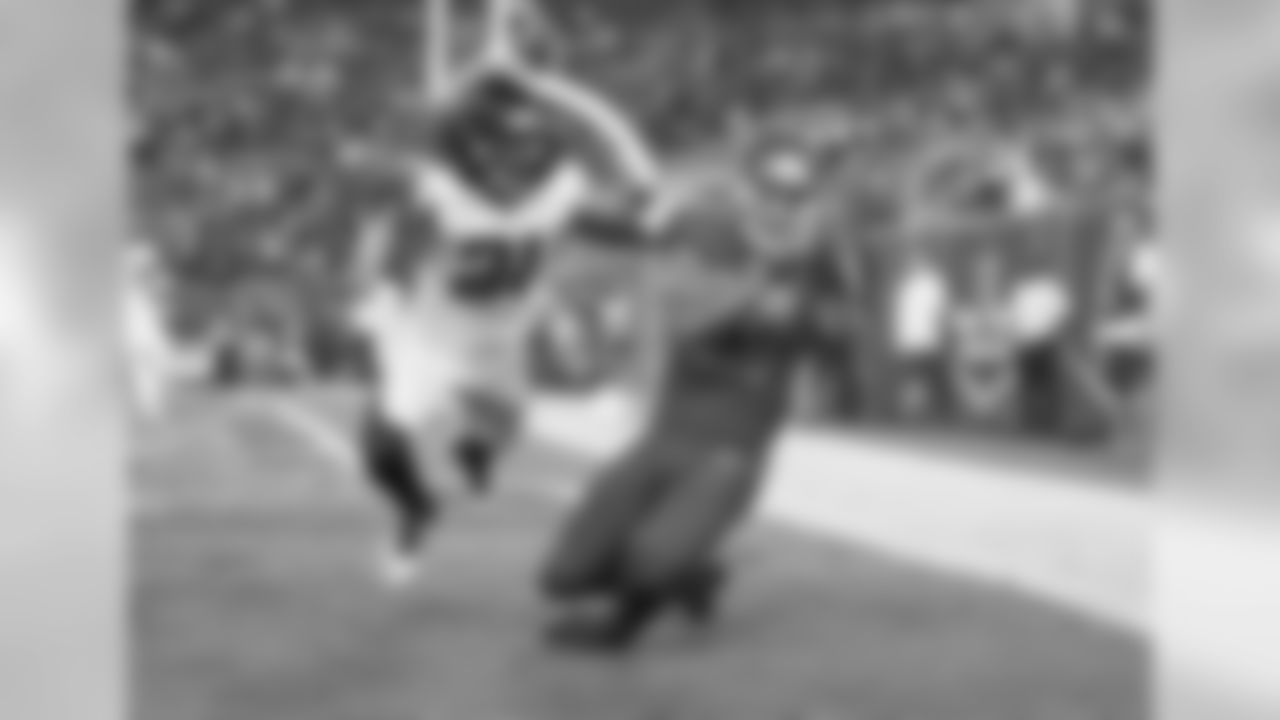
13 WR Mike Evans

97 DT Akeem Spence
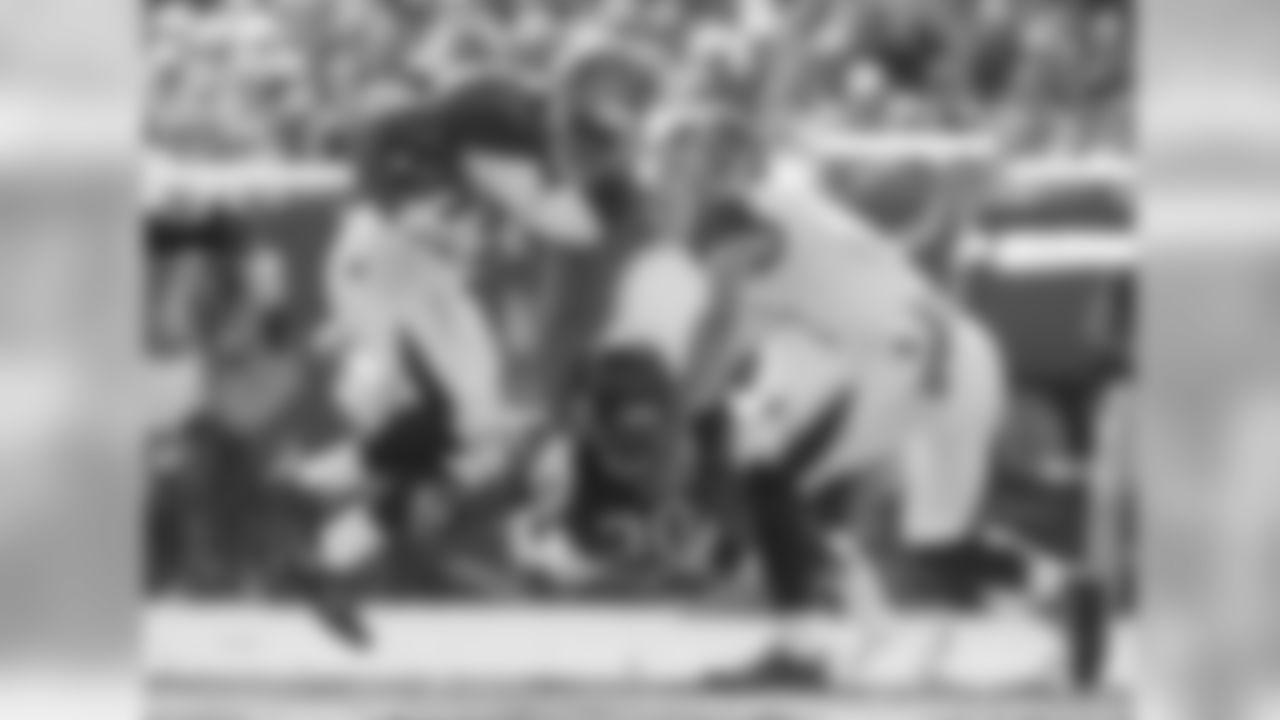
22 RB Doug Martin

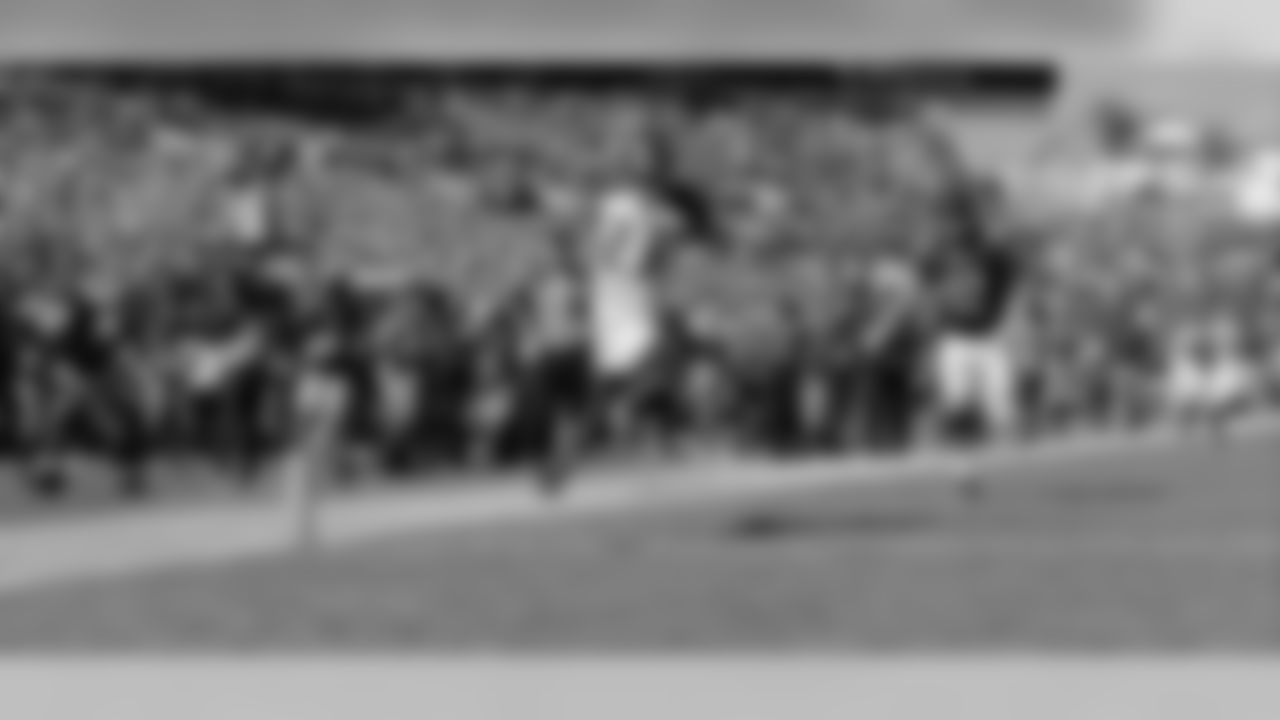
23 S Chris Conte

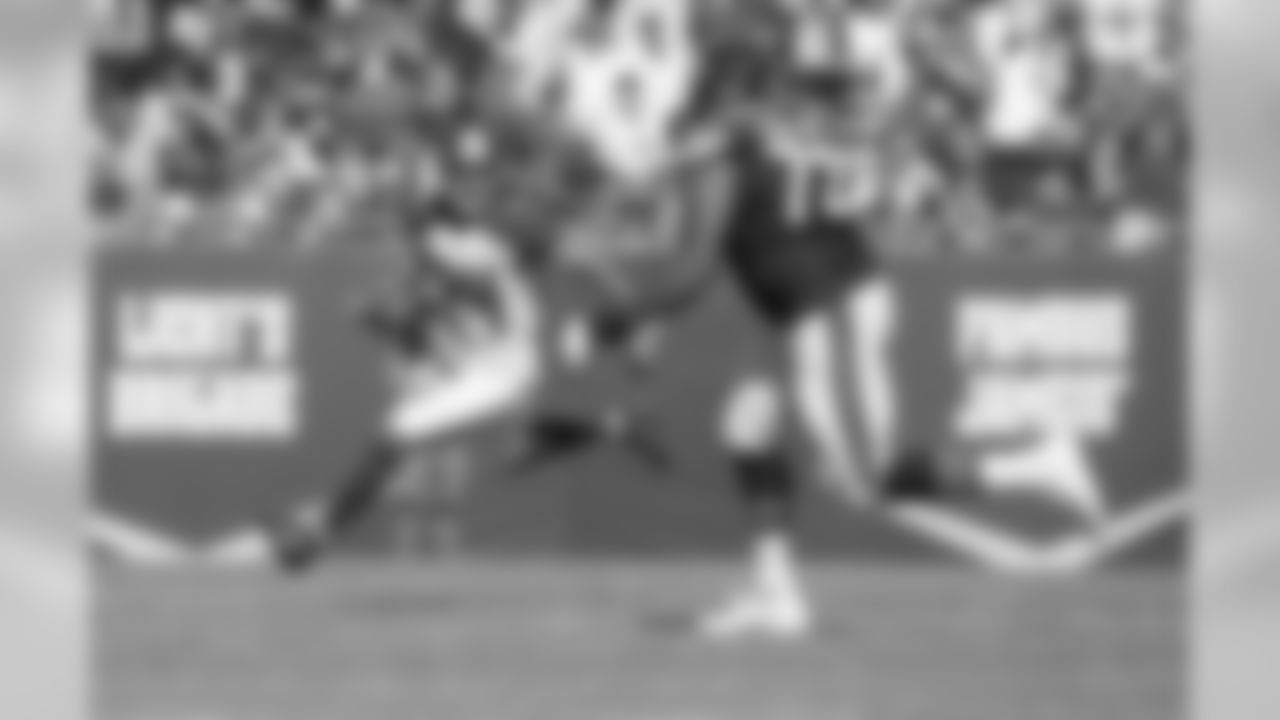
24 CB Brent Grimes

57 DE Noah Spence
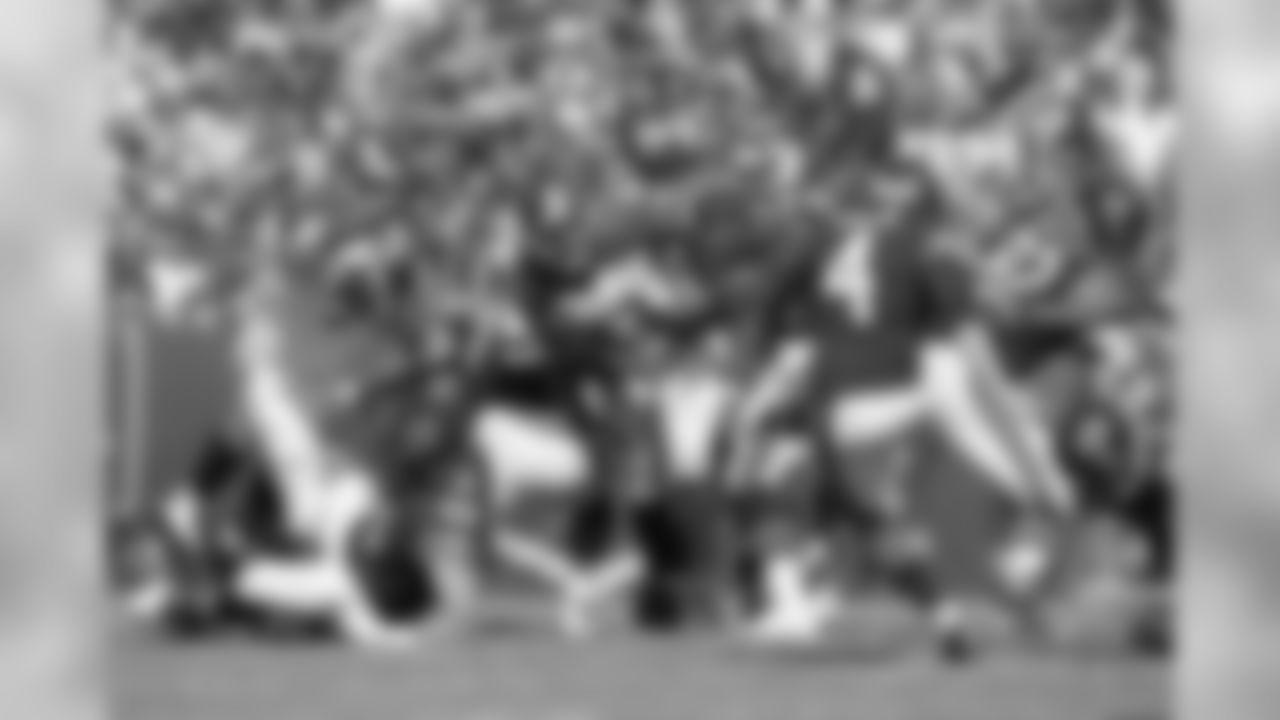
93 DT Gerald McCoy
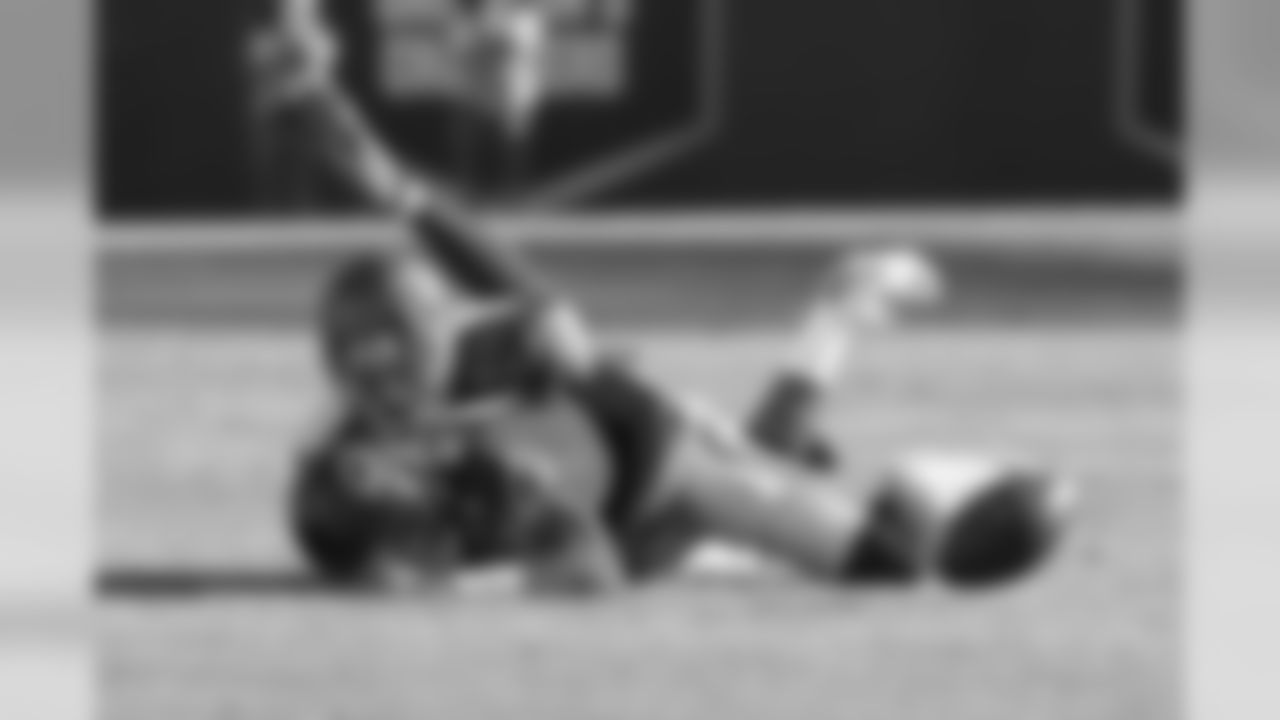
24 CB Brent Grimes

Team Celebration
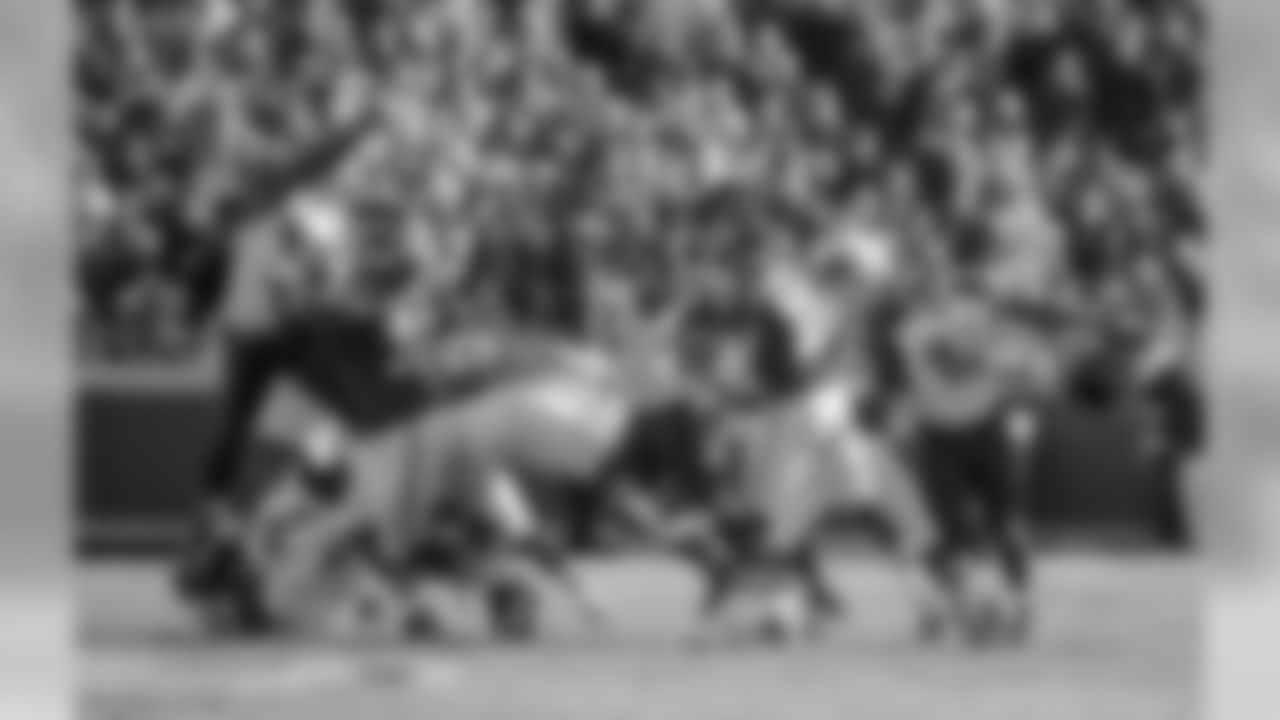
91 DE Robert Ayers, #93 DT Gerald McCoy, and #92 DE William Gholston

3 QB Jameis Winston

22 RB Doug Martin
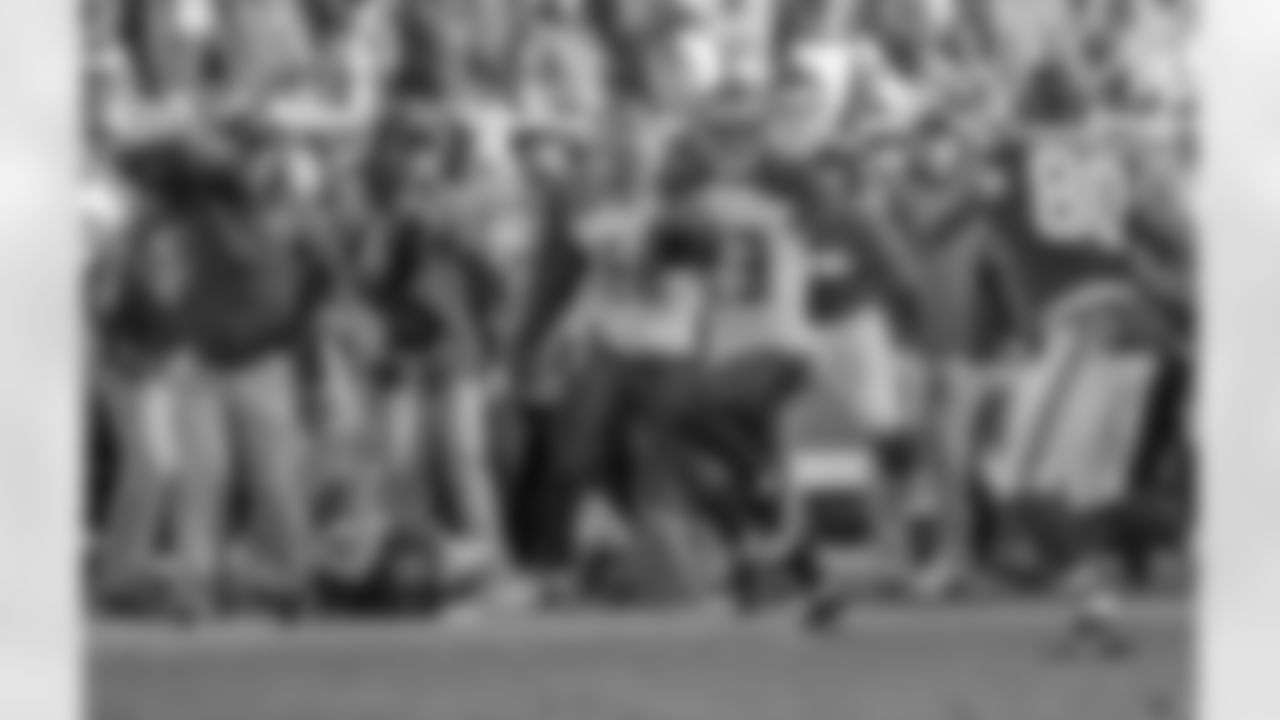
23 S Chris Conte
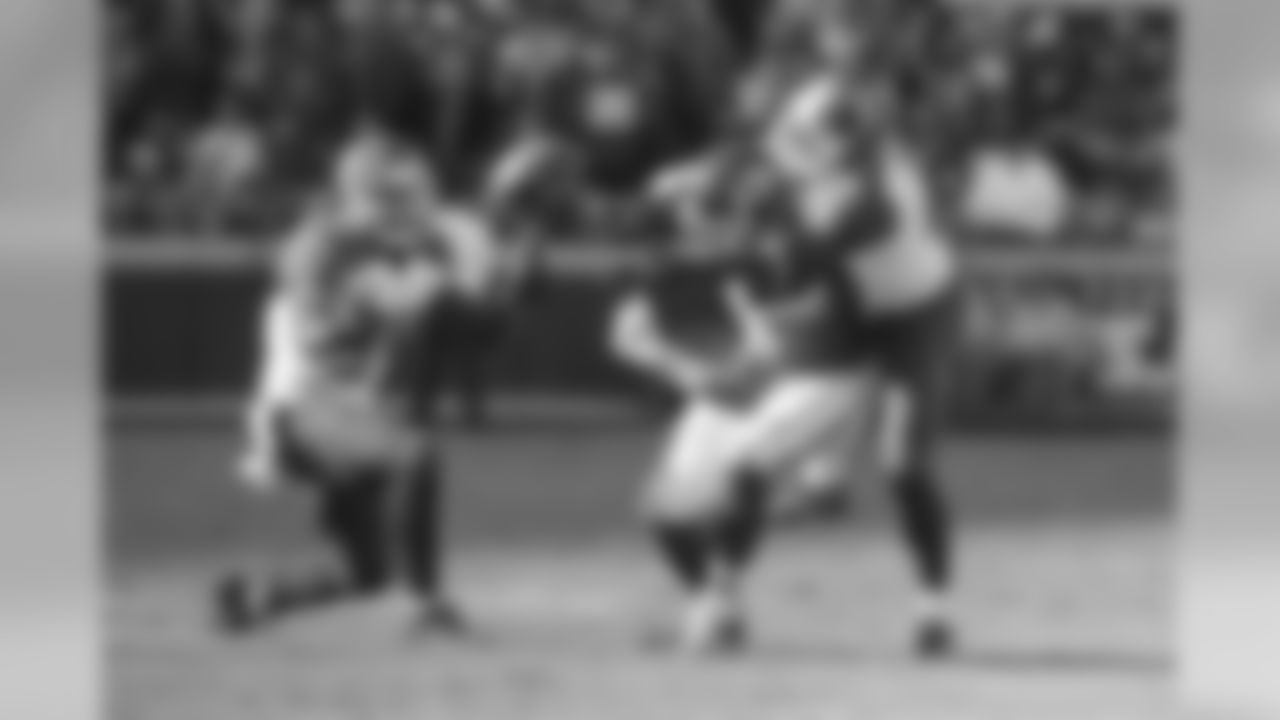
21 CB Alterraun Verner and #54 LB Lavonte David
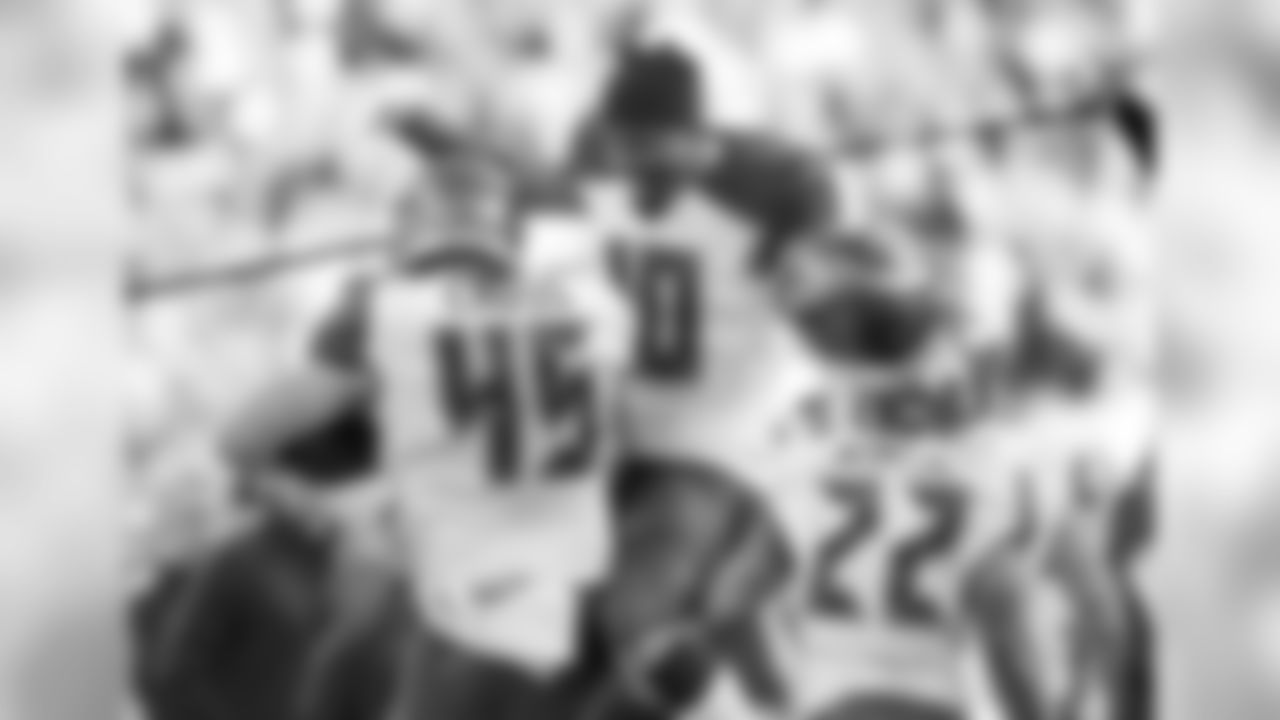
45 TE Alan Cross and #10 WR Cecil Shorts
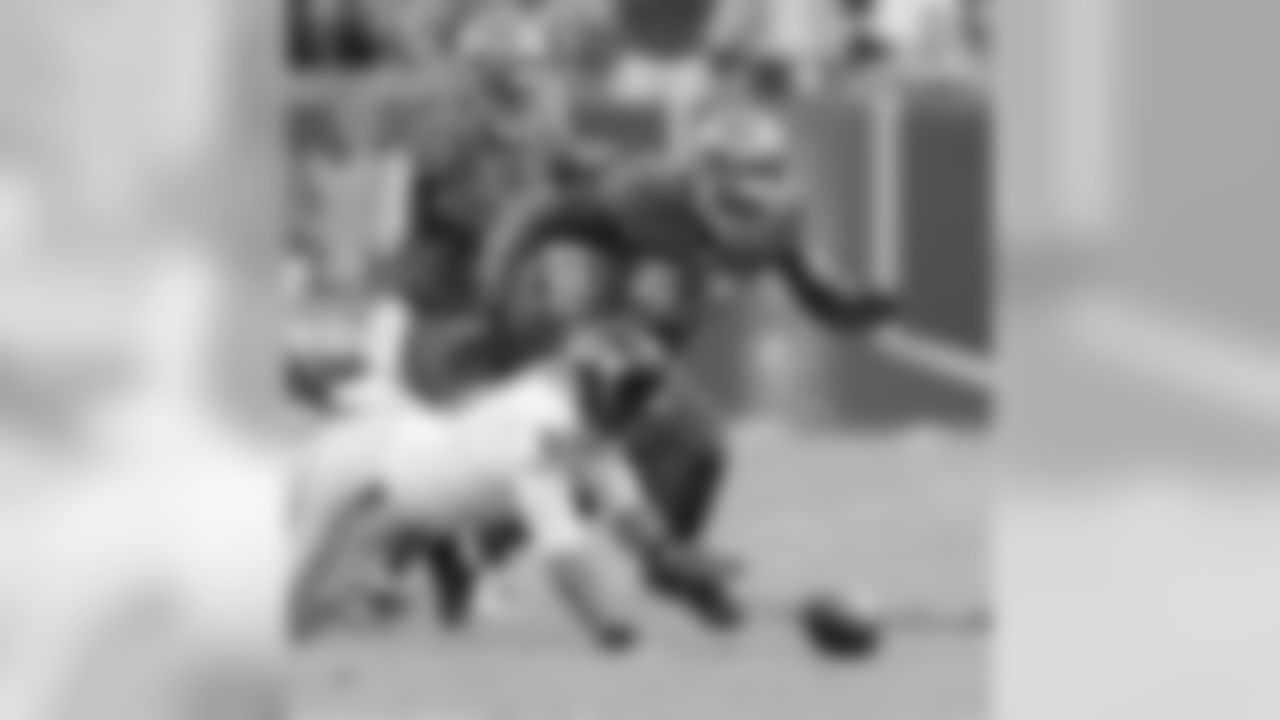
57 DE Noah Spence
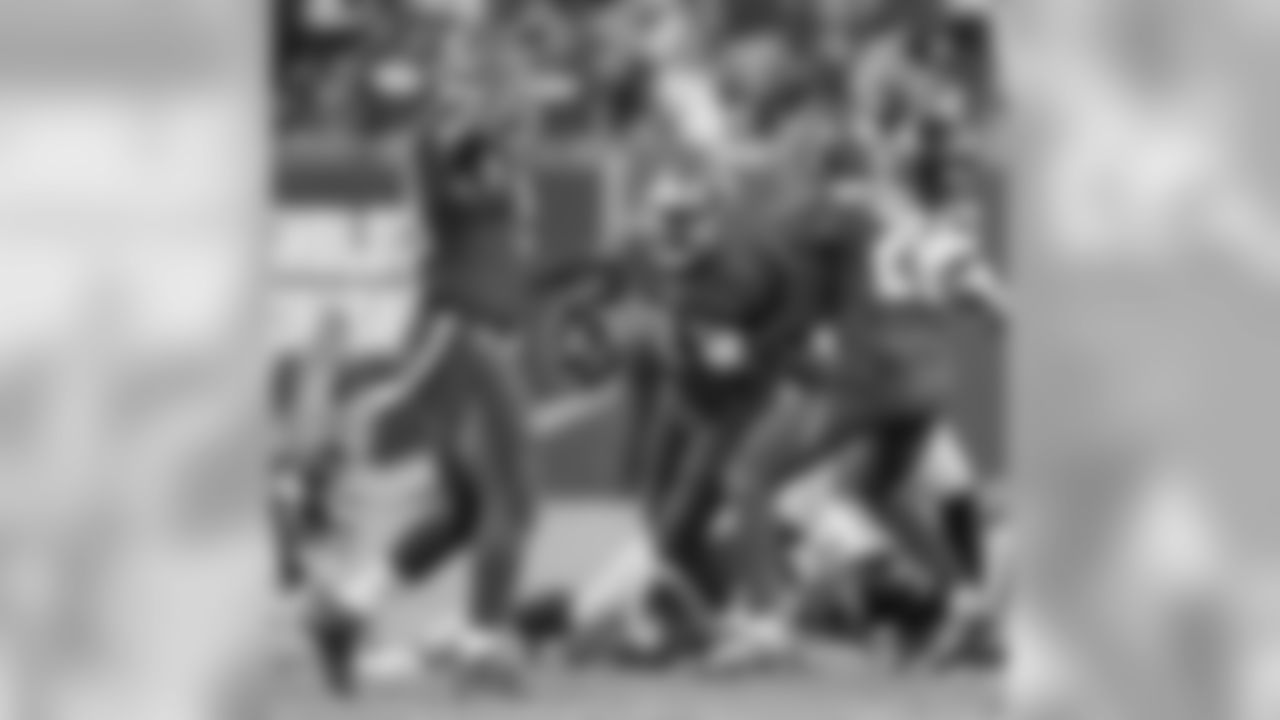
21 CB Alterraun Verner
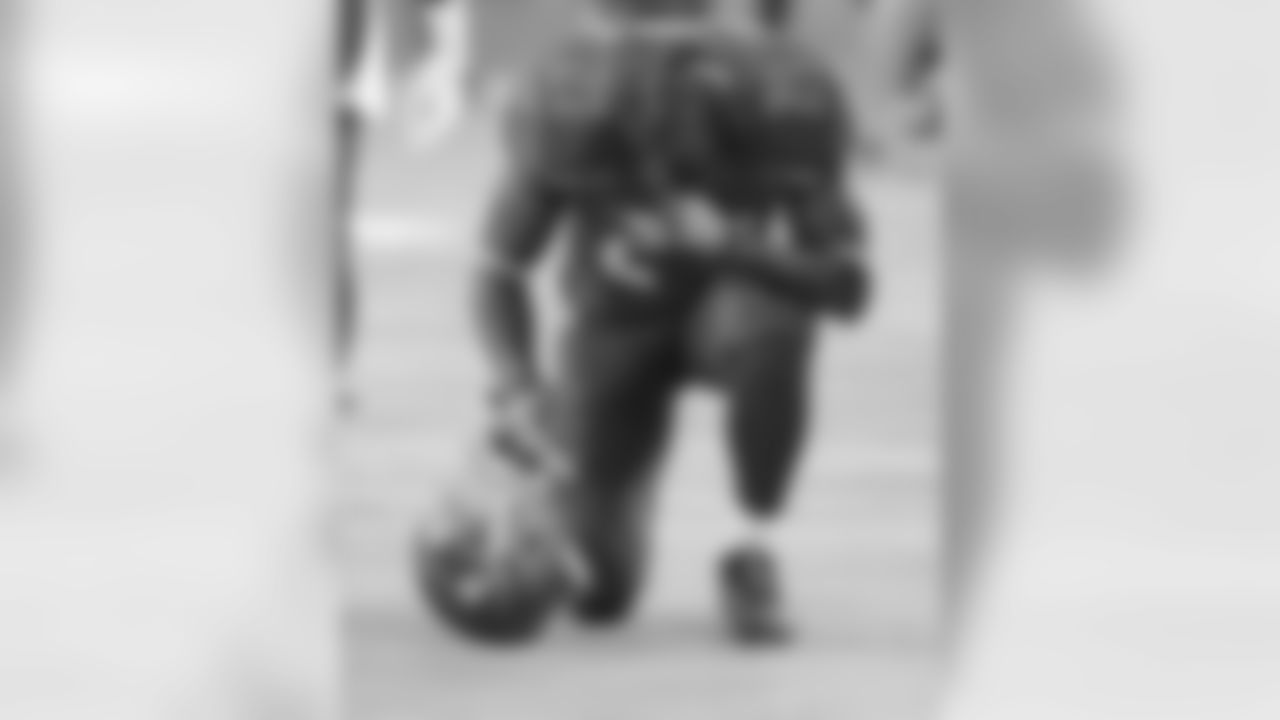
21 CB Alterraun Verner
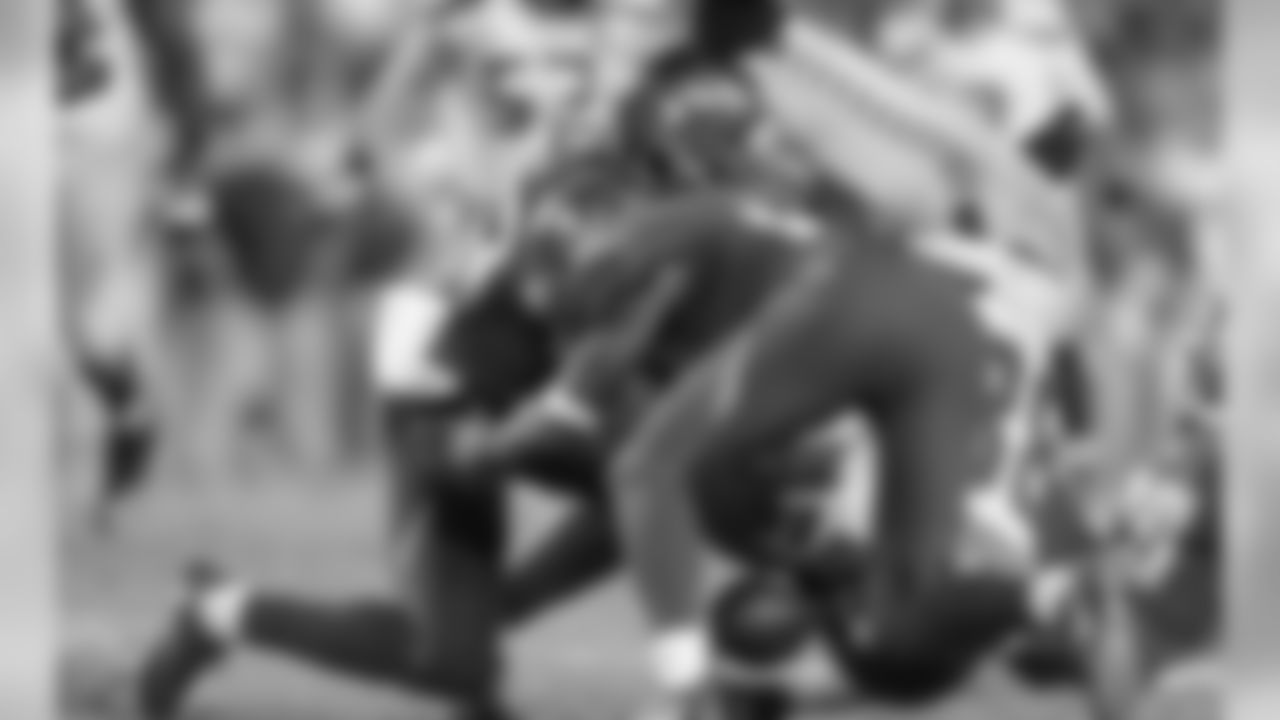
Bucs Defense
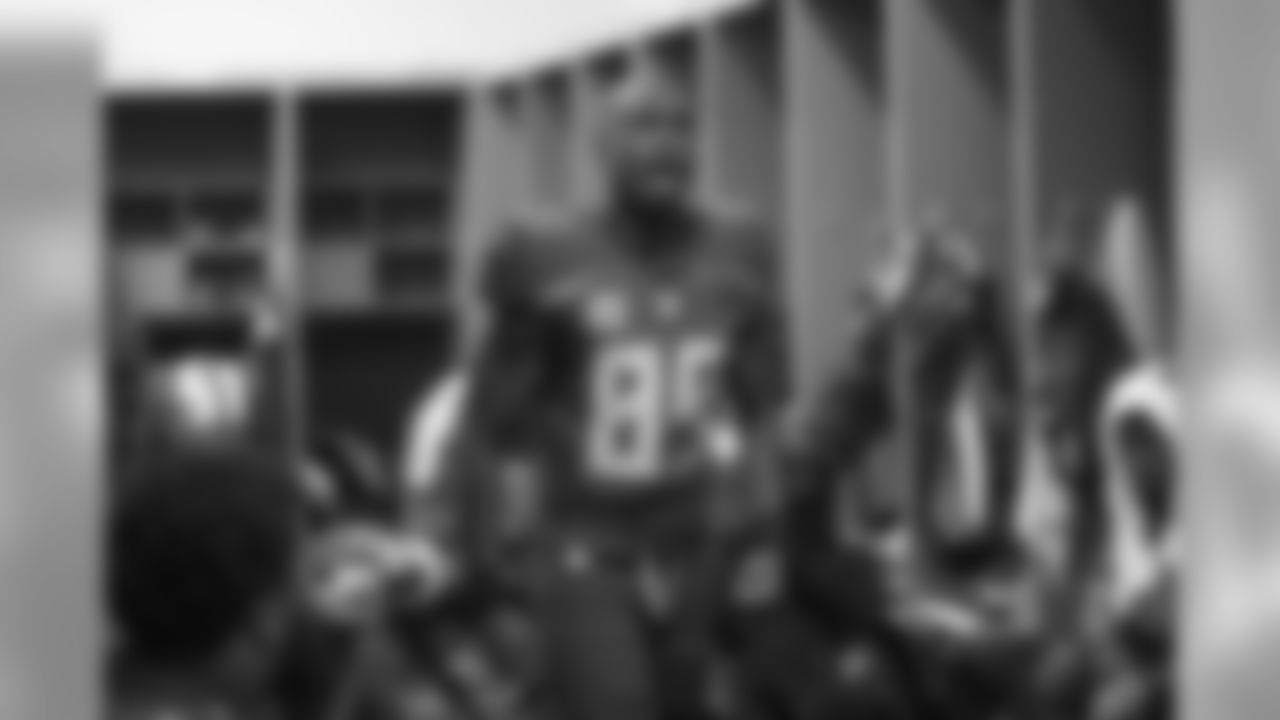
89 WR Russell Shepard
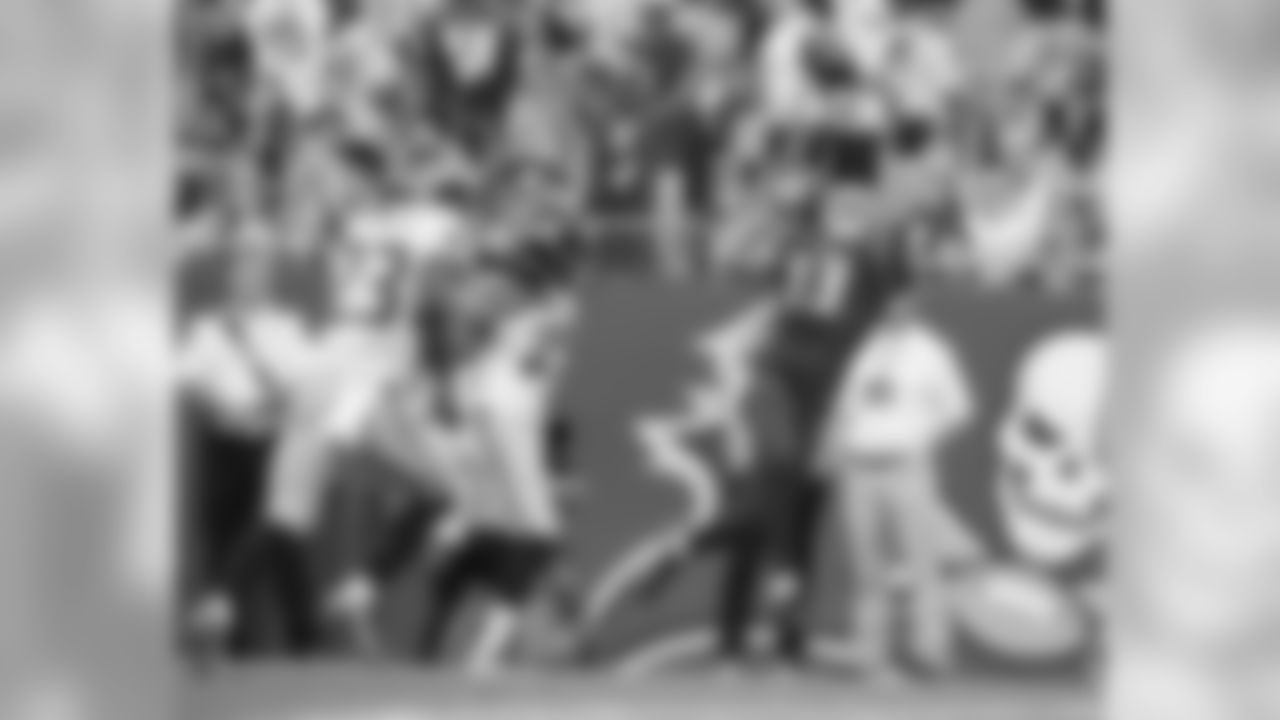
13 WR Mike Evans
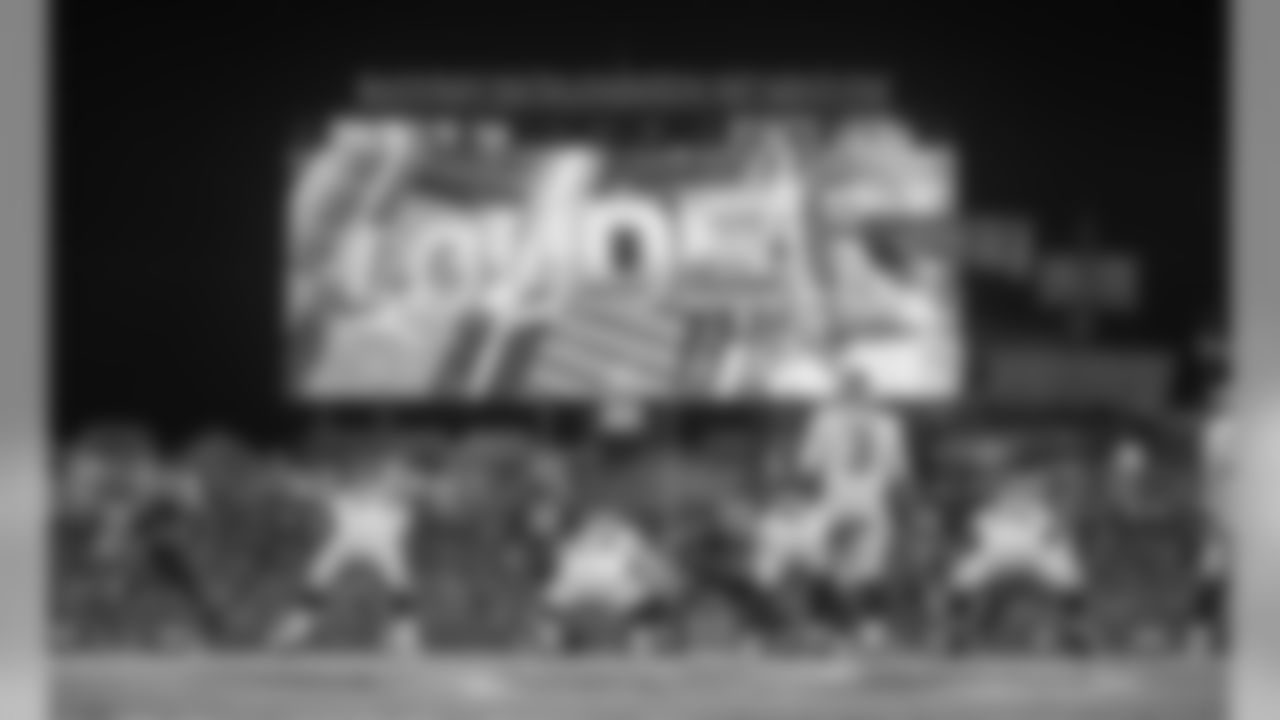
Bucs Defense
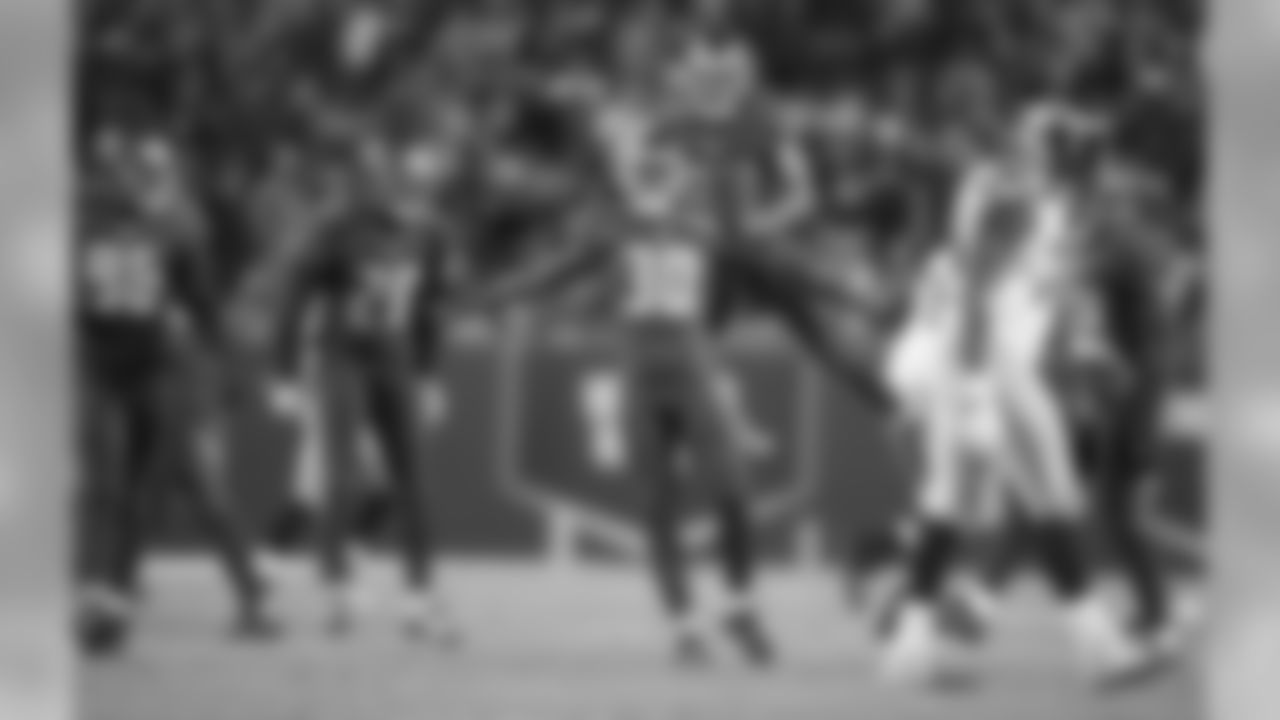
30 S Bradley McDougald and #24 CB Brent Grimes

54 LB Lavonte David

3 QB Jameis Winston and #93 DT Gerald McCoy
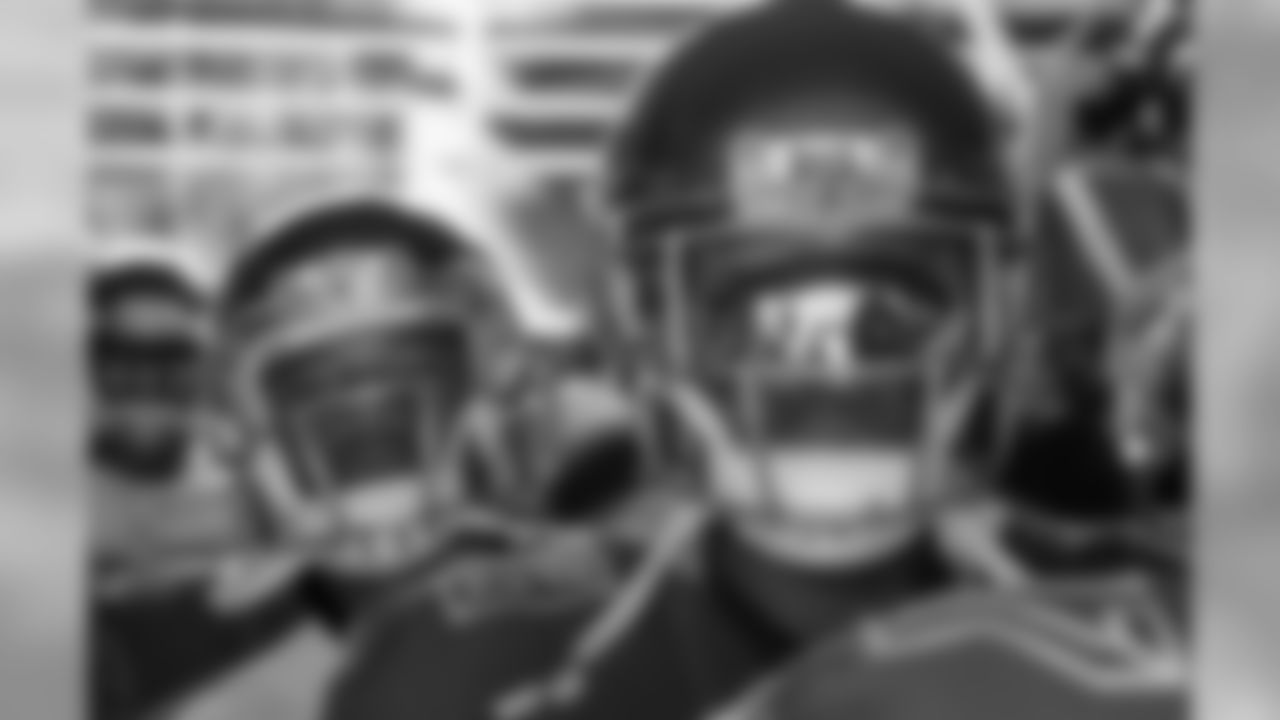
28 CB Vernon Hargreaves

30 S Bradley McDougald

93 DT Gerald McCoy and #91 DE Robert Ayers
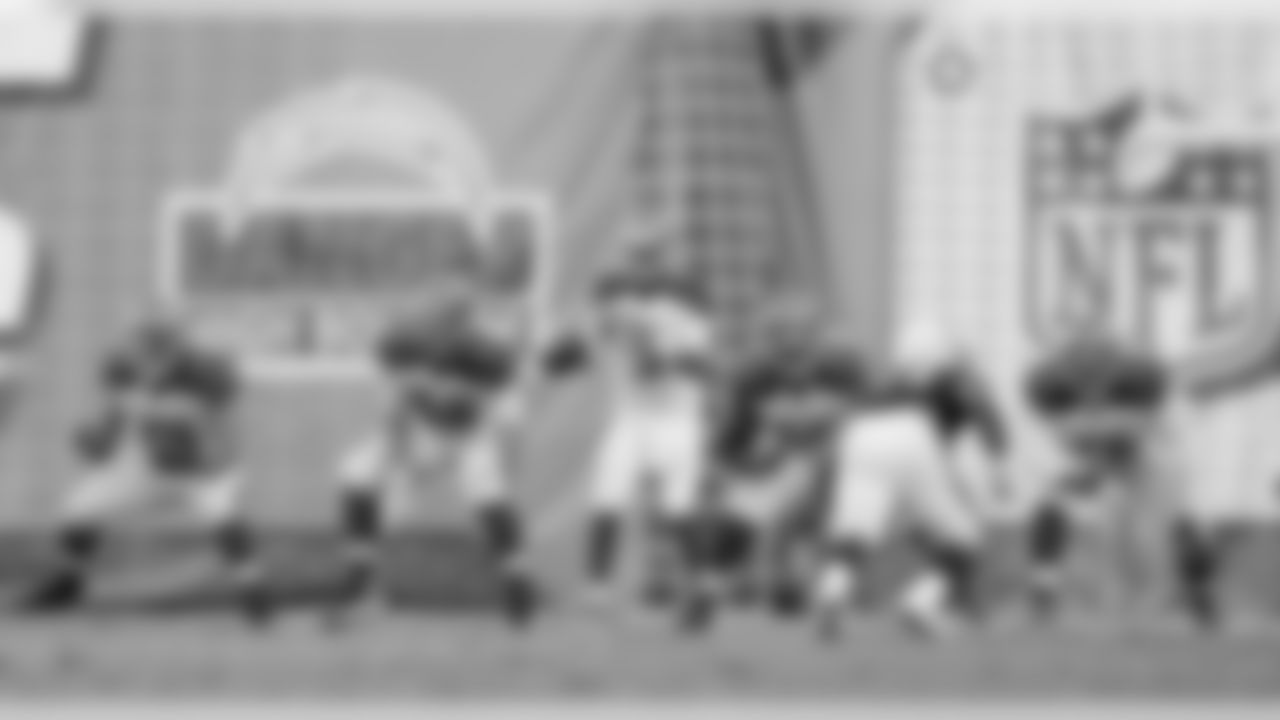
Bucs Offense

3 QB Jameis Winston
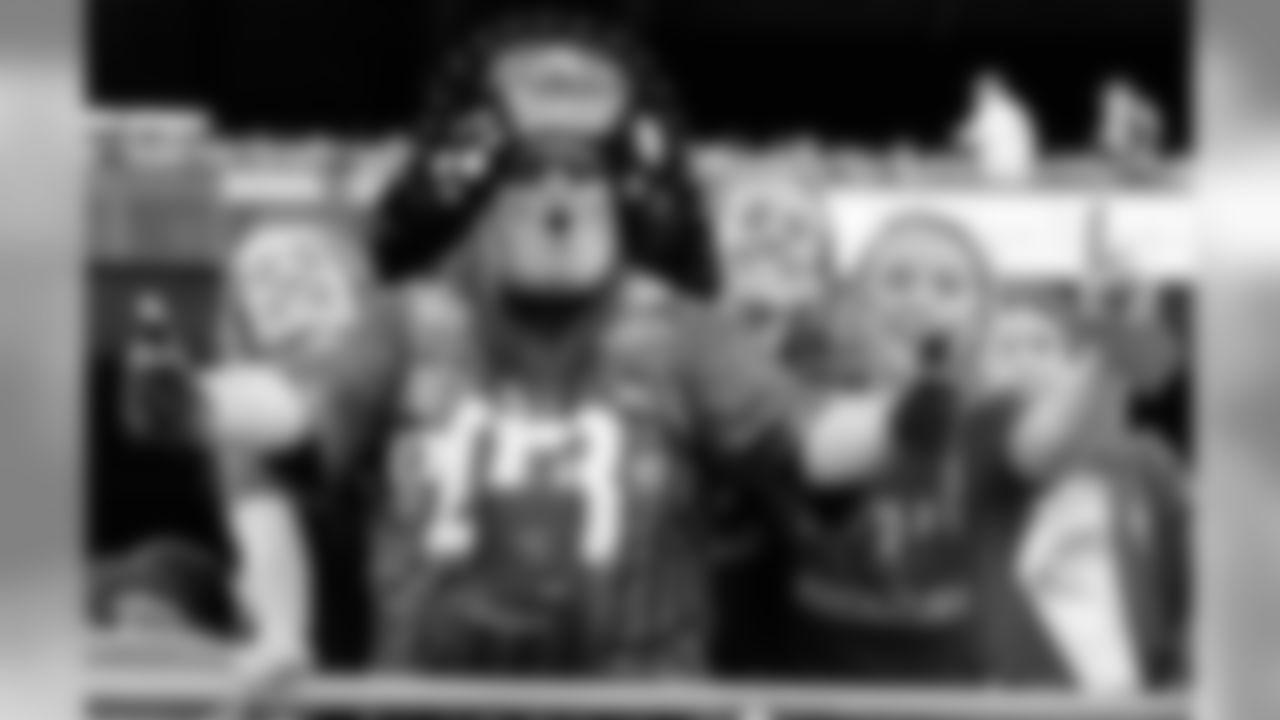
Buccaneer Fans
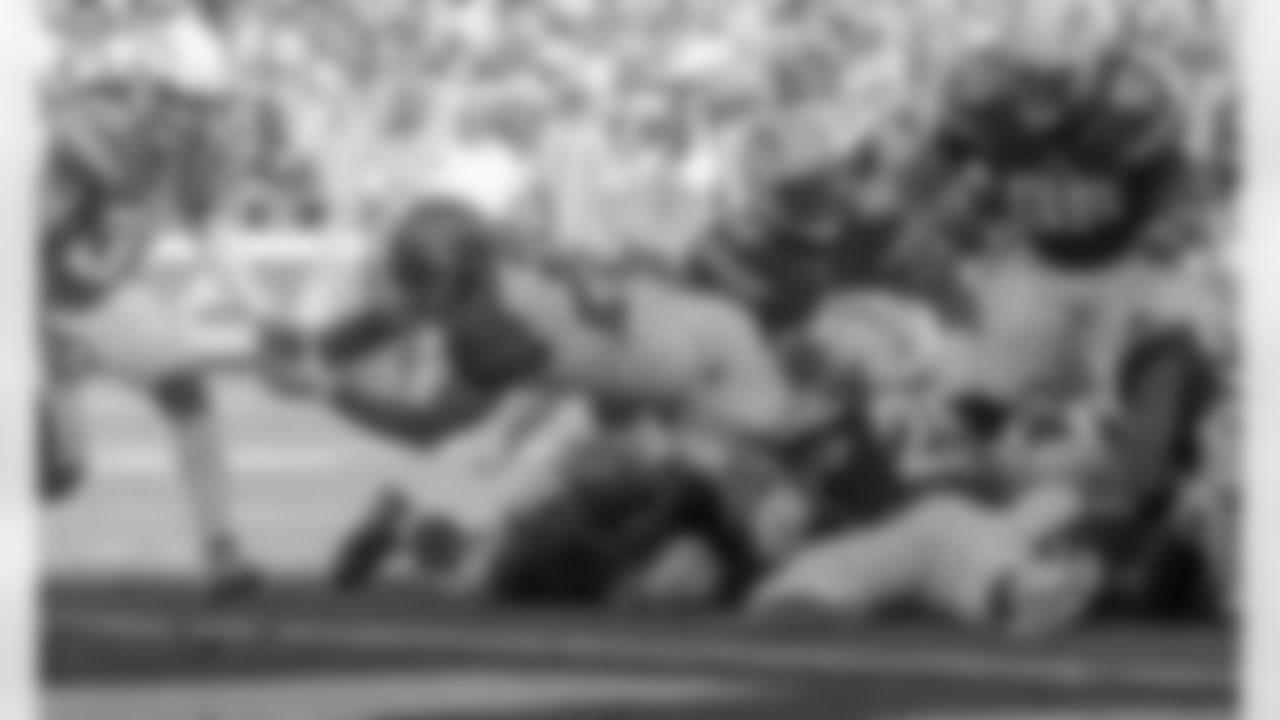
22 RB Doug Martin
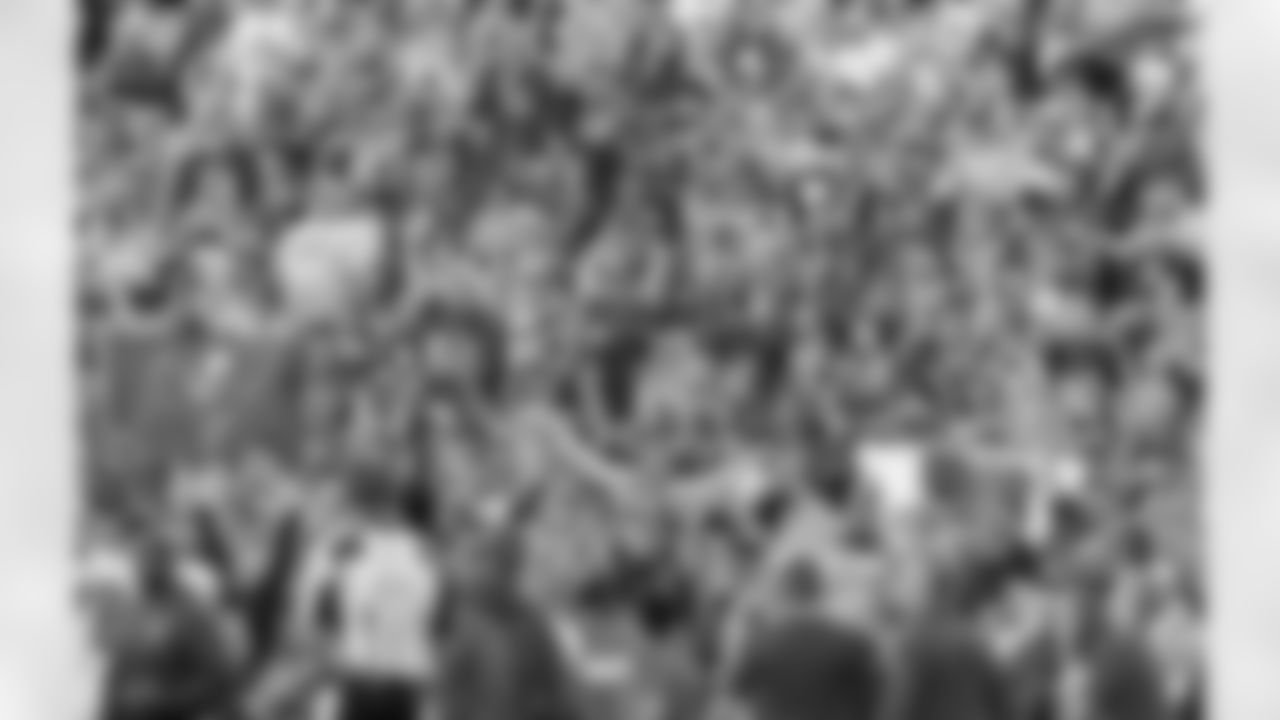
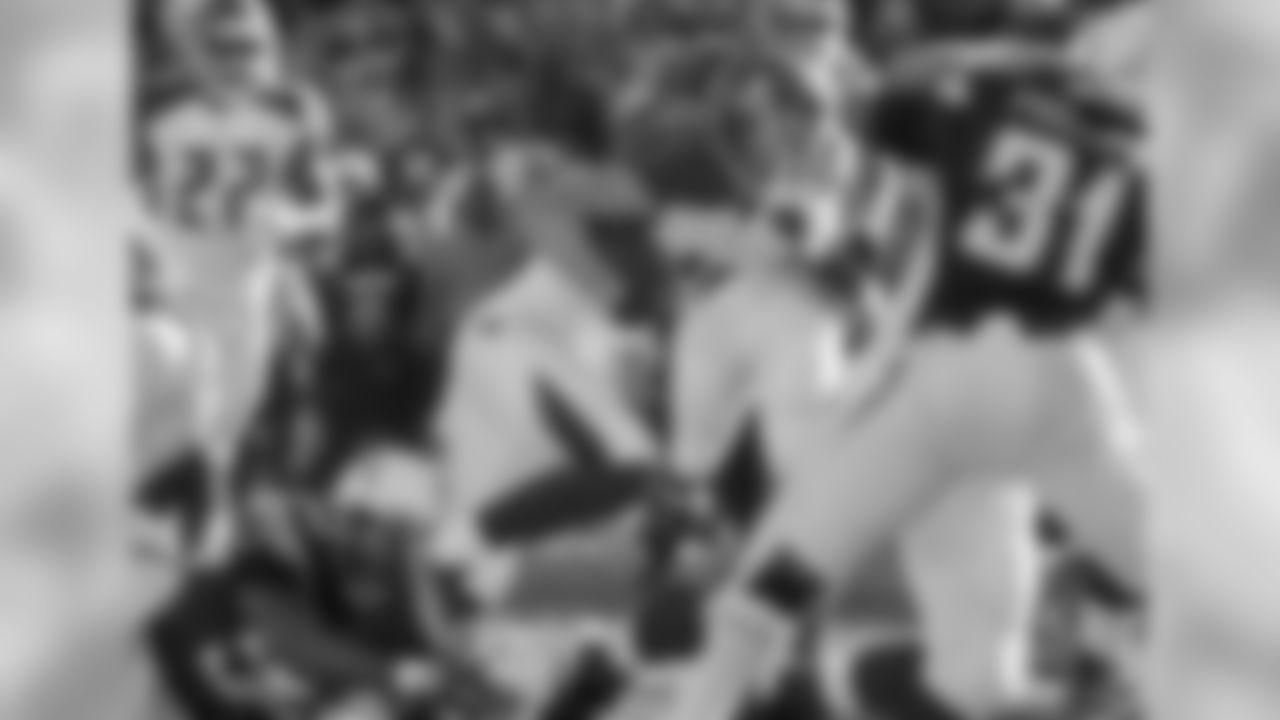
11 WR Adam Humphries

54 LB Lavonte David

37 S Keith Tandy

54 LB Lavonte David

26 CB Josh Robinson and #29 DB Ryan Smith

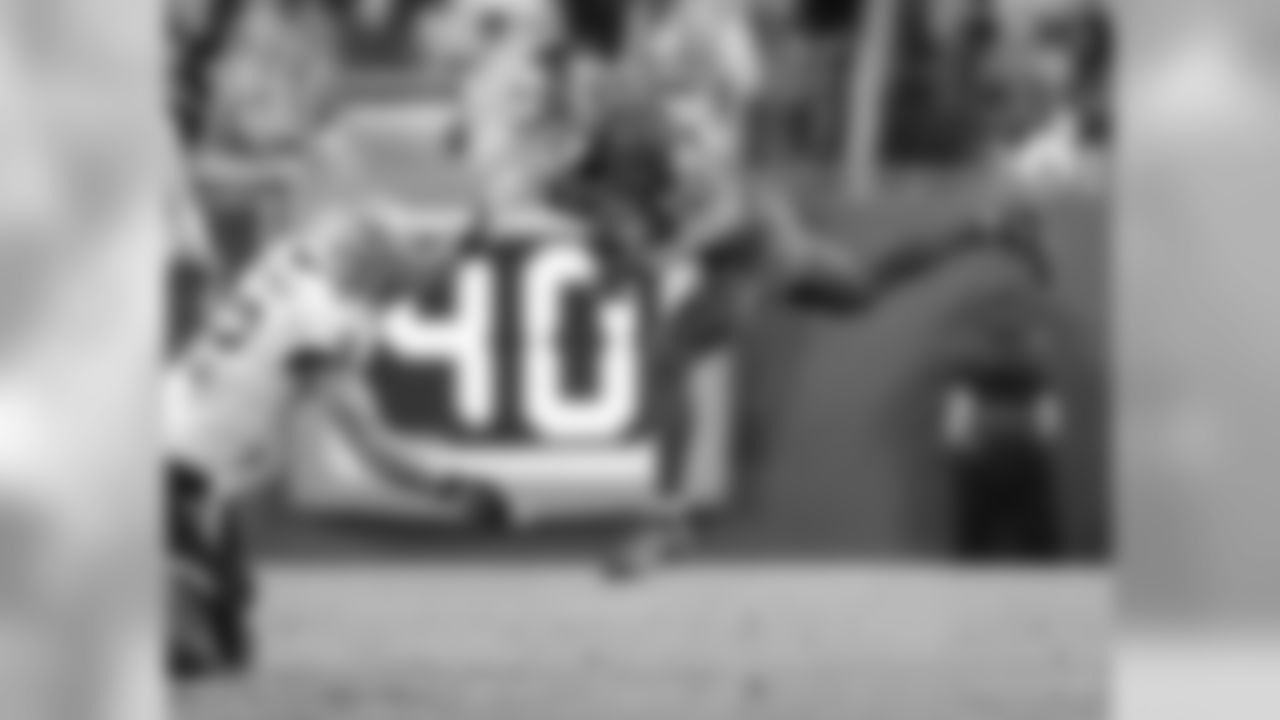
24 CB Brent Grimes
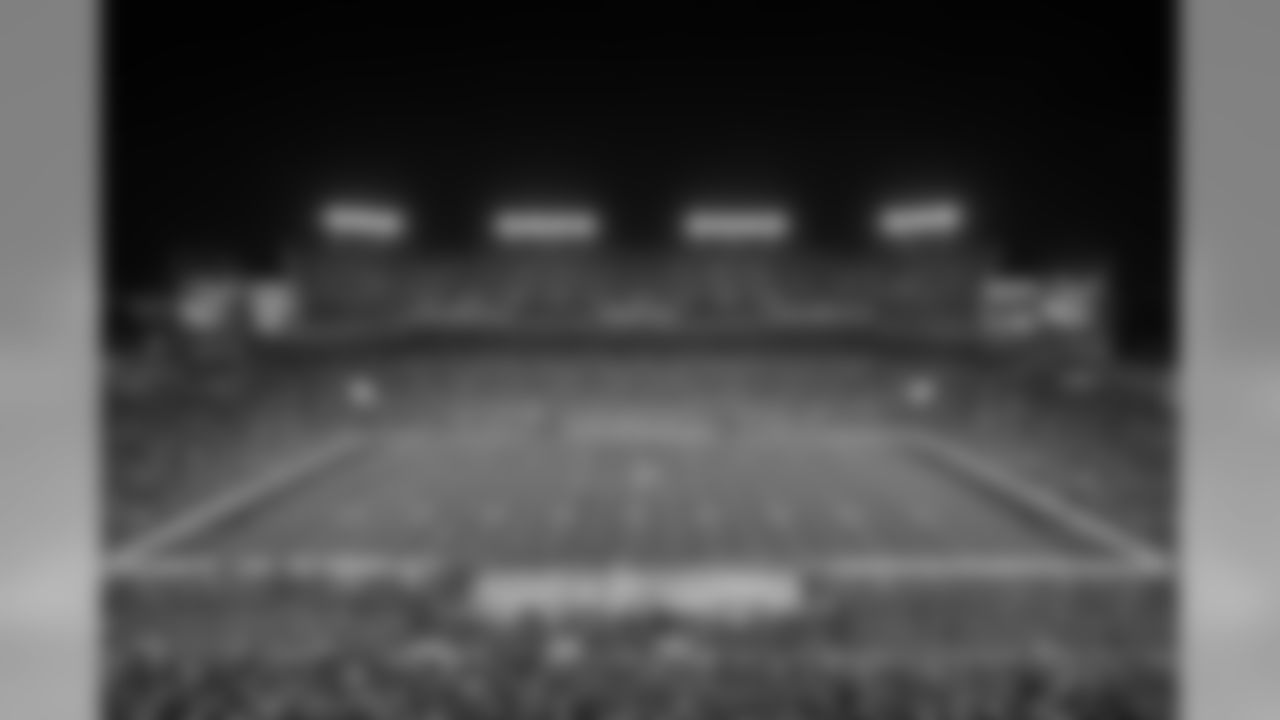
Raymond James Stadium

Head Coach Dirk Koetter
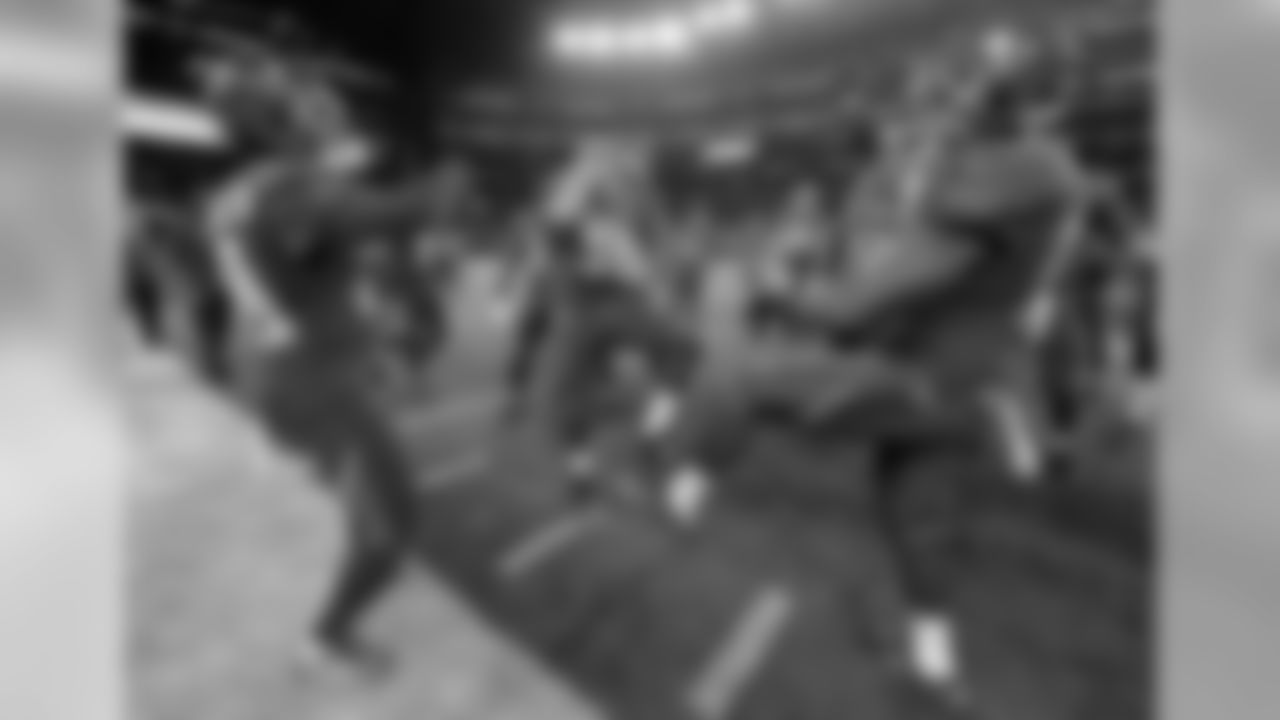
Team Huddle
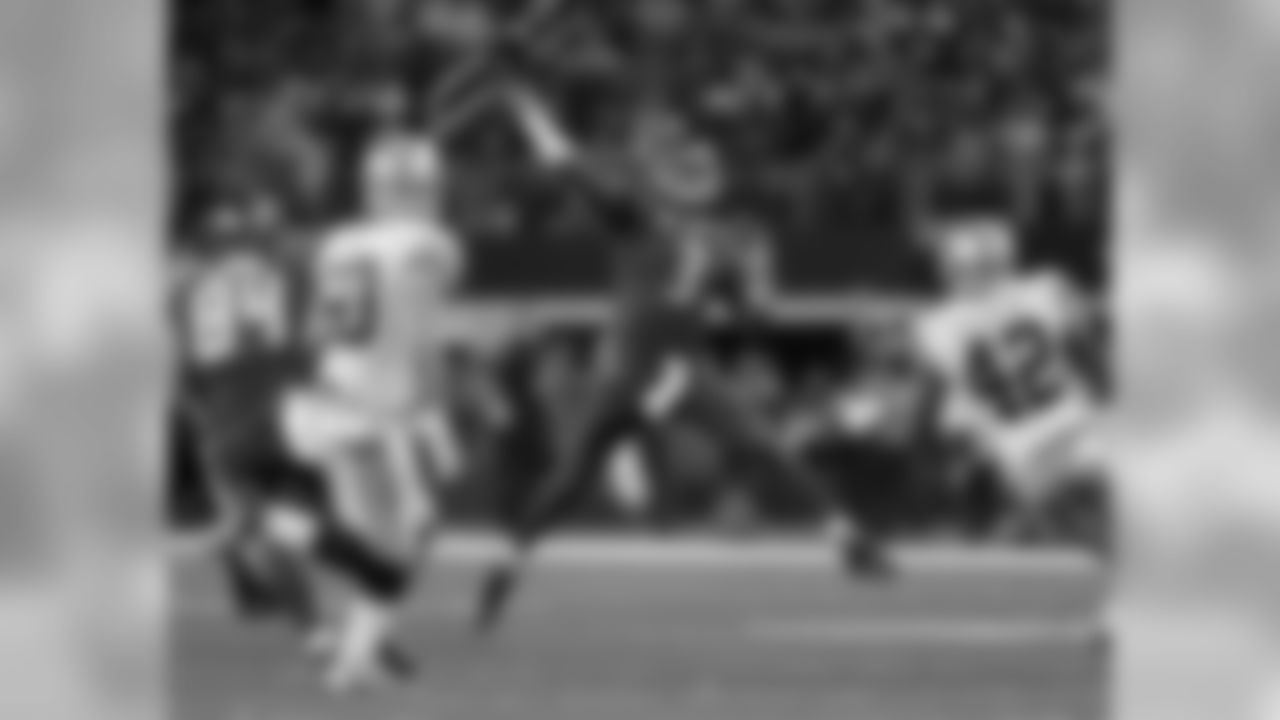
3 QB Jameis Winston
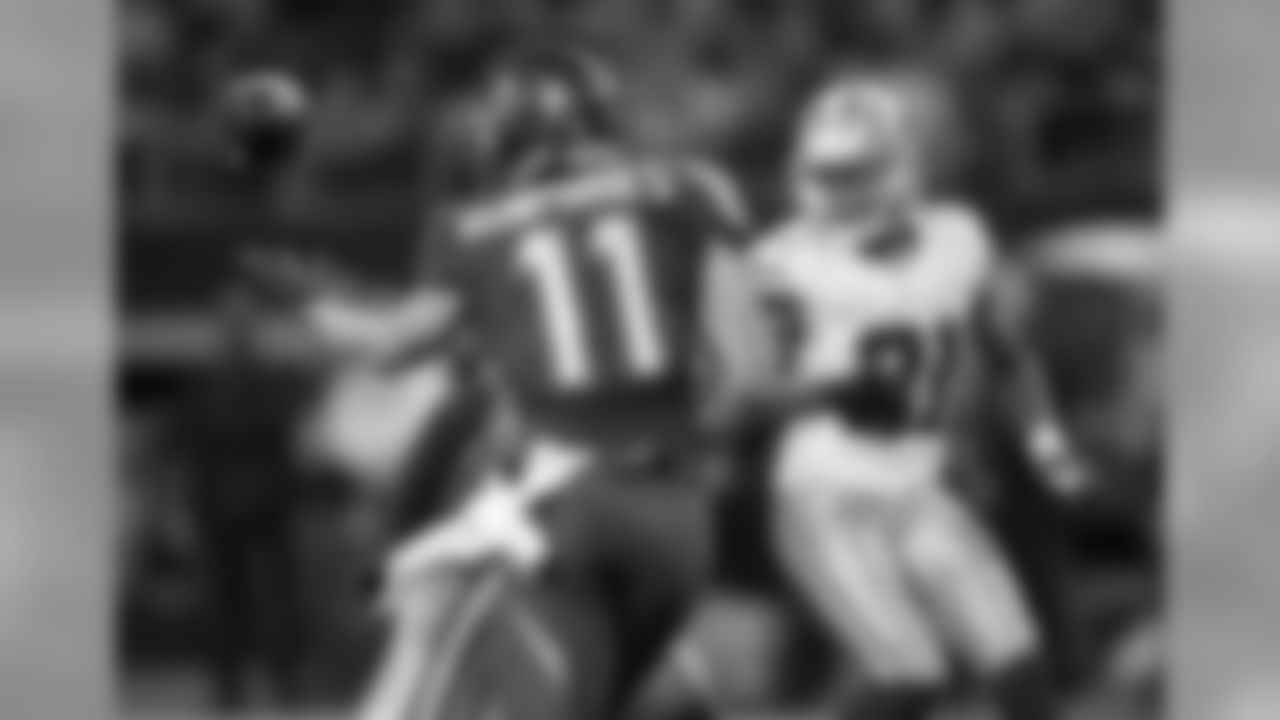
11 WR Adam Humphries
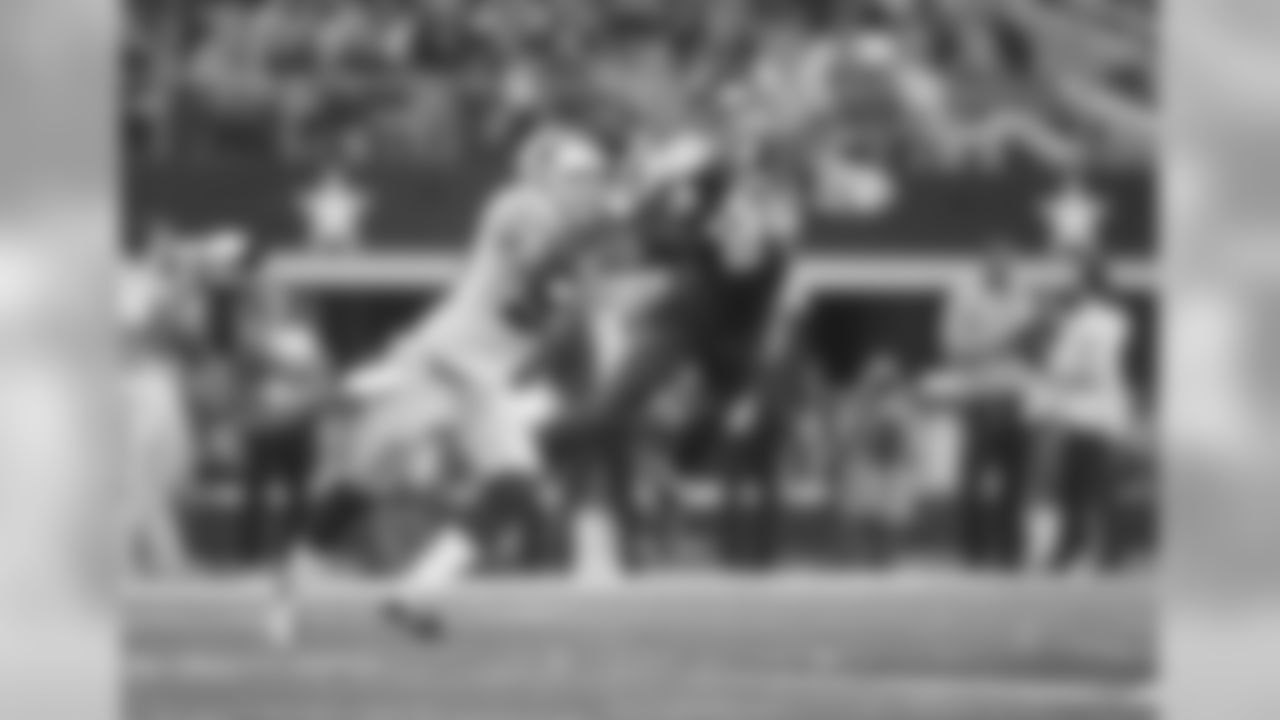
84 TE Cameron Brate
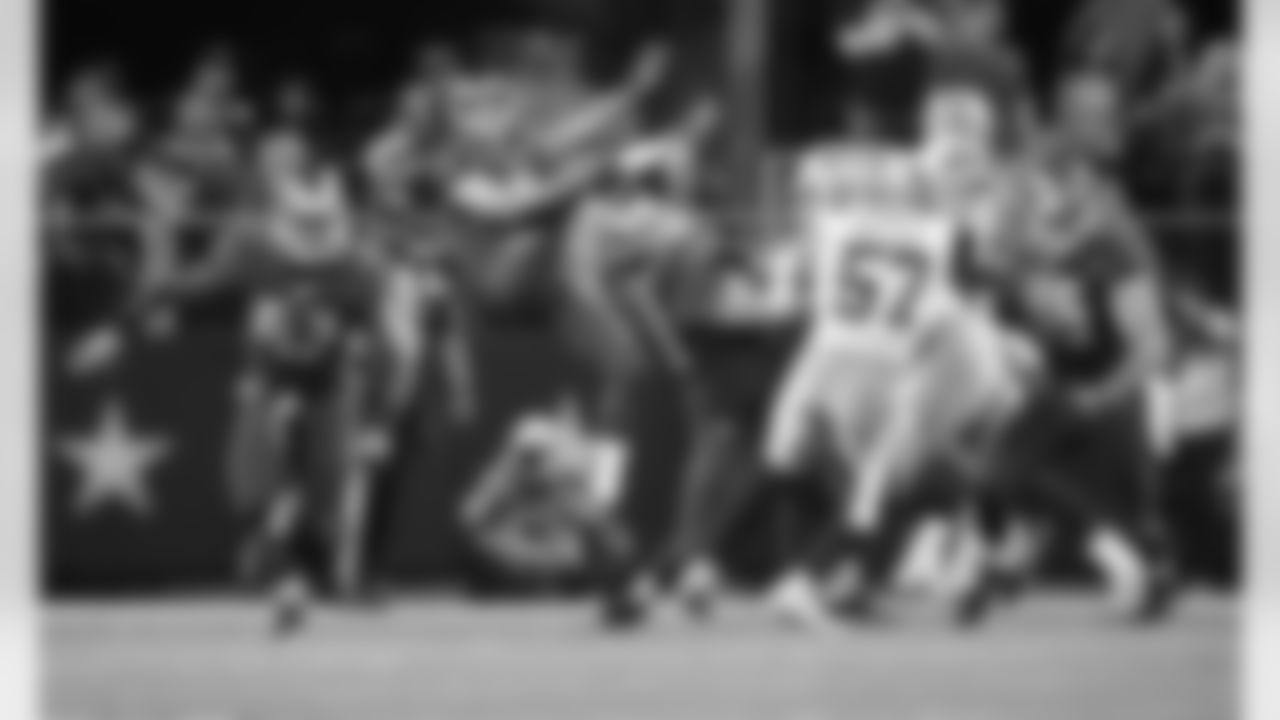
9 P Bryan Anger
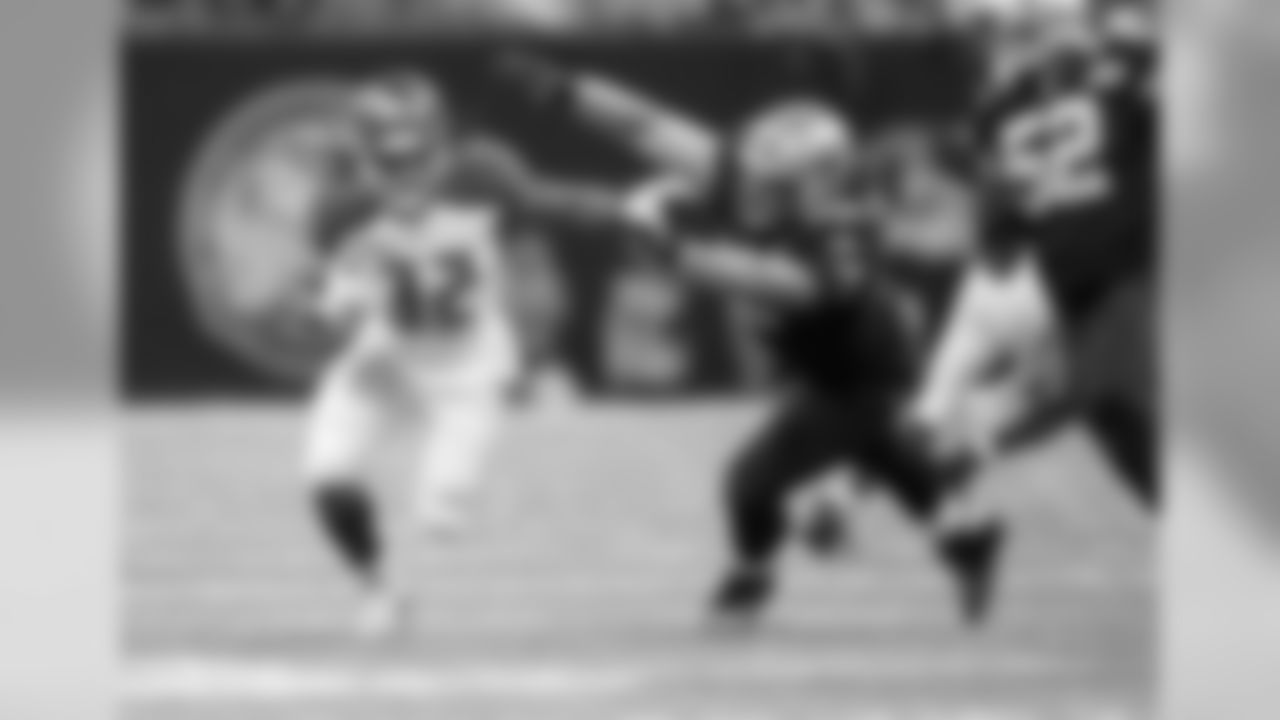
32 RB Jacquizz Rodgers
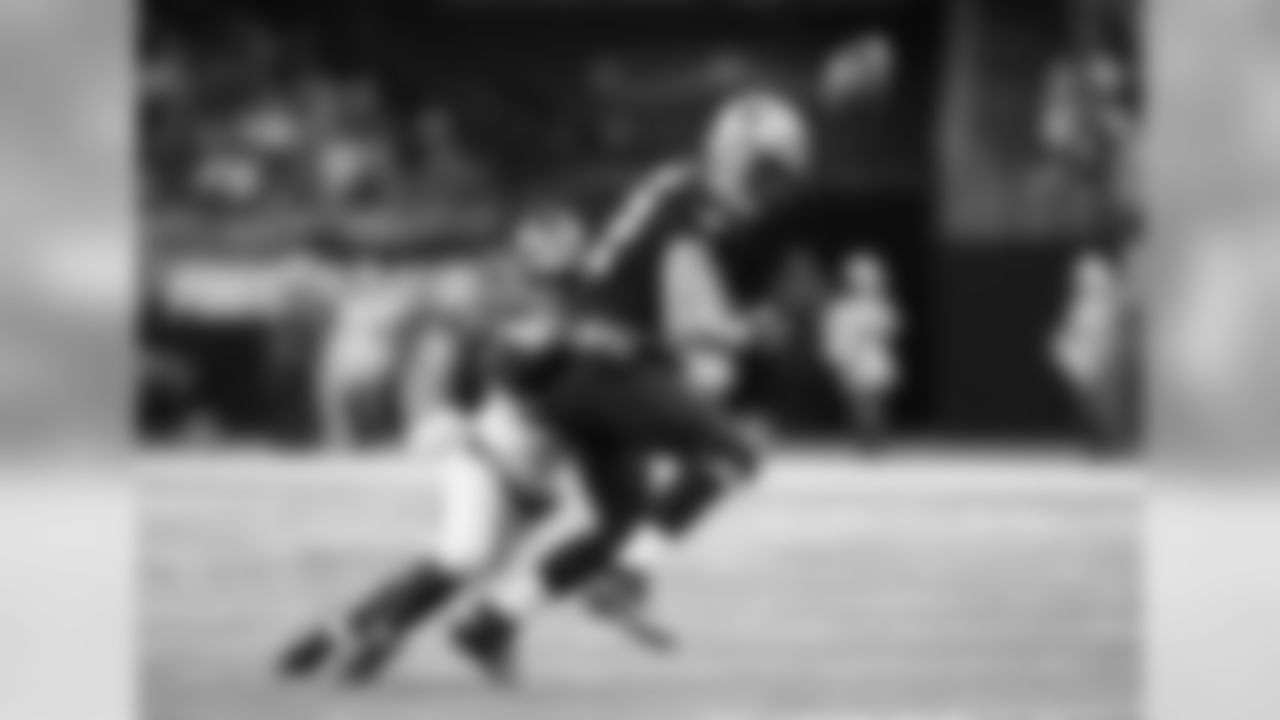
58 LB Kwon Alexander

9 P Bryan Anger
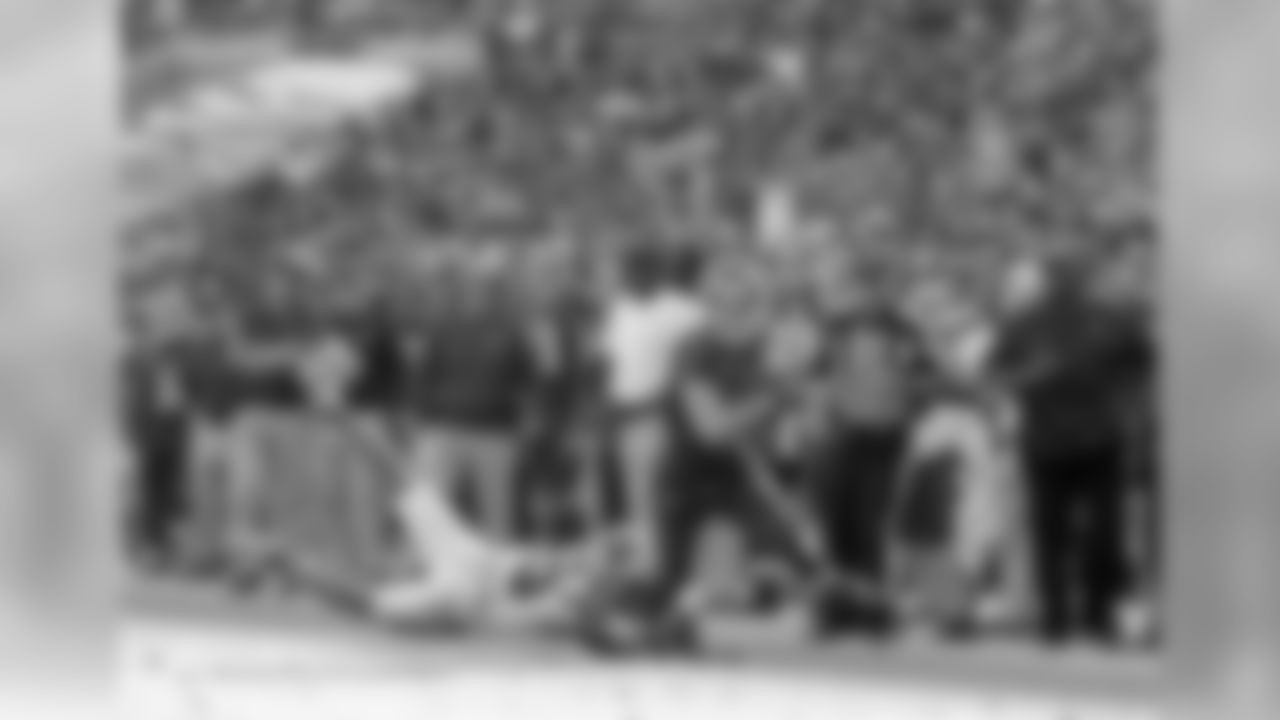
11 WR Adam Humphries
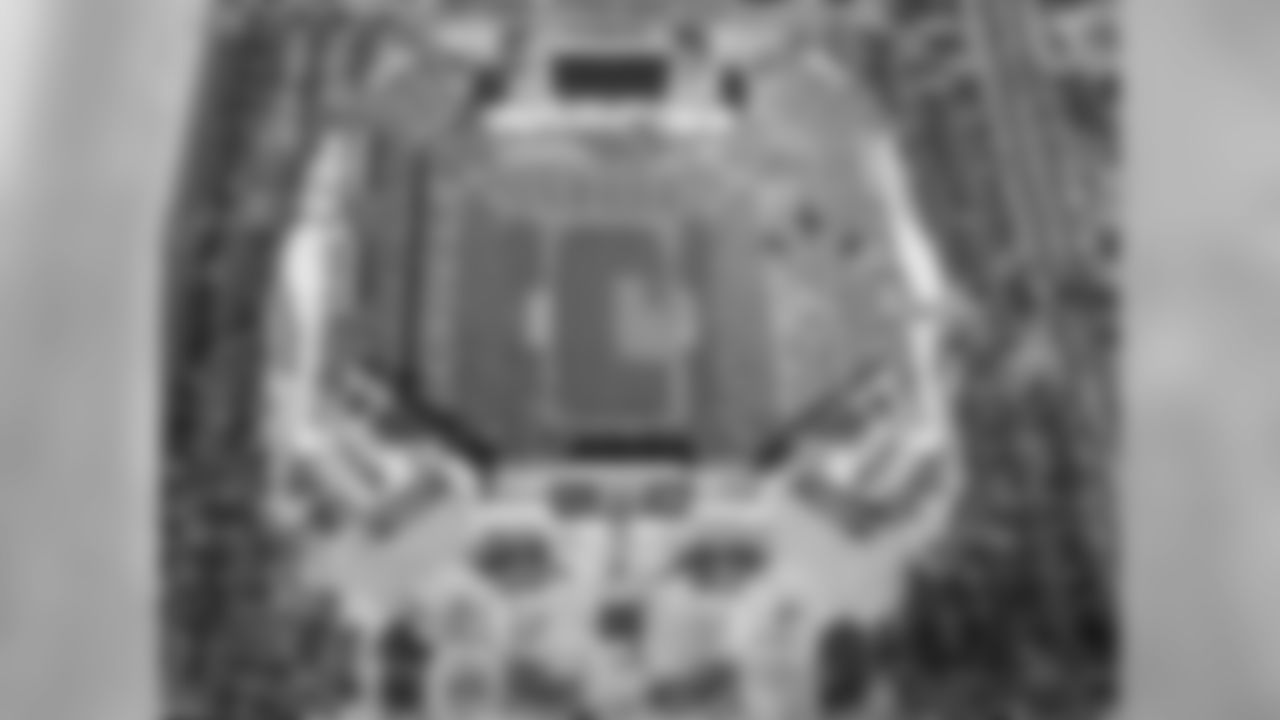
Raymond James Stadium
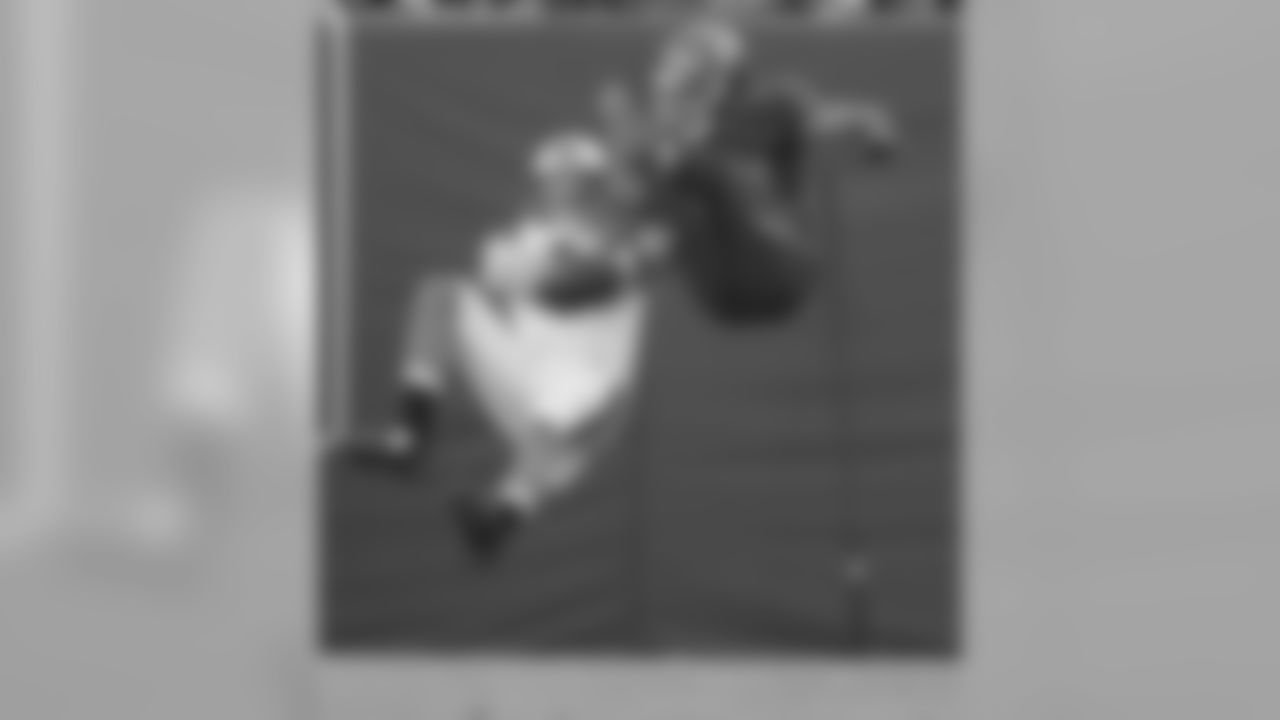
24 CB Brent Grimes


91 DE Robert Ayers and #58 LB Kwon Alexander

24 CB Brent Grimes

Head Coach Dirk Koetter
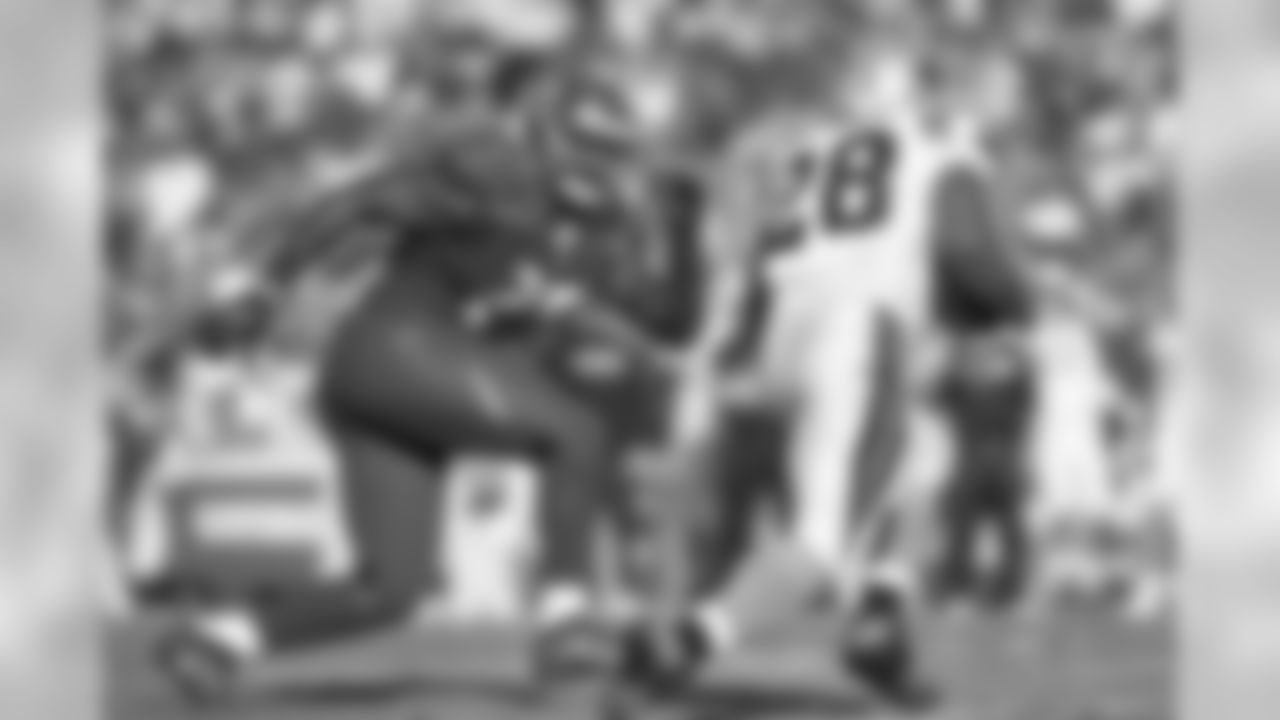
75 DT DaVonte Lambert
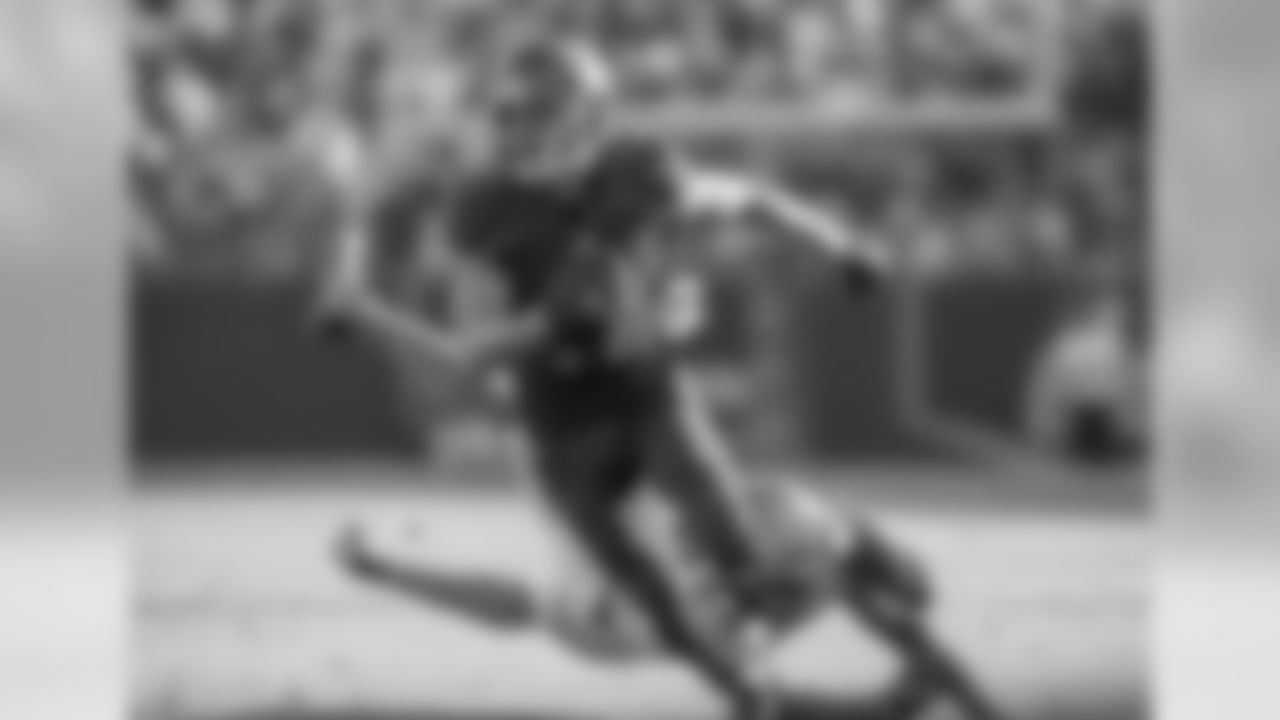
11 WR Adam Humphries

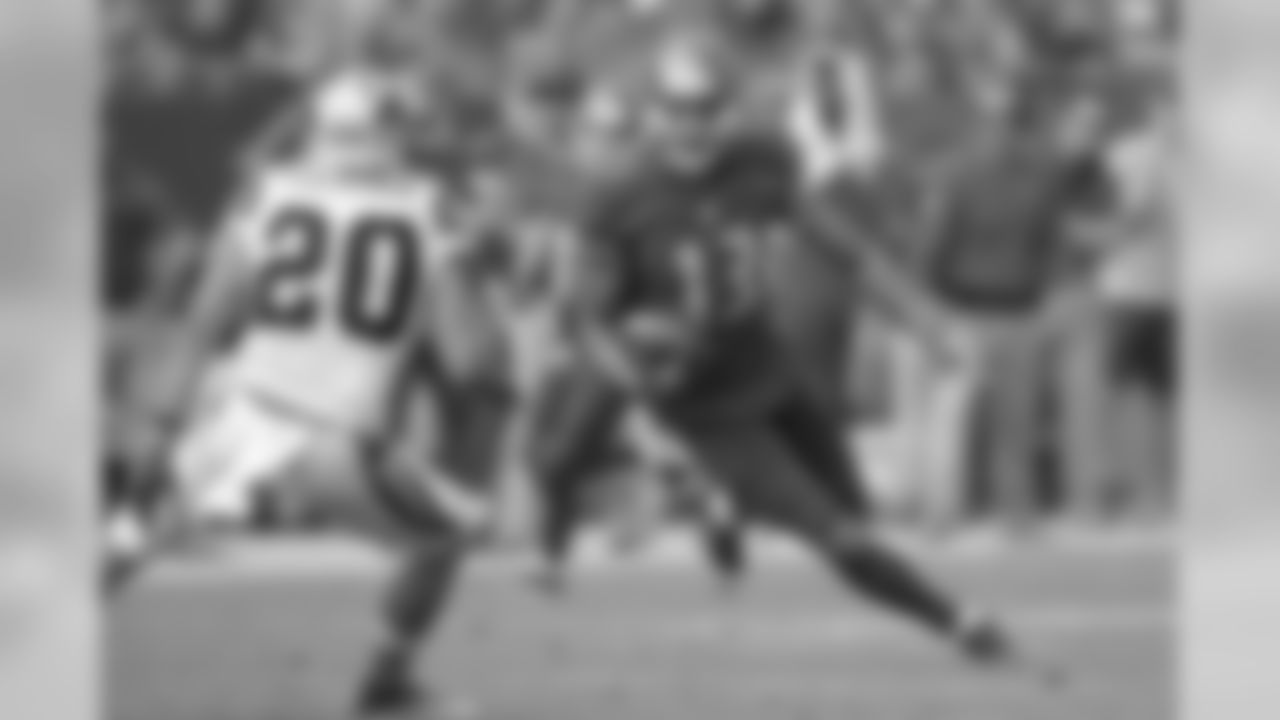
13 WR Mike Evans
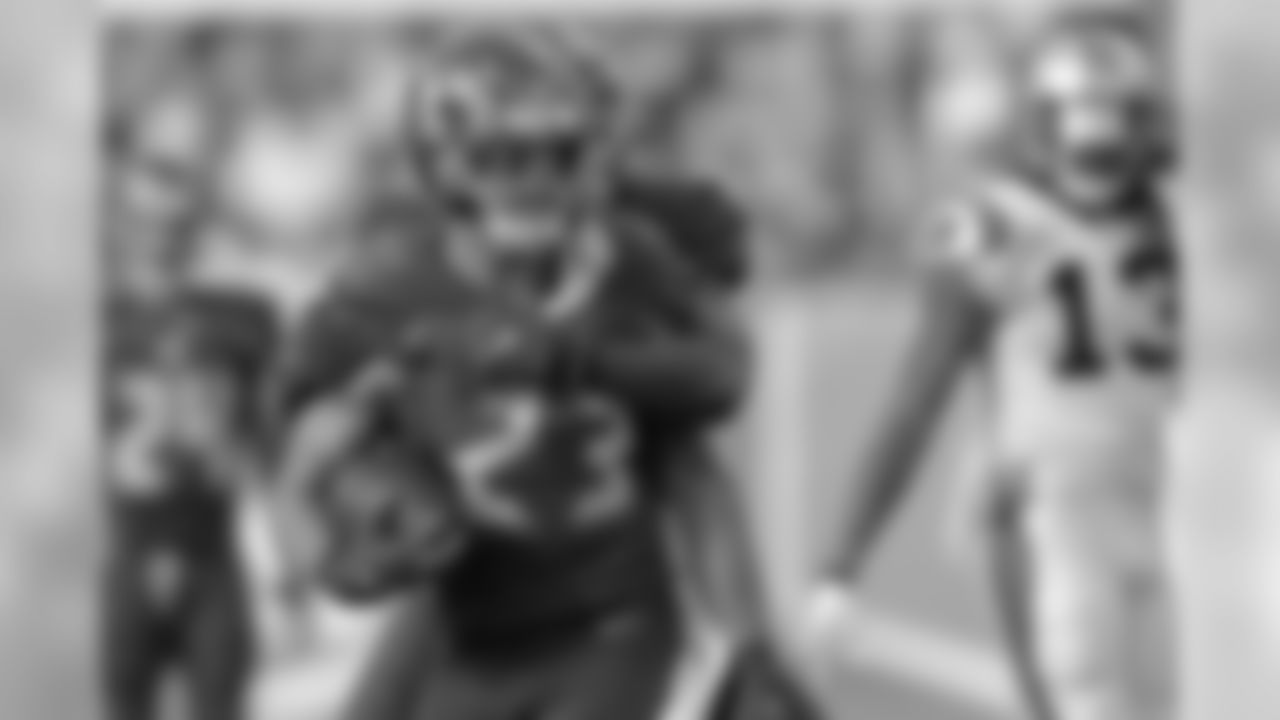
23 S Chris Conte
In late March, representatives from all 32 NFL teams will gather in Phoenix for the annual league meeting. Among the topics that will be discussed during this important four-day conference will be potential changes to the rules of the game.
The NFL's rulebook is constantly evolving, often in small ways but occasionally in a manner that impacts game strategy significantly. In 2013, for instance, the NFL outlawed peel-back blocks at any spot on the field, whereas before they were only illegal outside the tackle box. In 2014, the league added the recovery of a loose ball to the list of actions that can be reviewed by replay. The 2015 season brought a big change: The line of scrimmage for extra points was moved from the two-yard line to the 15 in order to add difficulty (read: interest) to what had become essentially automatic for NFL kickers.
There were other changes in each of those years; there are generally a handful of rulebook edits every offseason, and there are certain to be a few more this year. Each one, in some way or another, will impact how Head Coach Dirk Koetter and the Tampa Bay Buccaneers prepare for and strategize during games once the season begins.
The new extra point spot was first adopted in 2015 as a one-year trial, but it was made a "permanent" part of the rulebook last year. Let's take a look back at how that rule, and a few other changes in 2016, impacted the Buccaneers on the field.
Rule Change: Make New PAT Spot Permanent
In the first year of this experiment, the Buccaneers ranked 26th in the league in extra point success rate because they missed three times in 34 tries. That was mostly due to the fact that Kyle Brindza missed two of his eight tries before being replaced by Connor Barth. Barth missed just once on 26 PAT kicks. Still, overall the new rule affected the Buccaneers more than most teams; in fact, five clubs still made all of their extra point tries. On the other hand, Jacksonville, which missed seven extra points, and Buffalo, which missed six, probably enjoyed the new rule the least.
The league was pleased with the overall results and voted to keep the new PAT line of scrimmage. The Buccaneers, meanwhile, turned to the draft for a solution to their kicking carousel of recent years, trading up into the bottom of the second round to grab Roberto Aguayo. The Florida State star had established himself as one of the most accurate kickers in NCAA history and was particularly deadly from 40 yards in. The new PAT rule makes those kicks the equivalent of a 33-yard field goal.
As it turned out, Aguayo struggled at points during his rookie season, and that included missing a pair of extra point tries. However, that wasn't a massive problem for the Buccaneers, who ranked right in the middle of the league (15th) with a PAT success rate of 94.1%. Twenty of the league's 32 teams missed at least two extra points, and again there were three different squads that misfired at least six times (Cincinnati, Seattle and Minnesota).
Buccaneer opponents missed just once on 35 point-after attempts in 2016, a success rate of 97.1%. Thus it appears the new PAT spot was a net negative for Tampa Bay this past season, but by a small margin.
Rule Change: Make All Chop Blocks Illegal
The league fully outlawed all chop blocks, not just those in the tackle box, in an effort to improve player safety. Any given chop block can have a big impact on a player's season and/or career, and thus it's good to try to get them out of the game, but as a whole that penalty wasn't a big part of the NFL story in 2016. Across the league, there were only 10 illegal chop blocks called all season.
Still, the new rule proved to be a net gain for the Buccaneers. They did not commit a chop block penalty in 2016 but did have one called against an opponent. In Week 12, Tampa Bay secured one of the most impressive wins of its season, a 14-5 defensive masterpiece against Seattle, the eventual NFC West champs. After building a 14-0 lead in the first half, the Bucs saw the visiting Seahawks grab some momentum back before halftime with a five-point run spurred by a safety. Seattle got the ball to start the second half and could have quickly made it a very tight game.
Instead, a nine-yard completion on first down was wiped out by a chop block call against Joey Hunt, making his only start of the season in place of injured center Justin Britt. That penalty effectively ended the drive and stalled the Seahawks' momentum; they wouldn't cross midfield until midway through the fourth period and wouldn't score at all after halftime.
Rule Change: Two Unsportsmanlike Conduct Penalties Leads to Ejection
This new rule called for an automatic disqualification from the game for any player who was twice penalized for these specific unsportsmanlike conduct violations: 1) Punching or kicking; 2) Abusive language; 3) Taunting. The rule was adopted on a one-year trial basis, much like the new PAT spot in 2015.
The first player to feel the automatic wrath of this rule was New York Giants center Weston Richburg in a game against the Washington Redskins in Week Three. Overall, there were eight players ejected from games in 2016, though not necessarily due to this new rule.
This rule did not affect any of the Bucs' games. There were no Tampa Bay players ejected from a contest in 2016. The Bucs did see one opponent tossed, but it wasn't due to the new "two-strike" qualification. That addition to the rule did not remove the officials' ability to summarily eject a player for a conduct issue, and that's what happened to Los Angeles Rams' defensive lineman Eugene Sims in Week Three at Raymond James Stadium. Sims apparently crossed a line of some sort during an argument following a Buccaneers extra point attempt. He was flagged for unsportsmanlike conduct and ejected, even though it was his first infraction of the game.
Rule Change: Move Touchbacks After Kickoffs from the 20-Yard Line to the 25
Whether it was largely due to this new rule or just coincidental, the kickoff return unit was the least successful part of the Buccaneers' game in 2016. In fact, Tampa Bay ranked last in the league in kickoff return average (14.6 ypa) and 31st in average kickoff drive start (23.4-yard line).
Kickoffs still originated from the same spot in 2016 – the kicking team's 35-yard line – and there were no other changes to the procedure of the play, so the new touchback rule shouldn't have strongly affected how well a team fared when it did decide to return a kickoff (or was forced to if it didn't reach the end zone). One could argue that some teams effectively used the "mortar kick" strategy to make return men field high-hanging kicks close to their goal line, but the vast majority of kickoffs in the league last year were of the normal variety.
MAILBAG: LOOKING BACK, LOOKING AHEAD
What the new rule did was make the Buccaneers' struggles in the return game hurt more. When a touchback gives a team a starting point of the 25-yard line, then an average start of the 23 is troublesome. Under the old rules, starting at the 23 was actually a bit better than a touchback. (We have to note here that the Bucs' average kickoff drive start would have been worse in 2016 under the old rules because all the touchbacks they did take would have netted five fewer yards each.)
The Buccaneers did not struggle when they were the kicking team. With Josh Robinson and Russell Shepard leading an excellent coverage unit, Tampa Bay ranked 11th in the league with an average opponent kickoff drive start of the 24.4-yard line. The Buccaneers did not appear to use the mortar-kick strategy often, but they did have a kicker who was very good at producing touchbacks. Aguayo forced touchbacks on 68.4% of his kickoffs, the seventh-best mark in the league.


